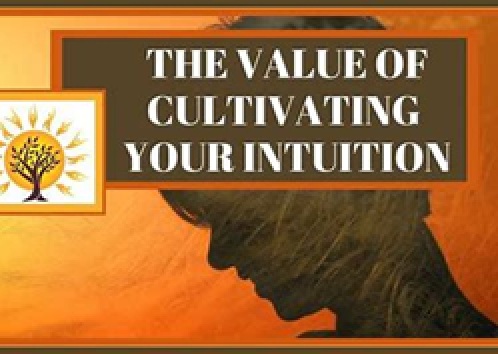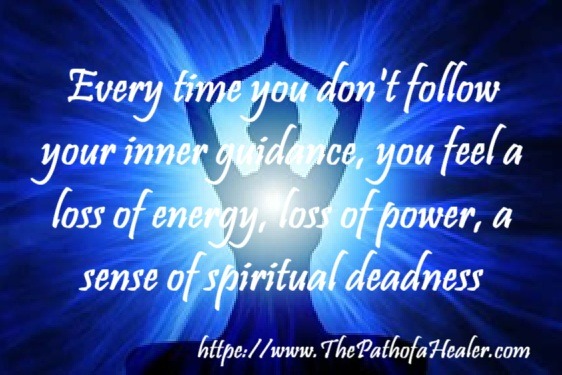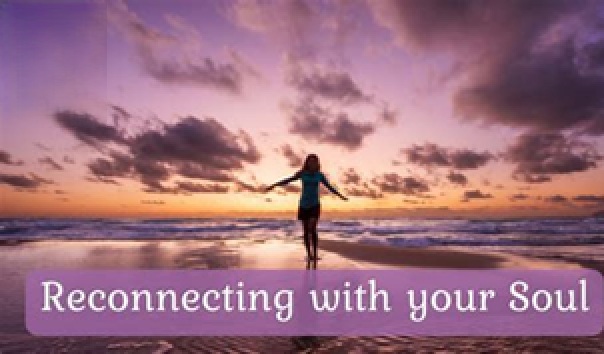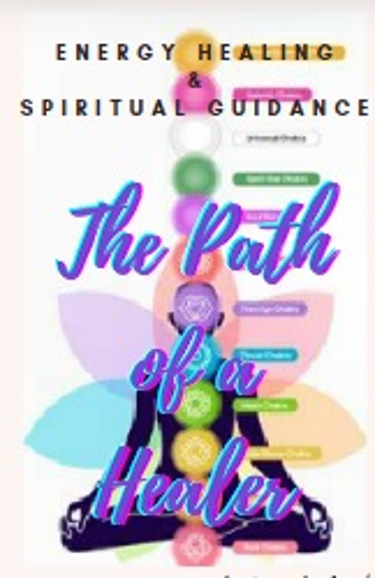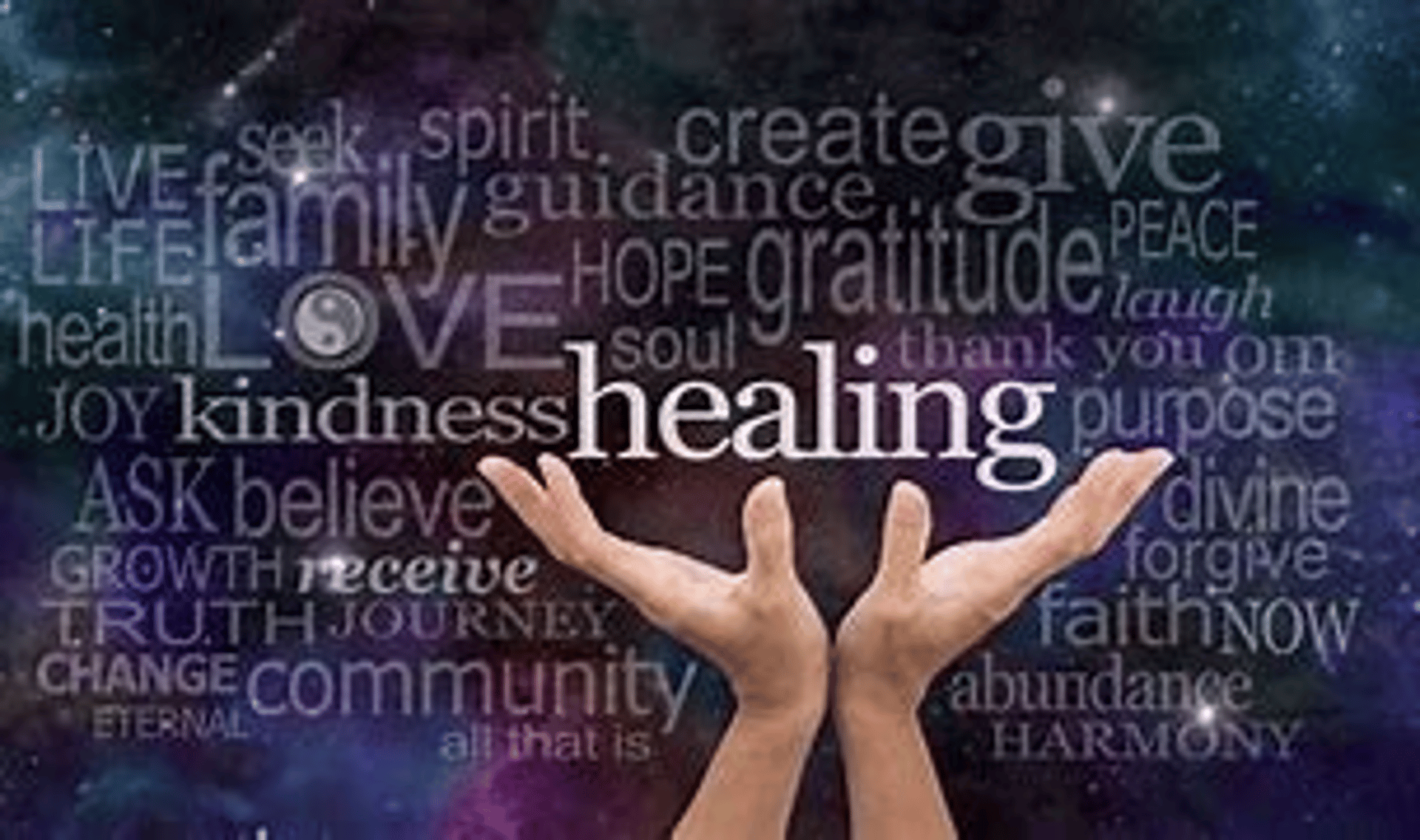
Spiritual Education
My journey has been a hard one. I have walked through hell and come out the other side a better and highly spiritual person. I have had interactions with spirits, angels, and aliens. My Personal Journey Page will discuss everything I have been through and My Personal Blog will discuss the insights that have made me who I am today- A Healer




A place to learn about being on a spiritual path


To discover our spiritual side means we are actively exploring and attempting to connect to something larger than ourselves. This is accomplished through several outlets like spending time in nature, meditating, taking time to reflect on our lives, interactions, and our values, beliefs, and what is truly important to us, connecting with like-minded individuals or groups, or engaging in spiritual teachings without regard to specific religious beliefs. In short, it is about finding personal significance and understanding beyond the material world.
Key aspects of discovering your spiritual side:
Self-Reflection: By taking time to reflect on your day and see what went well and what you would like to change you begin to see where your values are and what really is important to you. By reflecting on your beliefs, you move from a place of believing to a place of knowing what you believe in. Once you move from a belief to a knowing growth happens.
Mindfulness practices: Practices like Meditation, deep breathing, or practicing being in the now are all good ways to start discovering your spiritual side. There are many ways to practice meditation including traditional eyes closed trance like state of being. Often, we do things that are a form of meditation without realizing it. Like walking in nature and reflecting on the beauty and life all around us. Or golfing, doing dishes, or drawing. Nine popular types of meditation practice include: mindfulness meditation, spiritual meditation, focused meditation, movement meditation, mantra meditation, transcendental meditation, progressive relaxation, loving-kindness meditation, and visualization meditation. Not every form suits every person, so practice each and see which one resonates with you. Personally, I prefer guided meditations and find many on YouTube. To learn more on meditation visit: Meditation Styles
Connecting with nature: spending time in nature can improve your spiritual connection in several ways. One way is enhanced mindfulness, by spending time in nature it encourages mindfulness which is essential for spiritual growth. Being in nature and listening to the sounds of nature help you become more attuned to the moment. Another benefit of spending time in nature is that you unplug from devices and reconnect with your inner self. Taking breaks from our fast-paced technological world allows more time for self-reflection. Additionally, when you go out in nature you are participating in increased physical activity like hiking, gardening, or even a walk on the beach are all forms of moving mediation and often aid in lifting your spirit.
Nature has always had a form of healing energy as well; research shows spending time in the forest can boost your immune system and lower your blood pressure all while you are absorbing the positive energy from nature and clearing away emotional clutter and revitalizing your sprit. Nature also contributes to increased creativity which may be seen as a spiritual gift. Just thinking on all the patterns in nature can move and inspire one with new spiritual insights as you recognize the interconnectedness of all life forms. Spending time in nature can help you feel like you are part of something much bigger than yourself. This sense of belonging is vital as it is incredible grounding and natures rhythms can bring a sense of spiritual peace and acceptance helping you transcend personal issues and instill and sense of universal harmony.
The natural world operates on instincts and cycles thus spending time in nature helps you tune in to your own intuition. Studies show spending time in nature can actually increases problem-solving skills and creative thinking. Empathy is a cornerstone of spiritual growth. By observing the intricate dance in nature of its interconnectedness and how when a tree falls it feeds many other trees and how animals live in the trees and the fallen trees become safe places for them and the thousands of other interactions can help you become more empathetic. Studies show those who felt a connection to nature were also more likely to feel empathy for others. Finally, by incorporating your spiritual practices like yoga, meditation, or prayer into a nature setting you can amplify their effectiveness and adding an additional layer of spiritual energy making them even more portent.
Creative Expression: Creative expression for spiritual growth can include activities like journaling, painting, drawing, sculpting, music composition, poetry writing, dance, nature photography, crafting, storytelling, meditation with visualization, dream journaling, and even cooking or gardening, are all used as a means to connect with your inner self, explore deeper meaning, and express your spiritual experiences through tangible forms. The key aspect of creativity for spiritual growth includes intentionality, meaning that you approach your creative process with the intent of self-reflection and to connect with your inner spirit. For spiritual growth it is the journey of creation and exploration rather than the item produced. Allowing time and attention to your thoughts and emotions while you are creating leading to a deeper self-awareness. Incorporating imagery and metaphors to represent your spiritual experiences and insights.
Acts of service: Helping others and contributing to the community is another way we can grow spiritually. This can be through volunteering in the community, helping a neighbor in need, visiting the elderly, mentoring or tutoring, donating to charity, preparing meals for those in need, sending encouraging notes, or simply performing random acts of kindness for strangers, all with the intent of putting someone else's needs before your own and expressing your faith through action. This is seen through humble attitude in serving others, that recognition that everyone has something to offer, and you are not above doing the small tasks. It is actively seeking opportunities to serve others rather than passively acting. It means stepping out of your comfort zone to serve those whose needs are different than your own.
Exercise: Make a conscious effort to perform at least one random act of kindness each day. Help a stranger, send a thoughtful note to a friend, hold the door open for the next person and pay them a compliment, etc.
Explore different spiritual traditions: These practices can be religious or not with the goal of cultivating a greater sense of peace, wisdom, compassion, or connection with something greater than oneself. Several of these have already been mentioned like yoga, and mediation. Other ideas include prayer, chanting, fasting, taking a pilgrimage. Additionally, journaling, contemplation, reading spiritual texts, attending spiritual gatherings, and having a conversating with someone about their spirituality. Spiritual practices are intended to promote a deeper sense of connection and understanding of oneself, others and the world around us. They can assist in discovering the meaning of life and our purpose in it. Other benefits of spiritual practices are coping with stress and adversity, developing greater empathy, compassion and wisdom and to help us lead a more fulfilling and meaningful life.
Journaling: The process of writing down your thoughts, feelings, and experiences with the intent of gaining insights. Next to mediation it is one of the ways we can connect to ourselves, our goals, our dreams, and our shadow. Journaling boosts our self-awareness. It is a way for us to learn about ourselves and develop a relationship with our inner world. It can act as a buffer between us and the world helping us clarify our thoughts and feelings that may be difficult to express to others. It is our best friend, our confidant, a coach, lover, spiritual guru, and a path to our deepest parts. There is a wonderful article that discusses different types of journaling and several processes to choose from here: Guide to Journaling
Find a spiritual community: I cannot stress enough the importance of finding a group of likeminded individuals to support your spiritual journey. You are not alone in your journey. One thing the right spiritual community for you will do is to help encourage you and motivate you to be better. They will show you how to push yourself and expand your knowledge. Spirituality is an individual experience, and we tend to become isolative on our journey, but this is not necessarily a good thing as not only are others on the same or similar path, but they can offer insights and knowledge from their experiences. They can act as a sounding board for your insights and often will have had similar or even identical experiences to tell. Personally, once I found my group I felt less crazy and more validated. Your group could be relatives, friends, in person, online (STARSEEDS: Lost and Found on FB is my group).
You may not always agree on everything, but everyone is respectful, and kind and it has actually led to me writing this blog and actually talking with people about my journey. I have been so blessed to have so many share their stories with me as well and offer so much encouragement and love. That is what is needed for true spiritual growth, seeing others treat you as kindly as you treat others and knowing you are not alone on the journey.
When do YOU feel most connected to your spirituality? Is it during a walk in the woods, a quiet moment in a sacred space, or perhaps in connection with others?
Be sure to share your insights using the form provided.
And remember… There is no right or wrong here!
Let's embark together on a journey to uncover the spiritual essence that unites us all in this vast and mysterious cosmos!
#SpiritualJourney #InnerUniverse #ConnectWithNature #EmbraceSpirituality #DiscoverYourself
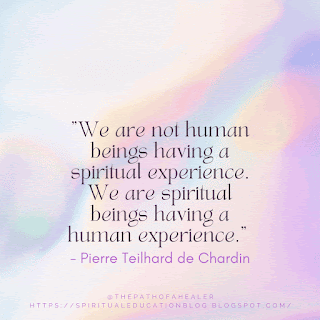

Quote: "We are not human beings having a spiritual experience. We are spiritual beings having a human experience." - Pierre Teilhard de Chardin

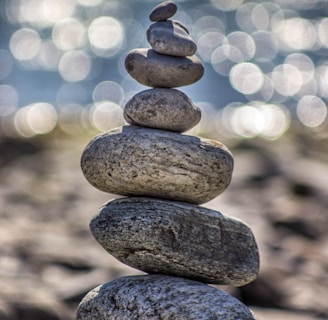



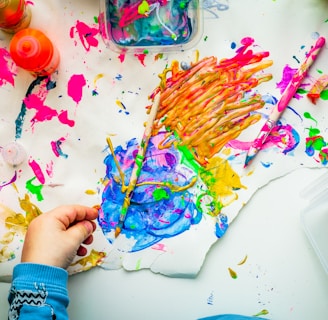
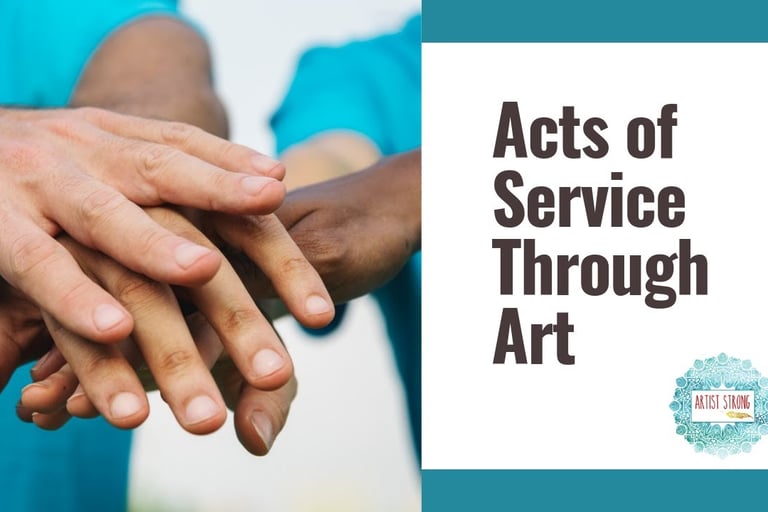







1. Discovering Our Spiritual Side
Within us lies a spiritual universe, just waiting to be explored! Whether by reading spiritual texts, meditating, or simply being, our spiritual side connects us to the world in profound ways!
Spirituality is a journey and like many journeys in life, everyone’s path can and will be different. For some, comfort and well-being are found through traditional religious law and tradition while others it is a more eclectic path of a blend of practices of many faiths. Like many paths there are twists and turns that must be navigated and may ever alter your direction as you learn more about what is important and uplifting for you. Spirituality is most commonly thought of as a way to connect to the world and the people within it. When you invite spirituality into your daily life positive attributes can be noted like improved health and well-being. By practicing daily, no matter how small, you can increase comfort, create healthy lifestyle habits, and set positive intentions each day.
How to incorporate Spirituality into our daily life
Starting on a spiritual journey doesn’t have to be complicated. It isn’t about religion; it is about finding ways to take care of your soul through spiritual practices. Start small by trying to incorporate moments of mindfulness or meditation into your daily routine. Set aside a few minutes each day to practice your spirituality even if it is only 5 minutes a day to start. It is also a good idea to take a few minutes in the evening to journal about your day. Make it a priority so that you do it every day.
Examples of daily spiritual practice
Set a daily intention to be more kind, compassionate, and non-judgmental
Spend a few minutes practicing a mindfulness meditation, focusing on your breath and thoughts
Practice Gratitude, note down things you are grateful for each day
Practice random acts of kindness and give back to your community
Set time to do spiritual reading
Meditate for a few minutes daily
Participate in a spiritual group
Practice Yoga
Take a walk in nature
Create art, sing, or dance
If you are religious observe holy days and attend church
Journal about your day and reflect on what insights you have
How to practice Spiritual Mindfulness
Non-judgement- It is easy to mistake your spiritual journey as a way to compare yourself to others, or to feel superior to those less mindful than themselves. This contradicts what spirituality is. When starting your journey be mindful of how you interact with others, even when you’re not directly interacting with them. Strive to be less critical and compare, less, and actively strive to not put others down or speak negatively about them. Non-judgement begins with the understanding that every person is doing their best at the time.
Kindness- Like not judging others, kindness is a simple act that can make a world of difference. It is easy to be kind to those you like, but true kindness is demonstrated to everyone, not just those who make it easy. It is especially important to be kind to those who are hurtful to you. People who hurt others are often the ones who need the kindness the most. Setting a daily intention to be kinder is a great step in starting a spiritual life.
Compassion- It can be difficult to step back from your own emotions and take into consideration the emotions of others. Compassion is the active ability to put yourself the shoes of another. It means you see where the person may be coming from, even if it is not how you would deal with an issue. Give the benefit of the doubt, feel the pain of others, always try to choose compassion over resentment.
Check your anger- A big part of leading a spiritual life is understanding the impact your emotions have on yourself and others. Anger is one of the strongest emotions we experience. Anger can rise at any moment. If little moments in life make you angry, try taking a step back and assessing why you are feeling that way. Anger can consume your life, and the most important step in releasing your anger is awareness.
Let it go- Resentment can eat away at you. It is easy to get offended or upset with people. Social media is a great platform for connections, but also for disagreements and unkind words if not left in check. When you do find yourself upset, it can be hard to get those emotions back in check, and often feels easier to hold a grudge. Spirituality means that you may not understand a situation you find yourself in, but you understand the spirit world, there is no real difference between you and that individual. Take the high ground, truly forgive and meaningfully let it go. I personally struggle with this and need to practice it better. Just the other day I had someone call me out for not being as kind as I should have been. I was grateful to that person and deleted my post and let it go after sending a thumbs up to the person who called me out.
Your words- Life sometimes feels out of control, the control you do have is in the words that you use. It is easy to blurt out what ever is on your mind to only regret it later. Mindfulness is a huge aspect of living a spiritual life. When you are conscious of your words, you will gain better control and understanding of the situations around you. Work choice can affect your ability to be kind, compassionate, and non-judgmental. Words have the power to bless or curse another living being, so with great power comes great responsibility.
Truth- Being conscious of your words, showing compassion, and all these other elements does not prevent you from being you, or that you must refrain from being true to yourself and others. We live in a world where Social media and other platforms allow many to not like their most authentic life, when comparing it to others. To embrace spirituality is to embrace yourself. Be authentic and speak the truth, even when it is difficult. You should be your authentic self, regardless of what others may think or feel.
Generosity- Both traditional religious practices and newer senses of spirituality have the common theme of genuine generosity. This is the ability to give with no expectation of any return. It does not have to be physical or material. Giving your time and attention may be all it takes to make someone’s day better.
Spirituality is all about focusing on growing positivity in a world filled with negativity. It’s about taking care of your mind, body and soul. It’s knowing that you can’t take care of yourself or others if you don’t include spirituality in your quest for health and wellness. Spirituality is a unique journey, and it begins with you. Daily spiritual practices have been proven to have numerous positive benefits on your overall health and well-being. A higher level of spirituality can create stronger bonds within yourself and with others. Spirituality is all about how you connect with the world, how you appear in the world, and how you treat those around you.
As you can see, starting a spiritual life doesn’t have to be complicated. It starts with your daily intentions of how you want to approach the world. Taking a moment to focus on being more kind, to show compassion, to interact without judgement, are all amazing ways to start down your spiritual path. Join me in this transformative journey of spiritual awakening - together, let's cultivate a life filled with purpose, joy, and a deep sense of spiritual connection.
💫 How do you plan to infuse spirituality into your day today? Share your reflections and experiences
Hashtags: #DailySpirituality #SpiritualConnection #InnerPeace #SacredMoments #EmbraceTheMagic
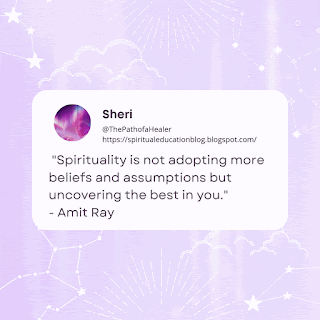

Quote: "Spirituality is not adopting more beliefs and assumptions but uncovering the best in you." - Amit Ray









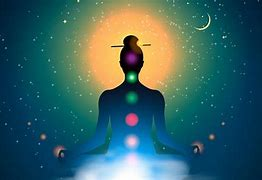

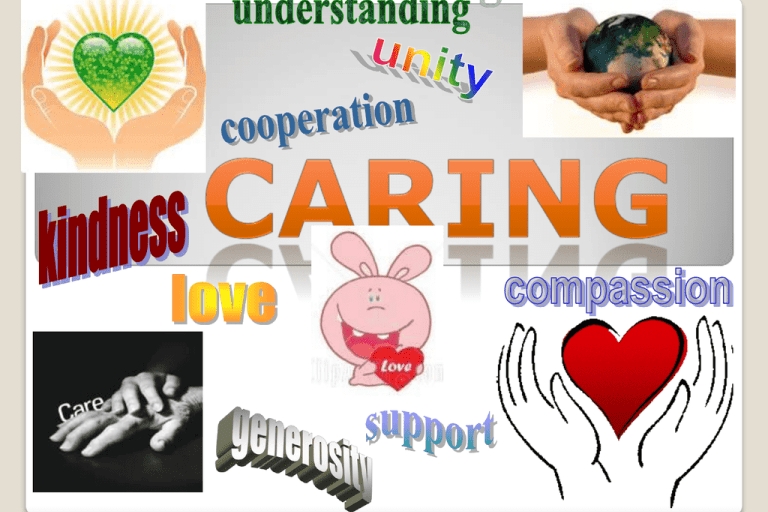

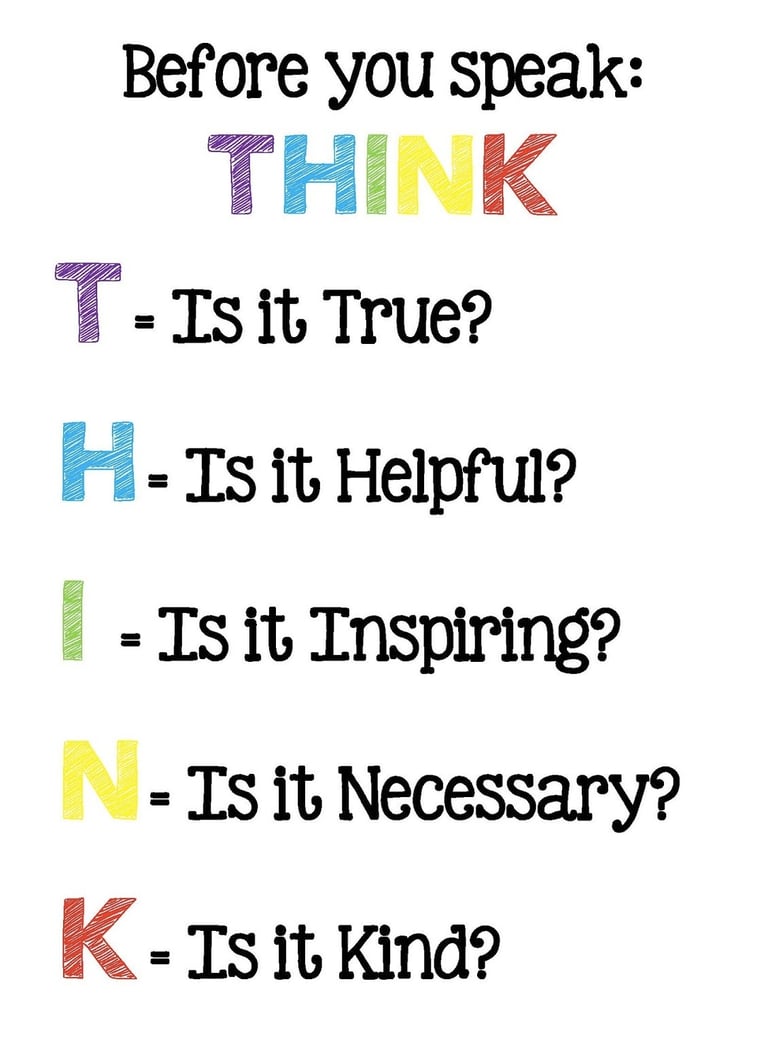





2. Integrating Spirituality into Daily Life
Embrace the sacred in every moment! It's time to break free from the old ways and start infusing spirituality into our day-to-day experiences. Let's make our lives a sanctuary of peace, where each breath is a reminder of our connection to something greater than ourselves.💫
Take a moment today to breathe in the magic of the present moment, allowing yourself to feel the divine energy that flows within and around you. 🔮
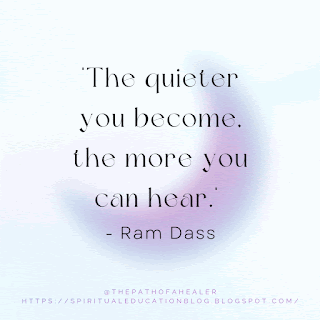

3. Reconnecting with Ourselves
Whatever your reason for deciding to live a more spiritual life, whether you have experienced an awakening or just want to feel more connected to something larger than yourself, it is a journey that lasts a lifetime. It is not a journey you can't really stop either. If you are new to the spiritual journey you may be asking how does one even begin to walk a spiritual journey. To this there are many answers as there are many paths and every person will have different needs for their personal journey. So the main answer is by trial and error to find what works for you. Here are a few ways you can try to begin strengthening your spiritual core and building that connection to your deeper self.
Ask Yourself the Important Questions, Over and Over Again
Have your ever asked yourself a question that really doesn't have an answer? People do not like looking into the face of the unknown, we go months, even years without addressing questions that confront our path even if we know our path is not taking us to our best self. Try asking yourself these questions:
Who am I?
Why am I here?
What is the value of my soul?
What makes me feel fulfilled?
What is the meaning of my life?
How can I improve?
Continue asking yourself these questions, becoming spiritual is a life long process that needs constant refinement.
Practice the technique know as the "Five Senses" to Live in the Moment
This means not living on autopilot but learning to live in the moment. Our lives are so busy and fast paced we have learned to tune out most of what we are sensing because we are not truly present in our lives. Because of this you must train your body to become aware again.
Try the Five Senses Technique
Step back from your current thoughts and tune into your senses. In your mind, list down:
5 things you see
4 things you feel
3 things you hear
2 things you smell
1 thing you taste
Do this a few times a week and you will notice feeling much more connected with your body than you do now. Try journaling after the exercise to track your progress.
Review at the End of Each Day - After spending weeks at a time on autopilot, connecting with your spirituality means learning to truly be present again. It isn't something you can just turn on and off like a switch, it must be relearned and retrained within ourselves. One way to retrain ourselves is by noticing your thoughts, your behaviors, and your actions every day.
Full Recap At the end of each day give yourself a full recap of what you did, how did you spend your hours, your minutes, and everything you felt, why you felt that way. Connect with yourself intimately, question and evaluate why you spent your time the way you did. This will help you learn to value your time and be careful with your precious minutes allowing you to live more each day than you do now. Try journaling these sessions to track your progress.
Embrace your flaws, Let go of Ego - We have an ego self and a spiritual self the spirit links us to the rest of the universe and the ego traps us within ourselves. The ego wants to feed itself, inflate itself, make everything about itself and has no care for a spiritual bond. Becoming spiritual means letting go of the ego. To lead a spiritual life you must break out of the cycle in which you feed the ego, prioritize the ego, and defend your ego. This means allowing yourself to acknowledge and recognize you own flaws, something your ego hates doing. Learn to love every part of who you are, embrace looking at you real reflection, imperfections and all.
Ignore the Mind Games - An unavoidable part of our lives are mind games. People tend to be subtle so mind games are things you will always have to deal with unless you live like a hermit. Don't let the office gossip get to you, ignore it. These things that bother your ego, don't affect your true, spiritual self. Being one with your spiritual self means forgetting the meaningless concerns that others attempt to inflict on you. Be you and live for you, not for them.
Start Your Day With Intention - When you wake up in the morning ask yourself: What are my intentions today> What do I want to accomplish today? This will allow you to truly live each day to the fullest. Without direction or goals in mind, your thoughts will feel fleeting rather than pointed. Being a spiritual person may feel like you should live aimlessly but will lack the proper foundation to build a true connection with your spirituality. It is important to understand your intentions. Figure out what you want to do each day. Your daily goals do not have to be life changing or huge. It can be as simple as setting a goal of meditating for 15 minutes at 7 am. Giving yourself a direction to push forward by setting and following your intentions.
Discover Your True Spiritual Journey - Every person's Spiritual Journey is their own so it is important to find your true path. Unfortunately their are many people who will try to tell you your path. Unfortunately their is manipulation by some guru's and experts and they don't always have our best interests at heart. Some ever twist spirituality into poisonous even toxic teachings. No one should tell you how you practice your spirituality you should try the practices recommended and decide which ones that resonate with you.
Accept Life for What It Is - The world is what it is. The Serenity Prayer says it best:
"Lord, Grant me the strength to accept the things I cannot change, the courage to change the things I can, and the wisdom to know the difference."
This poem describes perfectly what it means to accept the world without letting it roll over you which is important for a spiritual person to understand. This means you do not have to live passively, accepting the world cannot be changed but that you need to know when to act and when not to act by understanding the difference between what you can and cannot change. So don't let the world push you around but at the same time don't concern yourself with issues you have no power to change. If you can find the balance between the two and you will succeed spiritually in everything your so.
Feed Your Mind - Besides Meditation there are few things more important than reading to help you connect with your spirituality. The power of a good book filled with knowledge that takes you to another place with nothing but your imagination is unmatched. Reading takes an active effort, unlike watching movies or playing games, and demands your attention while you breathe in, making much more beneficial for the mind. Feed your curiosity and learn everything you want to learn from books. You don't need a school or class to learn to connect deeper and walk your journey, everything is available to you if you truly want it.
Meditate At Least Once a Day - Meditation is the key to spirituality, for some even a 15 minute a day commitment is too much for many. Understanding and connecting with spirit means letting go of the body, although projecting oneself from the body consciously is unlikely, we can treat ourselves as if the body doesn't exist, through stillness, chanting, and meditation for just a few minutes a day.
Exercise: Every day, set 15 minutes aside to sit in a comfortable quiet spot with no distractions or disturbances and meditate. Breathe in and out and focus on your breath, forget your concerns, and rest without falling asleep. Now listen to the sound of your heart.
Remember to Incorporate Playfulness in Your Life - Don't be so serious. Nothing in our physical world will last, so why act like it is the end of the world when something goes wrong. Learning to let go of emotional reactions and experience even the most stressful and intense situations with a level of playfulness will confound those around them. Live life with a light heart and a smile and remember your time in the world is brief moment in the grand scheme of things. If you can you can zoom out of your troubles and problems in the current moment none of it means anything. You are a spiritual being living a human experience so make the best of it and laugh.
Look For the Signs - Your spiritual path will give you access to the messages from the universe. Be watch for the signs. The more you connect with your spiritual self over the next few weeks and months, you will get closer to tuning into the frequency of the universe understanding the language it speaks. Your will see and hear things other people don't. Don't ignore those signs, it could be a song lyric answering a question you have or seeing numbers like, 111, 222, 333, etc., or a video popping up on your feed that resonates with what you are experiencing at the time. You may feel sparks or tingles or get gooseflesh letting your know you are receiving a message, don't let it pass without breathing it in. Hear what the universe wants to say to you, let your spirit do the listening.
The most important thing to remember while walking you spiritual path is follow what resonates with you and be cautious of people who tell you their way is the right way. 👉 Take a moment today to reflect, meditate, or simply breathe. 🌬️✨ Embrace the stillness within and let your intuition guide you towards your greater good. 🌸💫
🌿✨ Ready to reconnect with yourself? Share your experience in the comments and let's inspire each other on this journey of self-discovery! 💬💖
#SelfConnection #InnerGuidance #FindPeace #QuietMind #Intuition #SelfReflection #InnerPeace #Intuition #Mindfulness


Quote: "The quieter you become, the more you can hear." - Ram Dass
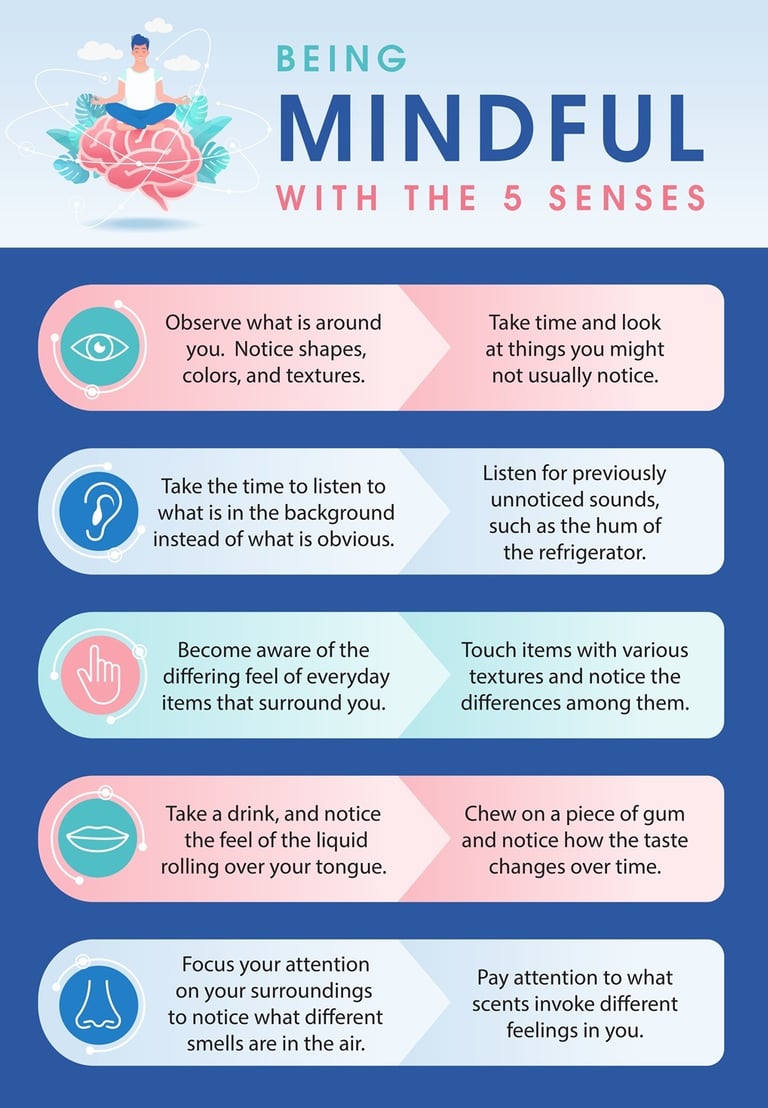



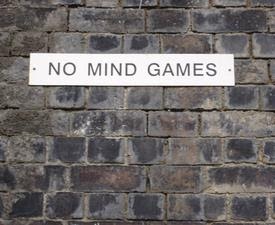

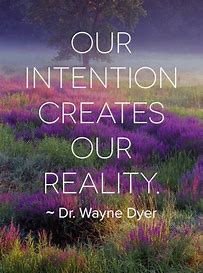

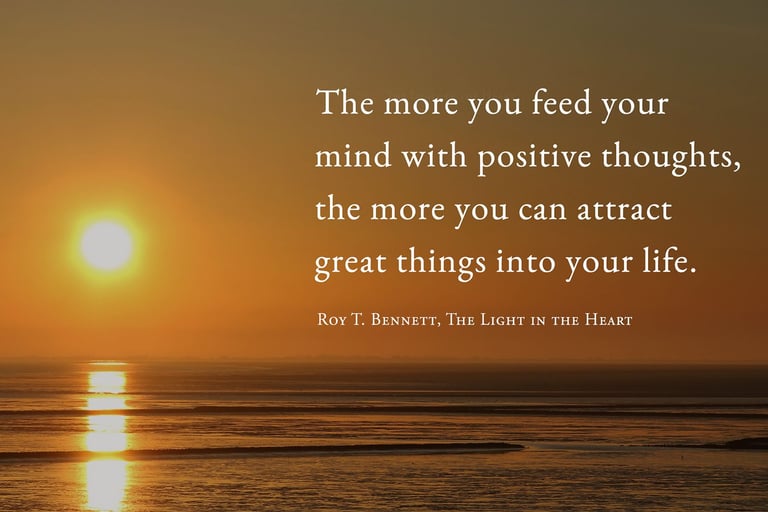

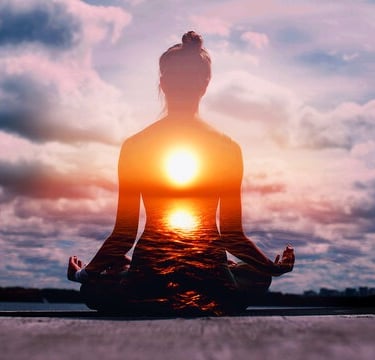
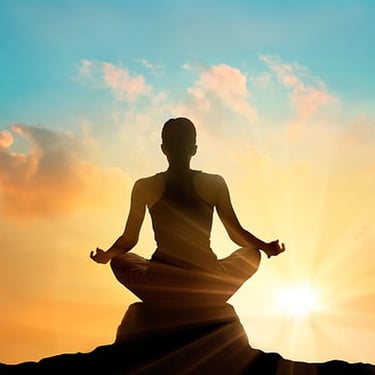
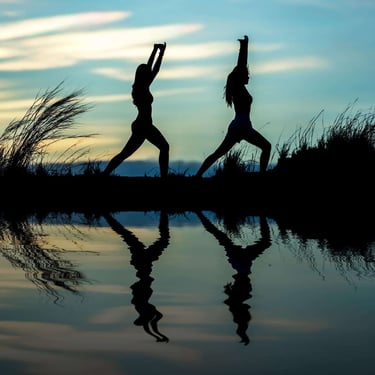



In today's world of non-stop connection, it's easy to lose touch with ourselves!📱 Let's pause for a moment, reconnect with our inner selves, and embrace our spiritual guidance. 🌟 Finding that inner peace is the key to balance amidst the chaos. 🧘♂️✨
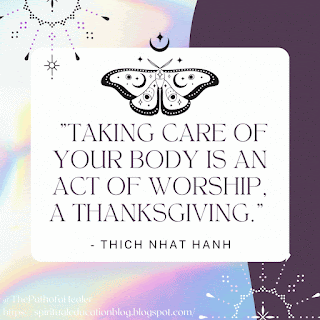

4. Soul-Body Connection
Now that you have decided to seek that deeper connection between your physical self and your spiritual self, let’s explore the connection between body and soul. People have been fascinated and intrigued by the concept of spiritual energy for centuries. Th latest research and insights by experts in the scientific community attempts to explain the intricate ways in which our physical and spiritual selves interact. There are currently numerous books on body mind connection and even an entire field on the subject called psychoneuroimmunology. This evidence discusses the role of neurotransmitters in influencing our emotions and even our physical illnesses. Additionally, they have studied the impact of meditation on our brain chemistry. Understanding scientific evidence can unlock the potential for our personal growth, self-discovery and emotional wellbeing. Let’s explore this profound connection between our physical bodies and our spiritual essence and uncover how this understanding can enhance our lives in profound ways.
What is Spiritual Energy
Spiritual energy is a force that permeates all living beings and connects them to a higher power or consciousness. Although explained by various spiritual traditions as a subtle vibration or frequency that can be felt within the body and around the body. Spiritual energy had been a central concept in many ancient traditions and religions and is now having light shed on its existence and influence by modern science. In recent studies it has been noted that spiritual energy is closely tied to our emotions, thoughts, and overall well-being. Energy flows through our bodies influencing our physical and mental states. Recognizing the science behind this energy can help to harness this energy and unlock our true potential.
Physics has shown that everything in the universe, including quantum physics, is energy. Spiritual energy has all possible frequencies from low to very high. Science has found that the energy the universe is made of 12 major dimensions (although some authors have discussed up to 27) of frequency from 1D to 12 D (D= Dimension) where we are at 3D vibration as humanity. Energy is everything, it is sometimes called spiritual energy. Spiritual lore generally calls spiritual energy the higher frequencies above the material world, typically frequencies between 4-12D range.
Spiritual Energy, the Science
Our body and soul are intricately connected with each influencing the other in profound ways. Our physical body carries us through life while the soul is the essence of who we are, or the part that is connected to something greater than ourselves (call it God, Universe, Higher Self, etc.). Scientifically, this connection between the body and the soul is explained through various mechanisms like the role of neurotransmitters or the chemical messengers in the brain that transmit signals between nerve cells. These neurotransmitters play a crucial role in regulating our mood, cognition, and overall mental well-being. Emotions we feel and events we experience all belong to a movement of energy inside us that changes in our mood and attitude toward everything around us, so toward our reality.
We are energy and energy is everything. Our emotions or situations we experience can cause a blockage in our energy, we can get ill. While spiritual energy may seem intangible and elusive, there is scientific evidence to support its existence and influence. Quantum physics is one area in science that sheds light on the nature of energy by studying the behavior of particles at the atomic and subatomic levels, proving a world governed by energy and vibration. Quantum physics shows everything in the universe is made up of energy, including our bodies and thoughts. It goes on to show that energy vibrates at different frequencies, and that spiritual energy is believed to operate at a higher frequency than physical energy. This higher frequency is what allows spiritual energy to transcend the limitations of the physical world and allows us to connect to something greater. All energies beyond the physical ones are just a manifestation of this spiritual energy. For example, kundalini energy is part of this spiritual energy and belongs to our body’s frequencies.
The Impact of Spiritual Energy on Health and Well-being
Research has shown that individuals who engaged in spiritual practices like meditation and self-reflection had lower levels of stress and anxiety. This was thought to be due to the calming effect of spiritual energy on the nervous system. Another study showed that individuals with a strong sense of spirituality experienced faster recovery and better overall health outcomes. This research suggests that spiritual energy can have a profound impact on our physical bodies and promote healing and well-being.
Spirituality and Holistic Healing
Holistic healing approaches health by recognizing the interconnectedness of the body, mind, and spirit. It seeks to address the root cause of the illness rather than just treating the symptoms. Spiritual energy is often used as a tool to facilitate healing and restore balance to your energy system. There are many forms of energy healing modalities that can be used to harness spiritual energy by balancing the human energy system (can be done on animals as well). This is done by the energy worker allowing energy to flow through them into you to promote relaxation and healing. It can be done in person or at a distance. The practitioner channels spiritual energy to remove the blockages and restore the flow of vital energy to the person.
How to Harness and Balance Spiritual Energy
There are various techniques you can use to balance your spiritual energy for yourself:
Meditation- This is one of the most powerful tools for connecting to our spiritual self and accessing higher states of consciousness. When we quiet our mind and focus our attention inward, we tap into the infinite well of spiritual energy that resides within us.
Breathwork – Another way to connect to our spiritual energy is through the use of breathwork. Consciously controlling our breath allows us to regulate the flow of energy within our bodies and bring ourselves into a state of balance and harmony.
Spiritual Practices – Tai Chi and Yoga are two examples of spiritual practices that incorporate breathwork and movement to promote the flow of spiritual energy.
Grounding – This allows us to reconnect to Earth’s energies providing us an exchange of unwanted energies with fresh energy. Kundalini energy is a form of Energy from the Earth that keeps us alive every moment of our lives.
Self-care strategies – Taking care of ourselves, or our temple as the body has been called, is another important way to reconnect with ourselves on a spiritual level. Are we eating foods that are light and of high vibration or eating junk food. What foods help us feel more energetic vs sluggish and lower vibrationally. For some meat can cause blockages while another gets energy from meat and get unpleasant symptoms for foods like gluten. So pay attention to what you put in your body and how it makes you feel.
I cannot tell you what is going to be the perfect path for you. It is something you must try and see what helps you feel more connected to your spiritual energy. You have the power to write the story of your life's journey!🖊️And each day you have a new opportunity to write that story. Embrace who you are, let your light shine, and brighten the world around you! You got this!✨
#SoulBodyConnection #SelfCare #BalancedLife #WellnessJourney #Empowerment #YouHaveThePower
References:
https://www.bodyandsoulascension.com/spiritual-concepts
https://scienceexchange.caltech.edu/topics/quantum-science-explained/quantum-physics
Clin Psychol Rev. 2011 May 13;31(6):1041–1056. doi: 10.1016/j.cpr.2011.04.006
J Behav Med. 2011 Jul 13;34(6):409–413. doi: 10.1007/s10865-011-9370-4
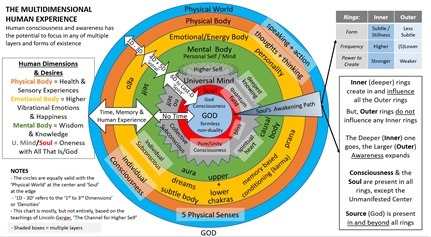

Quote: "Taking care of your body is an act of worship, a thanksgiving." - Thich Nhat Hanh


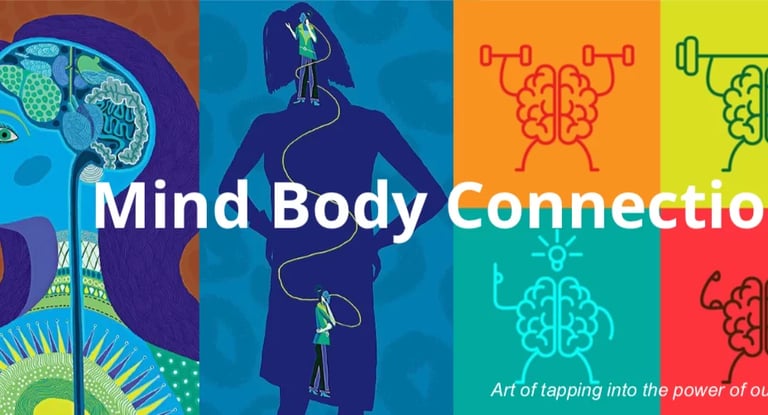



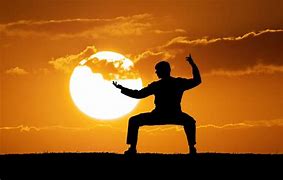


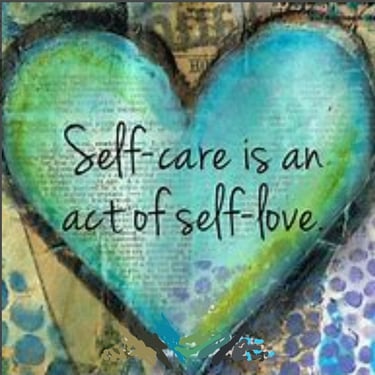
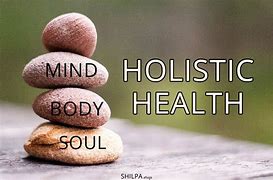

🌟Let’s get your day started off right! 🙌 Here are four simple steps you can take today to nurture your mind-body connection and improve your overall well-being!
1. Start by fueling your body with a balanced diet rich in nutrients, keeping your energy levels high and your mind sharp. 🍎
2. Add some movement to refresh both body and mind, whether it's a morning yoga session or a sunset walk. 🧘♂️
3. Stop scrolling and take 10 minutes to express your true self through creative outlets that ignite your passion and bring joy to your soul. 🎨
4. Remember, it's okay to ask for help when you need it; strength comes in reaching out! 🤝
5. Spirituality Beyond Religion
Spirituality goes beyond religion as it encompasses your individual belief and personal experiences, our search for meaning, purpose, and interconnectedness, our quest for self-discovery, and the search for life's big questions.
Many people hear spirituality and either automatically associate it with some religion or think the person is "One of those People." But many of us are on a spiritual journey even if we do not ascribe to any form of religion. It is a personal journey of self-discovery, self-awareness, connection, and a sense of meaning outside of religious institutions.
Understanding Spirituality Beyond Religion
Unlike religion, spirituality does not rely on formal doctrines, rituals, or places of worship. It is a personal and evolving experience helping form a deeper connection with yourself, others and the world around you. This is not saying if you are religious, you will disown your faith or belief system. Instead, you are foraging a way of life that aligns with your values and experiences. Leading a spiritual life is about paying more attention to what feels right for you rather than an outlined code of conduct.
The Core Elements of Spirituality Outside of Religion
The Core ideal of spirituality is that it encourages self-discovery. It incorporates practices like mediation, journaling, and self-reflection to allow you to take time to reflect on what is on your mind, your emotions, and experiences. Doing these things helps you better understand yourself and promotes personal growth. For many non-religious seekers, nature provides a way to experience solace and significance. Spending time in nature also provides you with a way to ground your energy and often instills a sense of awe.
Non-religious spirituality tends to focus on universal values including compassion, kindness, gratitude, and love. These qualities are beyond religious doctrines that tell you how to live your life. Without organized religion spirituality becomes highly individual. Through trial and error, you find the practices that help you the most and incorporate them into your daily routine. This could be things like lighting a particular color candle or incense while you meditate, practicing yoga, taking a walk in nature every day, or even just taking a few quiet moments to reflect on your day.
Benefits of Being a Spiritual Person
There are unique advantages to being a spiritual person. It contributes to your emotional well-being. Spiritual practices help reduce stress, anxiety, and negative emotions. The practice of mindfulness and meditation promotes a sense of calmness and builds emotional resilience. Finding a sense of purpose that is defined by you for you increases your sense of self-worth. Spirituality can be a quest to find the meaning in your life or a sense of transcendence apart from a religious framework. It may even lead you towards discovering your passion and defining your values that you want to live by. If the religious traditions are not constraining, you there is freedom to explore various spiritual concepts and practices. This may allow you to chart a path that is truly your own.
Non-Religious Spiritual Practices
Meditation- a foundational element of being spiritual but not tied to religion. It is a way to quiet the mind and deepen self-awareness. Mindfulness is another practice very similar to meditation as it promotes a sense of appreciation for the little things in life by encouraging you to focus on the present moment.
Creative Expression - Writing, Art, Music, and other creative outlets are potent spiritual mediums. These types of activities allow you to channel emotions, explore your thoughts, and connect with something greater than yourself.
Movement and Breathwork - Physical practices like Yoga, tai chi, Qigong, dance and even walking mediation integrate the body and mind. Breathwork further deepens this connection and promotes relaxation.
Gratitude Practices - Cultivating gratitude helps shift your focus to the more positive aspects of your life. Writing down three things you are grateful for each day is a simple and effective way to develop this habit.
We are each individuals with our own experiences and values which means you decide what being a spiritual person looks like for you.
Myths About Spirituality Not Tied to Religion
Being spiritual is not about bashing religion and many misunderstandings arise from this misconception. Being spiritual sans religion does not condemn one’s faith or others who are religious, it has more to do with finding a path the resonates with your inner being and your uniquely singular beliefs and experiences. It is not less valid than religion. Spirituality without religion is as meaningful and can be a transformative journey just as that of religion. It is personal to the person who chooses to live a spiritual life.
Many have left religious organizations not because they chose a spiritual path but because the people in those religions do not walk a spiritual path. They judge others without even knowing them and condemn them for things they do not understand. While many more practice religion and walk a spiritual path. To me being a spiritual person means I try to be kinder, more compassionate, and do what I can to help others.
How to Begin a Non-Religious Spiritual Journey
Starting on your spiritual journey without religion does not have to be complex. Here are a few ideas to get started.
Define what spirituality means to you? - Take some time and reflect on what spirituality means to you. Is it inner peace, connection, or personal growth? The definition you decide on is what is going to drive your journey.
Try out various practices- Try the different practices like Yoga, Meditation, Mindfulness, Journaling. What feels natural and fulfilling for you?
Be open to growth - Your spiritual journey will likely change over time. Be open to exploring new thoughts and adjusting your practice as you learn and grow.
Find people like you - Join communities of people who share an interest in being spiritual. They can be a great source of support and encouragement for you. They keep you motivated and will give you a deeper understanding. They will likely share similar stories, so you don't feel like you've become "one of those people".
Final Thoughts
Being spiritual, not religious, has more to do with your own personal and flexible journey. It is a way to find meaning, purpose, and connection that resonates uniquely to you. Nurturing a meaningful spiritual life is achieved through meditation, connecting with nature, and/ or gratitude practices. There is no right or wrong way to be a spiritual person. The beauty of this path is in its freedom and individualism. Embrace it, go with the flow and let it happen to you.
Embarking on this journey of self-discovery and consciousness allows us to tap into our inner wisdom and align with our higher purpose. It invites us to question, reflect, and embrace the mysteries of life with an open heart and mind. 💜
So, what does enlightenment mean to you? Share your thoughts in the comments! 🌟
#SpiritualAwakening #Consciousness #InnerJourney #SelfDiscovery #Awareness #PersonalGrowth #TranscendBoundaries #HigherPurpose #Enlightenment
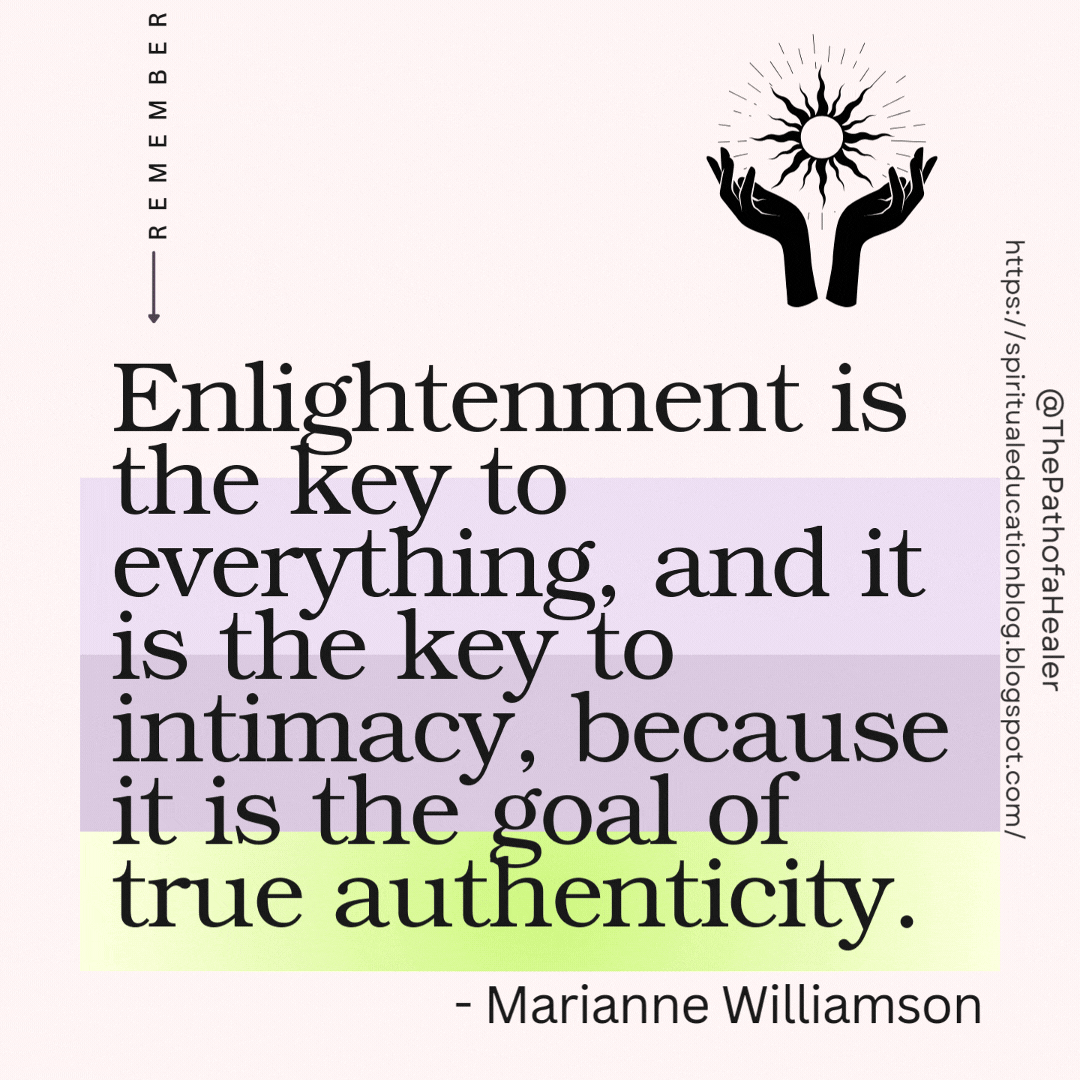

Quote: "Enlightenment is the key to everything, and it is the key to intimacy, because it is the goal of true authenticity." - Marianne Williamson
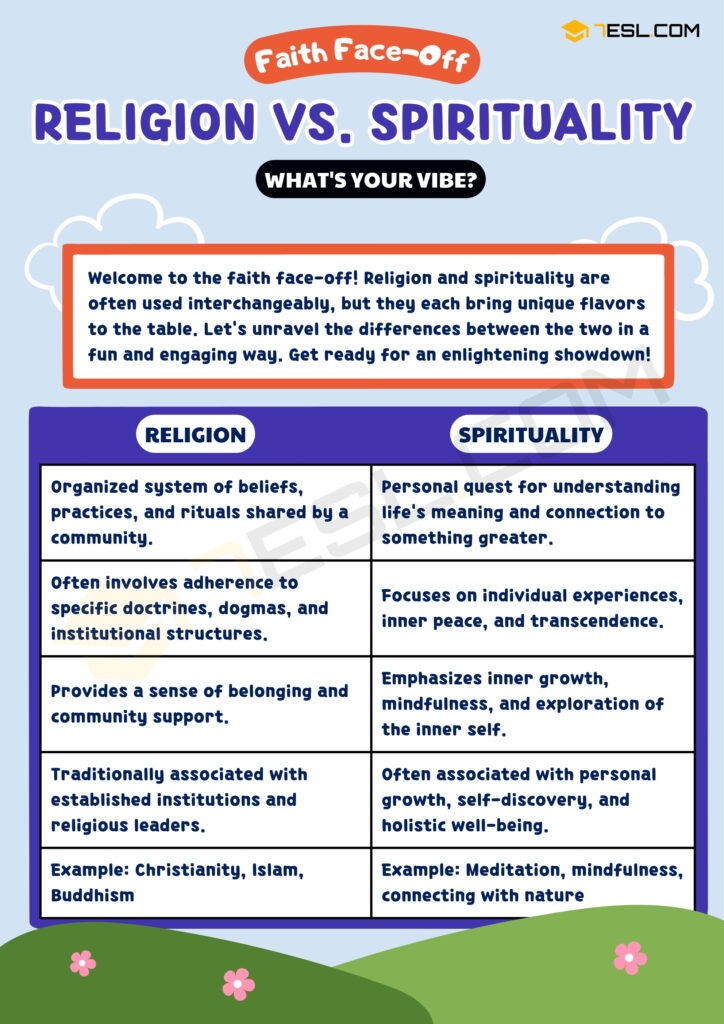

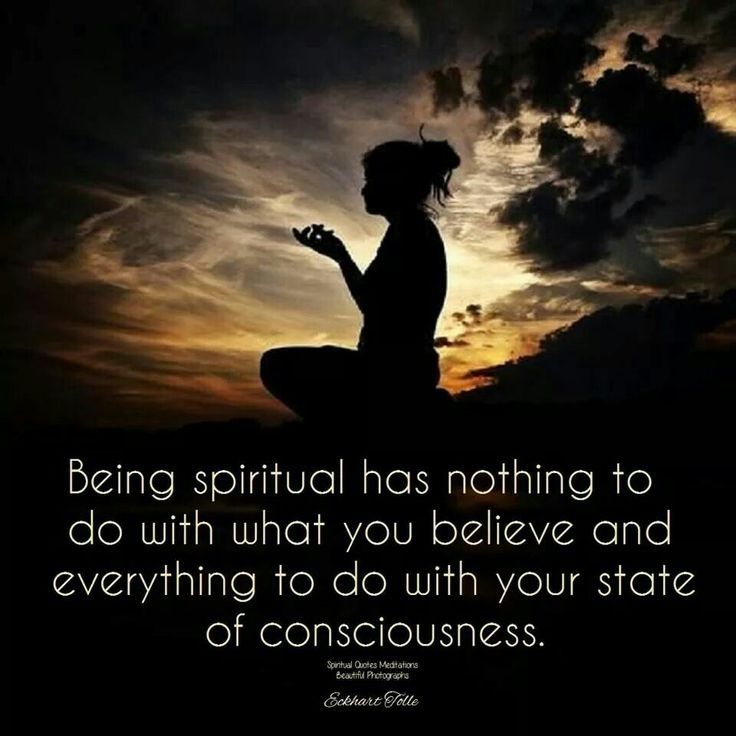




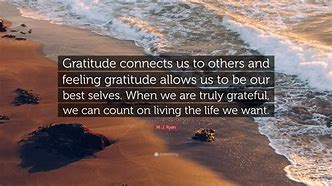
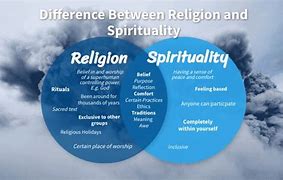

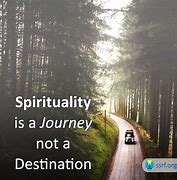

The path to enlightenment is a deeply personal experience that goes beyond the confines of any one religion or belief system. It is an inner journey that leads to heightened awareness and a deeper understanding of our true nature.🙏
This awakening can manifest in many ways, from a profound sense of peace and connection to the Universe, to a transformative shift in how we perceive ourselves and the world around us.✨
6. Intuitive Guidance
In times of uncertainty and challenges, nurturing a deep bond with our inner compass can serve as a source of solace and guidance. 🌟 Let's embark on a journey to embrace the wisdom within us, to trust in the unique gifts our souls offer. 🌈✨
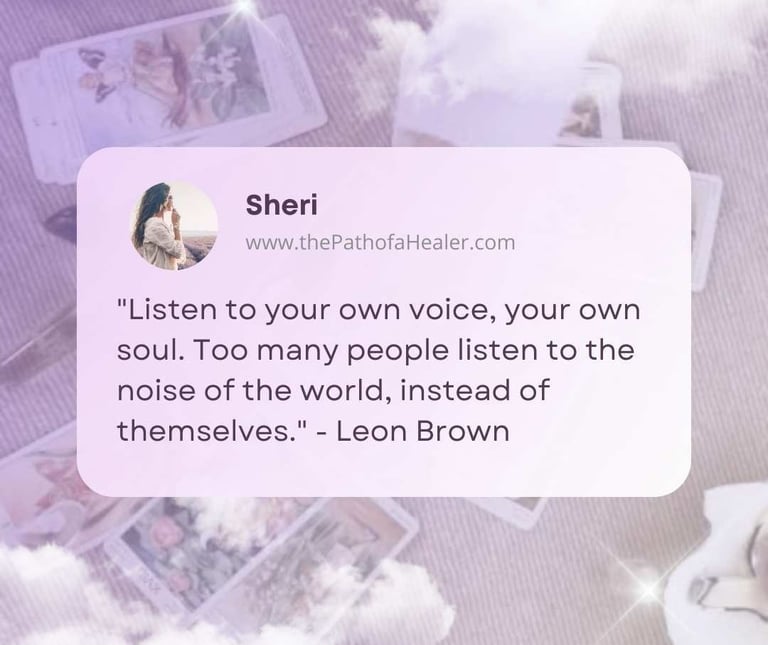

Quote: "Listen to your own voice, your own soul. Too many people listen to the noise of the world, instead of themselves." - Leon Brown
Spiritual growth in unique for every person, depending on their personal beliefs, experiences, and the intrinsic understanding of oneself and the universe. Intuition is the guiding light in this complex landscape of the individual journey. Let's explore the role of intuition in spiritual development, looking at insights, practices, and reflections on how to harness the power of your inner voice. Even those of us who have been on the path for a while can feel lost or unsure of our path at times. Intuitive guidance provides a sense of structure to our spiritual journey.
Understanding Intuition
Let's start by defining Intuition:
According to Oxford dictionary intuition is
the ability to understand something immediately, without the need for conscious reasoning.
a thing that one knows or considers likely from instinctive feeling rather than conscious reasoning
Psychology today states intuition is a form of knowledge that appears in consciousness without obvious deliberation. It is a faculty in which hunches are generated by the unconscious mind rapidly sifting through past experiences and cumulative knowledge. The article goes on to state it is often referred to as a "gut feelings" intuition tends to arise holistically and quickly, without awareness of the underlying mental processing of information. Another article by Reality Pathing explains intuition as the ability to understand something instinctively, without the need for conscious reasoning. Also defining it as a "gut feeling" or an inner knowing the guides our decisions and perceptions.
My own personal experience with intuition is similar in that sometimes I just know something without knowing how I know it. As a nurse I have saved many people over the years because I just know something was going on even though there were no symptoms to report to the doctor yet to prove my "Gut feeling". I admit that many times it is based on prior experiences but at other times it has happened with things I had no experience in. Psychology regards intuition as a psychological phenomenon while many spiritual traditions view intuition as a connection to a higher consciousness or universal wisdom. I have to agree that my intuition feels more like it comes from a connection with the collective unconscious.
Intuition functions beyond our logical thinking and analytical reasoning. It is tapping into the unconscious mind, pulling from our past experiences, emotions, and the collective unconscious. You might even say intuition transcends time and space as it is a bridge to deeper understanding.
What is the connection between Intuition and Spiritual Growth?
Intuition plays a significant role in the process of spiritual growth due to the expansion of consciousness and our personal evolution towards higher states of awareness by:
Enhancing Self-Awareness - As we listen to our inner voice through self reflection and journaling, we become aware of our thoughts, feelings, and motivations. Our intuition encourages this self reflection and self discovery. This increased self awareness leads us to areas we identify for growth and transformation.
Guided Decision Making - Have you ever been uncertain or confused about what to do next? Or been driving somewhere and decide to take a different route only to find out later there was an accident on your original route. Intuition serves as a compass, guiding us towards choices more aligned with our higher self. By tuning into our intuition we are able to navigate through life's challenges with more clarity and confidence.
Connecting With Higher Consciousness - Intuition allows individuals to connect with a higher power or universal wisdom and is taught in many spiritual traditions. This connection to a higher power helps us feel a sense of belonging and purpose, encouraging us to align our actions with our spiritual beliefs.
Promoting Inner Peace - We can have a greater sense of inner peace when we listen and act in accordance with our intuitive insights leading to less internal conflict and more harmony within ourselves.
Cultivating Trust in Oneself - When we learn to trust our intuition it strengthens or self-esteem and confidence. The more we trust and begin to rely on our intuitive guidance, the more empowered we are in our spiritual journeys.
How to Cultivate Intuition for Spiritual Growth
We are all born with intuition but are often dissuaded from trusting it. It is an innate ability in everyone. However, through practice and mindfulness we can cultivate that ability and strengthen it by using the following techniques:
Meditation - One of the most effective practices for developing your intuition. When we quiet our mind and focus inward we create a space for intuitive insights to arise. There are guided meditations specifically for enhancing intuition you can try or simple spend time in silence observing your thoughts.
Journaling - It is important to document your intuitive experiences so you have a reference point of how you are improving. When you feel like you have been guided by your intuition write it down, what led to those feelings? By writing it down you will start to see patterns through reflecting on your entries.
Mindfulness Practices - Practicing mindfulness helps you stay present and attuned to your thoughts and feelings. It is easier to hear your inner voice and recognize those intuitive nudges when you are fully aware of the moment.
Trust Your Feelings - When you are faced with a decision or situation pay attention to your "Gut feelings" or emotional responses. Trusting these feelings help to reinforce the connection between your mind and body while also validating your intuitive insights. The more you have validation the stronger your intuition will be.
Spend Time in Solitude - Being in nature or a quiet setting creates an environment that promotes intuitive exploration. Solitude allows time for introspection and clarity without the distractions.
Be Creative - Engaging in creative outlets opens a channel for intuition to flow freely. When we are drawing, painting, dancing, singing, playing music, or writing we promote an environment where intuitive thoughts can emerge without judgement.
Recognize Your Intuitive Insights
There are many ways intuitive insights may manifest in your life. Perhaps you get gooseflesh or other physical sensations, or vivid dreams, a sudden realization, or a strong emotional response. All of these are ways you may experience intuitive guidance:
Gut Feelings- Every had butterflies in your stomach or another sensation that is trying to tell you your intuition is working. Our bode communicates intuitively through these physical sensations urging you to pay attention or take action.
Synchronicities - Messages frequently come through by using synchronicities. Have you ever been thinking about a particular thing only to have it randomly come up several times even though you hadn't mentioned it to anyone. Or you are thinking of someone and they call. Noticing these meaningful coincidences or patterns in your life may indicate that you are aligned with your intuition or are receiving guidance from the universe. I have this occur frequently in my life. For example I have been wanting to open a healing retreat center and I start getting readings on YouTube pop up on my feed encouraging me to do just that.
Clarity Amid Confusion - Have you ever suddenly had a moment of clarity on how to proceed when faced with a difficult decision or dilemma, it arises out of nowhere. This is a sign of intuitive insight breaking through the noise.
Vivid Dreams - While we sleep our conscious mind is not there to block our intuition allowing our unconscious mind to process emotions and experiences allowing it to give us intuitive messages via our dreams.
Challenges of Following Your Intuition
Intuition can be a valuable guide in spiritual growth however there are some challenges with relying on it:
Doubt and Overthinking- We live in a world dominated by reason and logic making it easy to second-guess yourself when following your intuitive impulses. When we overthink these messages it can cloud our judgement and inhibit our trust in our inner voice.
Fear of Uncertainty - Embracing change requires courage, fear inhibits progress, so overcoming fear is necessary for spiritual growth, especially when intuitive insights can lead you down paths that feel unfamiliar or uncertain.
External Influences- It is easy to be swayed away from trusting your intuition by the expected norms of society. This is why it is essential to surround yourself with supportive individuals who encourage self-trust to counteract these influences.
Embracing Intuition on Your Spiritual Journey
On your spiritual journey it is important to incorporate intuition as it enriches your experience through enhancing self-awareness, connecting you with a higher consciousness, guiding your decision-making, promoting inner peace, and cultivating inner trust within yourself. You embark on a profound journey towards understanding yourself and the universe when you practice techniques to enhance your intuition and recognize its manifestations in your daily life.
Remember, as you walk you path of spiritual evolution, intuition in not an abstract concept but a tangible force within you, and it has been patiently waiting for you to listen closely and embrace its wisdom. As you move forward on your spiritual journey, nurture your relationship with your inner voice to illuminate the path ahead.
Join me in this quest of self-discovery and empowerment. Let's unlock the potential that resides in each of us, paving the way for growth and resilience. 💪 Embrace your inner strength, trust your intuition, and step forward with courage! 🚀💖
Are you ready to connect with your inner wisdom and unleash your true potential? Share your thoughts and experiences!
Hashtags: #IntuitiveGuidance #SoulGifts #InnerVoice #TrustYourself #Guidance
References:
https://realitypathing.com/the-role-of-intuition-in-spiritual-growth-a-complete-guide/
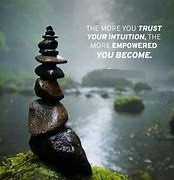

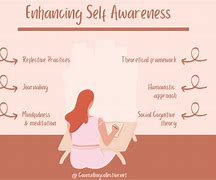



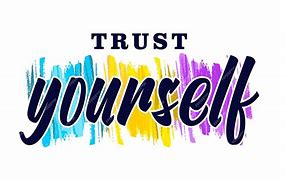



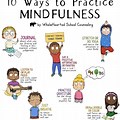

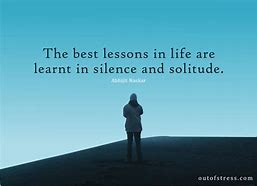
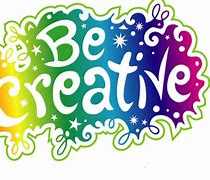


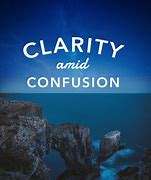


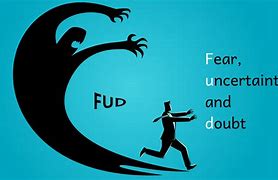
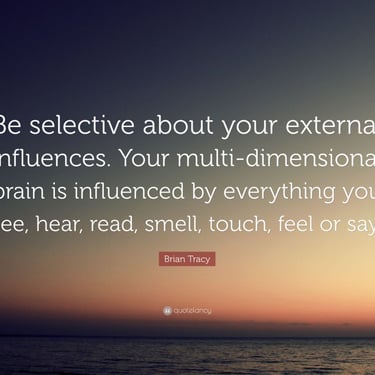


7. Reclaiming Inner Connection
In a world full of chaos and uncertainty it is easy to feel disconnected from our inner self. Life’s stresses may be leaving you feeling drained and disconnected from your spiritual power. You are not alone. I think many people feel this way if not frequently at least at some point during their life. It is what leads many of us in search of a way to connect. In this blog I will discuss what is spiritual power, signs you have lost your spiritual power, steps to reclaim your spiritual power, and resources to help empower you.
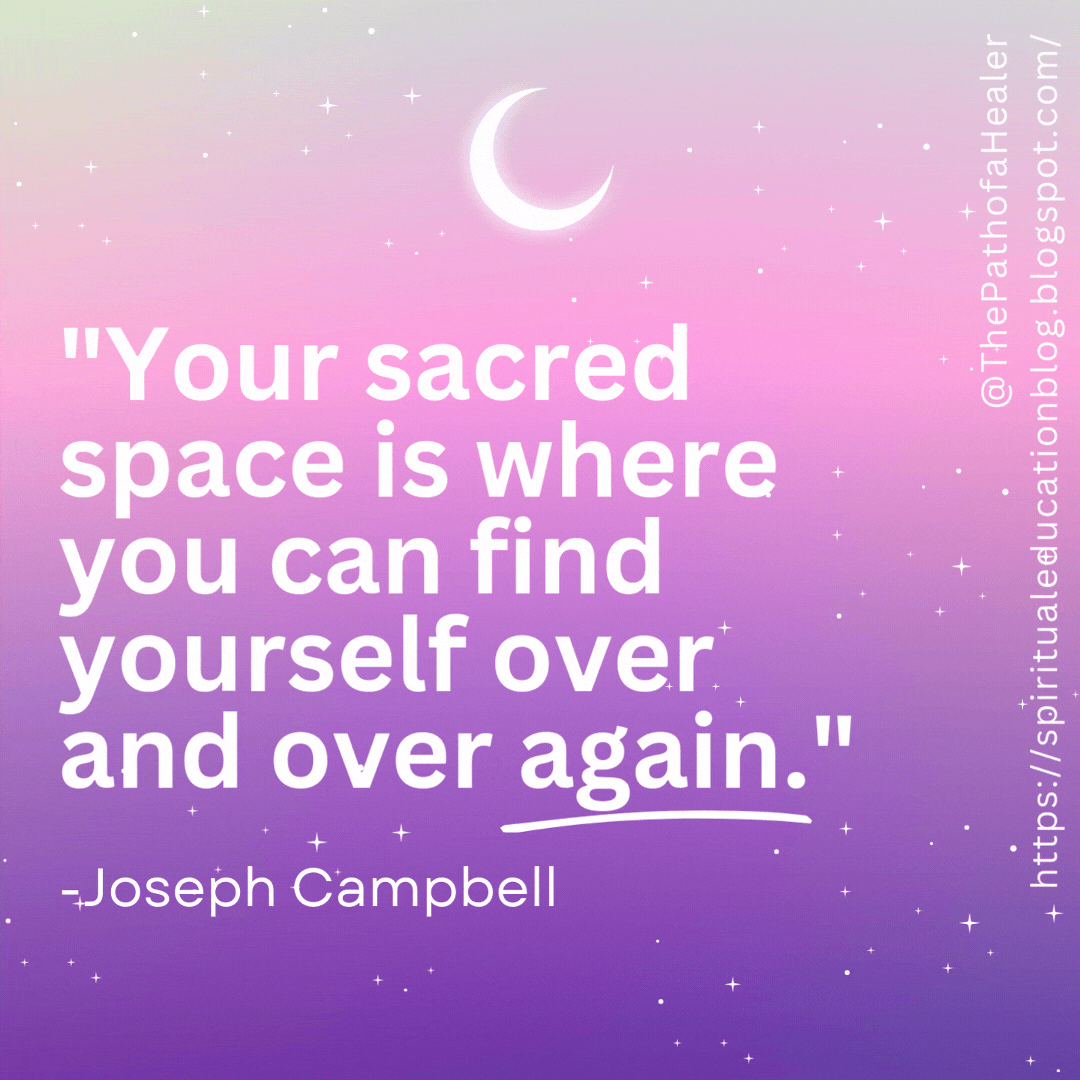

What is spiritual power?
Spiritual power is your ability to connect with both your inner self and source as well as how you manifest your desires and navigate life’s challenges. It influences your emotions, thoughts, and actions. It is something within your power to connect with without an intermediary. I have read many articles and been to religious services where you must petition the priest, or angels, ancestors, saints, or some other middleman to connect to your spiritual power. Although this may help if it is what you believe, it is not necessary as we all can connect to source on our own. For me, I have never felt I needed to go through another to connect as I have always felt that connection to source. For some, it is what works for them which is why each of our paths can only be forged by us as an individual. What works for me, may or may not work for you. That is why it is important to have various tools available to try so that you may develop your own way to walk your path.
Spiritual power is derived from a deep connection to your beliefs, values and purpose in a way that brings you strength and energy to live your life. Spiritual power comes for your intuition, emotional resilience, and your ability to manifest what you desire in your life. Having this connection is what aids you in navigating life’s challenges with confidence and grace. Being aligned with your true, authentic self allows you to unlock the potential that may be laying dormant in you. For example, when one is disconnected they can not see how they could go back to school to learn their dream job as they may only see what is blocking them. They don’t have enough money or time, etc.… But when the are connected to their spiritual power they can see ways they can meet their dreams.
At times we may feel disconnected from our spiritual power due to life’s stresses like work, relationship issues, or other personal challenges. For me it was grief from the loss of my mother. These factors can over whelm us, making it difficult to tune in to our true feelings and spiritual essence.
This is why it is important for us to reclaim our spiritual power and restore balance and clarity in our life. To stop feeling frustrated, hopeless or confused. Revitalizing our spiritual energy will also enhance our overall well-being, improve our ability to focus, promote emotional stability, and increase creativity by reconnecting us with our core values. Our relationships become more meaningful, and we develop a sense of purpose in life.
How to Tell if You’ve Lost Your Spiritual Power
Discovering signs of lost spiritual power is the way to learn to reclaim that power. Many people are not even aware they have lost some of their power, even some who have been walking a spiritual path for a long time.
Some emotional indicators of spiritual power loss:
Frequent Irritability- A heightened sense of frustration or anger over minor issues. I have seen this where someone has gone into a full rant because they were not able to get a lid off a jar. So, if you notice getting irritable or angry over things you would not normally get upset over, consider it a possible loss of spiritual power.
Persistent Sadness – We all have little ups and downs but is you notice your sadness is lingering, doesn’t lift, or is affecting your daily life it is a strong indicator that you have lost that connection with self and your spiritual power.
Lack of Motivation – If you have lost that enthusiasm for things that once brought you joy, consider if it is a loss of your spiritual power causing it.
Confusion – If you are encountering frequent uncertainty about your direction in life, your goals, or your values it may just be the loss of your spiritual power.
Disconnection for Others – have your found yourself isolating and not wanting to hang out with your friends or family, another sign of that loss of inner connection and spiritual power.
Chronic Fatigue – Are you tired all the time even when getting adequate sleep? Feeling drained? Another sign of loss of spiritual power.
Frequent Illness – Having frequent headaches, colds, and other ailments is another sign. I experienced this after my mother passed away. Suddenly, all my joints were hurting to the point I could hardly do my job as an RN. I had lost my inner connection and my spiritual power for almost two years. Then I began actively practicing Mediation and self-reflection, one day as I was feeling much stronger spiritually, I realized my joint pain was gone.
Sleep Disturbances – Having trouble falling asleep, staying asleep, having restless sleep? Check your inner connection and spiritual power.
Increased Tension – Do a quick check in with your body. Do you have tension in you neck and upper back and shoulders, or your back? Think about your inner connection and spiritual power again.
Digestive Issues- Bloating, abdominal discomfort, gas that seem worse with emotional stress. Yet another sign.
The first step to regaining your spiritual power are to honestly do some self-reflection and identify any of the signs that your inner connection needs to be strengthened so that you may restore balance.
Steps to Reclaim Your Spiritual Power and Inner Connection with Self
The good news is that the way to reclaim your inner connection to self and gain back your spiritual power is the same techniques your use to walk a spiritual path.
Self-Reflection
Gaining insight into our thoughts and feelings through self-reflection is a good place to start in reclaiming that power and connecting to who you are and what you really want out of life. There are a few ways to practice self-reflection:
Journal Daily: Aim for at least 10 minutes a day writing down your thoughts and emotions. This will allow you to identify triggers and patterns in your daily life.
Ask the Hard Questions: What do I truly value? What does my ideal life look like? What makes me happy? What would me life look like if I could do what makes me happy for a living? Then reflect on your answers regularly to deepen your understanding of yourself.
Set Intentions: Establish clear intentions for your spiritual journey. Write them down and revisit them to keep your focus sharp.
Meditation Practices
Meditation is one of the best ways to connect to your inner self and your spiritual power.
Mindfulness Meditation: Take five to ten minutes a day and observe your breath. If you get distracted gently bring your focus back to your breath.
Guided Meditations: There are so many apps and videos out there that offer guided meditations and there are some good ones I enjoy using. Look for ones that resonate with you and focus on self-discovery and empowerment.
Nature Meditation: Go into nature, it can even be your back yard. Find a quiet spot and listen to the sounds around you, feel the ground beneath you, immerse yourself in nature. This connection with nature is a great way to awake your spirit.
Cleansing Your Energy
We are exposed to negativity, illnesses, injuries, and trauma throughout our lives. These things lead to energy blockages. These blockages can be from life events, environmental factors, gestational effects, and even generational issues. If we do not clear these blockages, they can cause further disconnection and even illness. When we remove them by clearing our energetic bodies it helps remove the negativity and allows us to heal. Some ways to cleanse your energy include:
Smudging: The use of sage or Palo Santo to smudge your environment with the fragrant smoke of these plants while walking around the room and focusing on releasing negative energy.
Salt Baths: Use Sea salt in your bath to purify your energy. You can also put herbs and other minerals to help clear specific issues. Soak for at least 20 minutes, envisioning all your stress and negativity being washed away.
Crystal Healing: Utilize crystals like:
Clear quartz has strong metaphysical properties. It’s the “master healer”, and you can use it to cleanse the aura and align it with universal energy.
Amethyst, the “master healer”, and you can use it to cleanse the aura and align it with universal energy. Amethysts are also very effective at absorbing negative vibrations and frequencies; they help us get rid of any harmful or unwanted energies.
Selenite, a very powerful cleansing crystal, one of the best crystals for cleansing because it works on all levels: spiritual, mental, and physical.
Smoky Quartz, another powerful cleansing crystal on our list because it works on all levels: spiritual, mental, and physical.
Black tourmaline, one of the most powerful cleansing crystals; it’s great for its high scavenging effect and removes all forms of anger, resentment, or fear-based emotions while transmuting these negative energies into positive ones.
Black Obsidian helps us detach from negative thoughts and release stress and worries. It has strong metaphysical properties: obsidian is a very grounding stone, enhancing our connection to Mother Earth.
Citrine, very effective crystal for cleansing the aura; it helps us get rid of any harmful or unwanted energies. Citrine is also great for its ability to increase mental clarity and focus, while also promoting creativity and imagination.
These are just a few examples of crystals to help clear negativity. You can carry them with you or place them in your space. Each crystal has unique properties to enhance your energy. Amethyst can also clean and charge your other crystals, so they do not hold the negativity you are trying to remove.
By implementing these practices, you will begin to reconnect with your inner self and regain your spiritual power and feel a sense of fulfillment and clarity.
Resources for Empowerment
There are various tools and resources for reclaiming your spiritual power and becoming your true self. Many can help guide you on your journey toward empowerment. Some are free and some are very expensive courses. My best advice on this is to find what works for you. Mind you I said the word work, becoming a spiritual person and connecting to your inner self, gaining your spiritual power, these things must be worked for. No one can activate you. You must do it for yourself. We all have individual learning styles and there is not right or wrong way. Just some very expensive programs out there that teach the same things I am discussing here. It is a journey.
Books:
“Celestine Prophecy” by James Redfield: yes, I know it is a fiction book, but it absolutely changed my life and put me on a true spiritual path. It talks about energy and the synchronicities in life.
“The Power of Now” by Eckhart Tolle: Learn to live in the present moment and reconnect to yourself.
“The Four Agreements” by Don Miguel Ruiz: Principles for personal freedom and teaches you how to let go of limiting beliefs.
“Wherever You Go There You Are” by Jon Kabat-Zinn: A book on mindfulness and stress reduction.
“Born To Serve: The Evolution of the Soul Through Service” By Susan Trout: provides a road map to guide individuals and organizations in deepening their consciousness of the relationship between their motives for serving and the quality of their service.
These are a few suggestions, there are thousands of books on spirituality, you just have to find the ones that resonate with your soul.
Online Courses
Just as there are thousands of books, there are many online courses on spirituality. Personally, I would avoid most of them. Spirituality has become big business and there are a lot of people out there teaching it. If it resonates with you, great give it a try. But, beware, many of then are not going to tell you anything more than what I am saying in this next year of free posts.
I literally just got sucked into one of these courses. It made all kinds of promises of being able to “Instantly help me.” I even sat through four and a half hours of this online workshop until I gave up and said forget it. Two and a half hours of that time was a sales pitch for a $6,000 course where you would learn the “Real” techniques. But if you sign up in the next……you can get it for $3,000.
Please, recognize the difference between someone who can really help guide you and someone who is trying to get rich at your expense. I did not lean one thing in the 4 hours I did not intuitively know already.
Community Support
Connecting with others is an important part of your journey. Being able to discuss your thoughts and feelings with like minded individuals can significantly elevate your spiritual journey. You can find local groups or online groups.
Local Meetup Groups – Check platforms like Meetup.com for groups focused on spirituality, meditation, or personal growth.
Online Forums and social media – Engage in communities on Facebook, Reddit, or another social media platform to discuss spiritual topics, share experiences, and offer support.
Workshops and Retreats – Participate in local workshops or retreats to meet like minded individuals and foster connections aimed at spiritual empowerment. Many cities have Health and spiritual fairs that come through several times a year.
Building relationships within your community creates a support network helping motivate you to reclaim your power.
Conclusion
Connecting with your inner self and reclaiming your spiritual power is a journey worth taking. It is not always an easy journey but by embracing mindfulness and doing our self-reflection we can reconnect to our true self and enhance our overall well-being. Your body and mind send you messages so remember to listen to what they are telling you. They are your true guides on your path.
There are many tools and resources available to help you on your journey and make a significant difference in your path. It is important to feed your mind so whether that is reading a book or having a discussion in a social media group, know you are not alone in the journey. Surround yourself with like minded people who provide encouragement and inspiration to you.
As you walk this path you will notice a renewed sense of clarity and purpose. Trust the process and allow your spiritual essence to shine through. Be the light! Take a moment to set your intentions and start a journey of self-discovery. Dive deep into your inner world, nurturing your desires for support and harmony. 🌿✨
Let go of stress and invite the peace within you. Try soul-nourishing practices to lift your spirits and find inner peace. 🌺💫
Ready to dive into self-discovery and growth? Drop your favorite spiritual tools or practices in the comments, encouraging others to join you on this journey towards inner peace and self-realization! 🙌
#InnerConnection #SpiritualTools #SacredSpace #SelfDiscovery #IntentionSetting
Quote: "Your sacred space is where you can find yourself over and over again." - Joseph Campbell
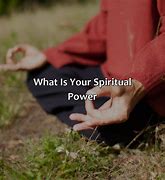

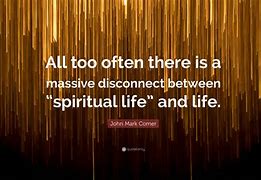













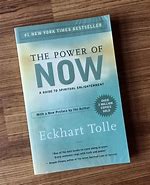

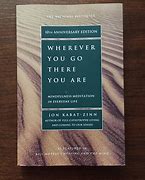
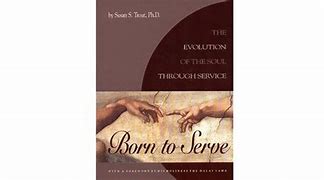
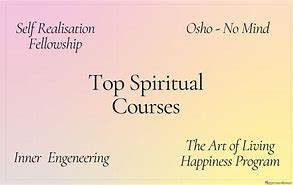



8. The Power of Daily Meditation
"Embrace daily meditation to bring spiritual awareness into every aspect of life. Create peace within and around you, even if it's just for a few minutes a day. 🙏"
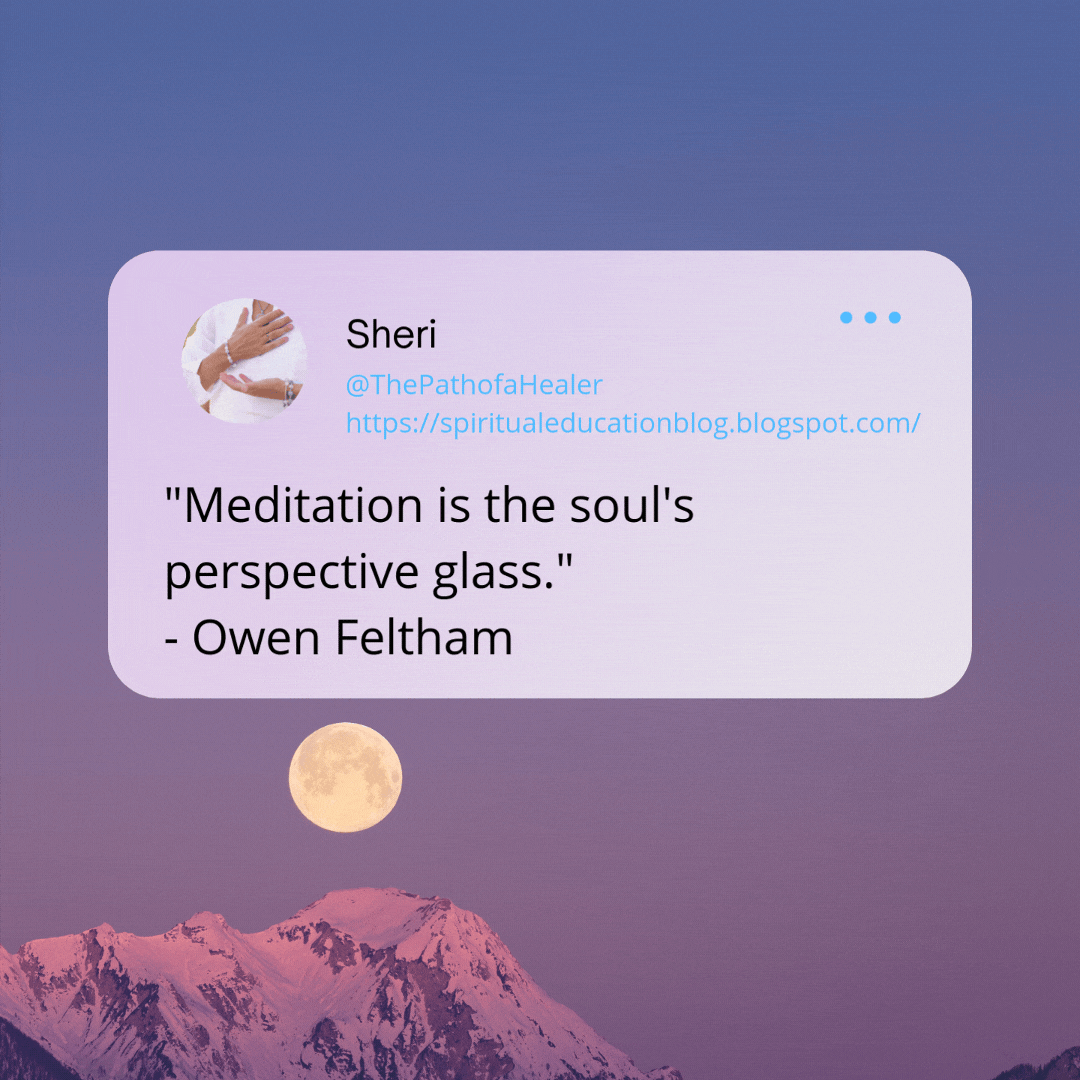

What is Meditation?
Meditation is very important in the process of changing your consciousness. But what exactly is it and how do you meditate? Meditation comes in many forms to fit many different individual needs. It is the process of stilling your thoughts and changing the direction of your energy, something in this busy world that is often difficult to do. When you meditate the goal is to stop the stimulation from the outside world, to quiet the mind to become receptive to the inner world of the soul. Meditation is so vital as it is the process that allows you to unveil your True Self and connects it with your God Consciousness. Meditation has also been defined as the habitual process of training your mind to focus and redirect your thoughts.
Benefits of Daily Meditation
Meditation prepares a channel in your brain to receive the knowledge stored in the collective unconscious or source giving you a direct line to communication and information. On the spiritual level, this “upgrade” allows you to raise your vibration and access higher dimensions. Beyond the spiritual benefits there are medical benefits to daily mediation including:
Reducing Stress – Meditation has been found to reduces the physiological makers of stress over time. According to Healthline in a 2017 review of 45 studies various forms of meditation helped reduce the cortisol levels, lowered the heart rate, and had evidence of improving sleep and lowering blood pressure. Other research suggested a positive impact on certain diseases like fibromyalgia, irritable bowel syndrome and Post Traumatic Stress Disorder (PTSD).
Anxiety Control - Meditation reduces stress levels which then translates to less anxiety. In a 2014 meta-analysis done by Healthline that included 1,300 adults, then found that meditation decreased anxiety. In another study 8 weeks of mindfulness mediation helped in reducing anxiety symptoms along with increasing positive self-statements and improved stress reactivity and coping. Additionally In a study of employees who used a mindfulness app for 8 weeks it was found that job related anxiety was controlled and the participants experienced improved feelings of well-being and decreased distress, and job strain compared to the control group.
Emotional Health - Some forms of meditation have been found to improve self-image and enhance a more positive outlook on life. In a review a study of treatments used for depression in 3,500 adults, mindfulness meditation was found to improve the symptoms of depression. Another study, done in 2015, found people who completed meditation exercise experienced fewer negative thoughts in response to being shown negative images than those in the control group.
Enhanced Self-Awareness - Meditation helps you develop a stronger understanding of yourself helping you become your best self. Using Self-inquiry meditation has the aim of helping you develop a greater understanding of yourself and how you relate to those around you. Other forms of meditation are designed to help you recognize harmful or self-defeating thoughts. As you gain a greater awareness of your thought habits you can course correct them into more constructive thoughts. 153 adults who used a mindfulness meditation app for 2 weeks reported a reduction in their feelings of loneliness and increased social contact compared to the control ground in a 2019 study.
Improved Attention Span - Like weightlifting, using focused attention meditation increased your attention span’s strength and endurance. One study found that people who listened to mediation tapes experienced better attention and accuracy while completing tasks as compared to the control group. Another study on people who regularly practiced meditation performed visual tasks and had a greater attention span than those with no meditation experience. Even meditating for just 13 minutes a day enhanced attention and memory after just 8 weeks in another study.
May Reduce Age-Related Memory Loss - Maintaining or improving your attention and clarity of thought keep you young. A meditation technique known as Kirtan Kriya combines chant and mantra with repetitive finger movements to focus your thoughts and showed improvement in people with age-related memory loss and showed improvement in neuropsychological performance tests in older studies. In a 2014 review, evidence suggested that multiple mediation styles can increase attention, memory, and mental agility in older volunteers.
Kindness - There are several types of meditation that may increase positive feelings and actions towards yourself and others. Metta Meditation is known as a loving-kindness meditation and begins with developing kind thoughts and feelings of oneself. As one continues this practice it extends this kindness and forgiveness externally, first to friends and family, then acquaintances, and ultimately to all. This form of meditation demonstrated the ability to foster people’s compassion toward themselves and others in a meta-analysis of 22 studies. Note that these benefits appear to accumulate over time with the practice of loving kindness meditation.
Help for Addiction - The mental discipline you develop with the practice of meditation may help you break any dependencies by improving your self-control and awareness of the triggers for addictive behaviors. People practicing transcendental mediation linked the practice with lower stress levels, psychological distress, alcohol cravings and its use after 3 months according to a 2018 study of 60 adults in an alcohol treatment center. Another review of 14 studies found mindfulness meditation may also help control food cravings and helped the participants reduce emotional stress and binge eating.
Improved Sleep - Mindfulness-based meditation programs showed people who mediate stay asleep longer and the severity of their insomnia lessened in a 2014 study compared to the control group. Meditation helps you learn to control the racing, runaway thoughts that keep us awake. It also helps you learn to relax your body, release tension, and help you ease into a peaceful state that induces sleep.
Pain Control - Incorporating meditation into your routine may be beneficial to controlling pain. In 2017 a review of 38 studies asserted that mindfulness meditation could reduce pain, improve quality of life, and decrease depressive symptoms of people with chronic pain. Another meta-analysis of studies in 2014 with nearly 3,500 participants linked meditation with decreased pain.
Lowers Blood Pressure - Meditation has the benefit of reducing strain on the heart thus improving health. High blood pressure over time causes the heart to work harder and leads to poor heart function. High blood pressure also contributes to clogged arteries, narrowing of the arteries and ultimately may lead to heart attack or stroke. In a meta-analysis completed in 2015, of 12 studies with nearly 1,200 participants, it was found that meditation helped to reduce blood pressure. Of note the most benefit was in older participants and those with higher pressure prior to the study. Meditation appears to control blood pressure through the mechanism of relaxing the nerve signals that coordinate heart function, blood vessel tension, and the “fight or flight” response that promote alertness in stressful situations.
Available Anywhere You Are - There are many forms of meditation practices and most of them require no equipment or space. You can practice just a few minutes a day. If you do not have a home or work environment that are consistent or do not allow for quiet alone time. Consider setting your alarm a few minutes early to take advantage of the quiet time in the morning.
Types of Meditation
There are nine popular types of meditation practice:
Mindfulness Meditation- Originates from Buddhist teachings and involves paying attention to your thoughts as the pass through your mind. You don’t become involved in them or judge them you simply observe and take note of any patterns. Mindfulness meditation combines concentration and awareness. Some find it helpful to find an object to focus on, or to focus on your breath while observing any bodily sensations thoughts, or feelings that arise. This type of mediation does not require a teacher and can be done alone. Mindfulness Meditation
Spiritual Meditation – Used in most religious and spiritual traditions. As diverse as the world’s spiritual traditions themselves. Many of these listed meditation practices could fall under this category. Spiritual meditation focuses on developing a deeper understanding of spiritual and/or religious meaning and connection with a higher power. For example:
Sufi dhikr (remembrance of God)
Spiritual meditation may be practiced at home or the place of worship. It is beneficial for those who seek spiritual growth and a deeper connection with their inner self and a higher power. Spiritual Meditation
Focused Meditation- This practice involves concentration using all 5 of your senses. You can focus on your breath or an outside source like counting mala beads, listening to a gong, staring at a candle flame, or even moon gazing. It may seem simple but when first beginning it may be difficult to hold your focus for longer than a few minutes. If your mind wanders, simply bring it back to your focus and continue. This is an ideal meditation practice for those wishing to improve their focus and attention span.
Movement Meditation – There are several forms of movement meditation and may include: Yoga, walking, gardening, qi gong, tai chi, trance dancing, and other gentle forms of movement. With movement meditation you are in an active form where the movement guides you into a deeper connection with your body in the present moment. A great form for those who wish to develop body awareness and find peace in action. Movement Meditation
Mantra Meditation – Prominent in many Hindu and Buddhist teachings, mantra meditation uses repetitive sound to clear the mind. You have probably heard of the “om” chant, this type of mantra can be a word, or phrase. Spoken either loudly or quietly these chants or mantras allow you to be more alert and in tune with your environment and help you experience a deeper level of awareness. Some find this an enjoyable experience because they find it easier to focus on a word rather than their breath. While others enjoy the vibration of the sound in their body. Also, a good practice for those who don’t like silence. Mantra Meditation
Transcendental Meditation (TM) – founded by Maharishi Mahesh Yogi this is a specific practice designed to quiet the mind and induce a state of peace and calm. This practice involves the use of a mantra and is best taught by a certified practitioner. Here is an introductory video if you wish to learn more: Transcendental Meditation
Progressive Relaxation aka Body Scan Meditation- this practice is aimed at reducing tension in the body and promoting relaxation. This practice sometimes involves tightening and relaxing your muscles on group at a time. At times it involves imagining a gentle wave running through your body or light going over your body to induce relaxation. This is a great meditation to use just before bed to relieve stress and unwind before sleep.
Loving-Kindness Meditation – this meditation is used to build feelings of compassion, kindness and acceptance for yourself and others. It involves opening the mind and accepting love from others and then sending well wishes to others including friend, loved ones, family, acquaintances and all living beings. This meditation is ideal for those holding on to anger and resentments as it promotes kindness and compassion. Loving-Kindness Meditation
Visualization Meditation- this technique focuses on enhancing feelings of relaxation, peace, and calmness using imagining positive scenes, images, or figures. For example, you may imagine a scene vividly and using all five senses add as much detail as possible. It may involve keeping a beloved figure in mind with the intention of embodying their qualities. It could be you imagining yourself reaching a goal you have set and feeling as if it has been met and feeling as if it has. This increases you focus and motivation. This method may also be used to improve one’s sense of wellness by boosting their mood, reducing stress levels, and promoting inner peace. Visualization Meditation
There are many options to try, and you may not resonate with some, but you should find at least one method that helps you connect to your true inner self and a higher power.
Sensation You May Have During or After Meditation
A cool sensation on your forehead, like putting menthol rub between your eyes
A slight tension or pressure between your eyes
A feeling as if a stream of energy is moving over your forehead
The top of your head may heat up
The top of your head could feel itchy
You may see light or colored lights when you close your eyes
You may feel a bright light on your face which is brighter than the actual light in the room
You may feel a sense of expanding beyond your body or above your body
You may be unable to think in your normal way and your brain may seem blank, later you may become aware of that information has been “downloaded” and you may have instantaneous and complete understanding of the information.
These potential experiences are all signs of your “spiritual wiring” being “upgraded” and your new brain centers being activated. Intuitive energy vibrates at a higher rate than your intellectual mind. Once you contact your intuition you might feel anxious, jittery, or unsettled as a result. This is normal and soon your nervous system will adapt to the increased vibration, and you will access intuitive information with serenity and poise.
Conclusion
Meditation is an important process that allows you to connect with your true self and a higher power. There are many ways to meditate depending on your intent for the meditation. Meditating daily has many benefits for both your spiritual growth and your health including stress reduction, controlling anxiety, improving blood pressure, improving sleep, becoming more compassionate and kinder to name a few. There are many ways to practice meditation so you will be able to find one or more that resonate you and are easy to add to your daily routing. Once you begin meditation routinely you may experience phenomenon like itching and tingling that let you know you are receiving a higher vibration, and you may even receive downloads of information. The important thing is to do the meditation regularly and watch your spiritual side come out.
This is a mediation for clearing your Chakras I created:
Cleansing Meditation (it is a little rough as it is the first one I have ever created)
Some resources I found that I am not the author of:
Guided Meditation for Spiritual Growth
References:
https://www.healthline.com/nutrition/12-benefits-of-meditation
https://cfenlightenment.org/wp-content/uploads/digital-downloads/Spiritual_Power_Tools_ebook.pdf
#DailyMeditation #SpiritualAwareness #InnerPeace #MeditativeMind #SoulPerspective
Quote: "Meditation is the soul's perspective glass." - Owen Feltham
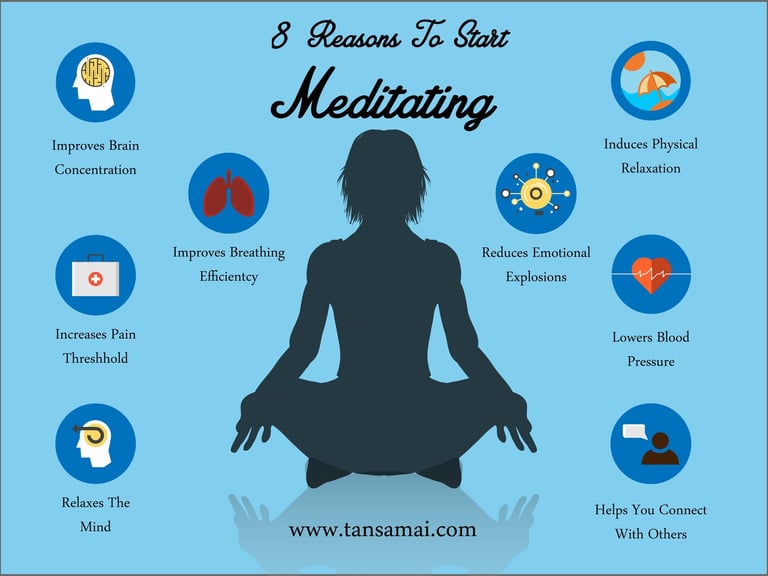

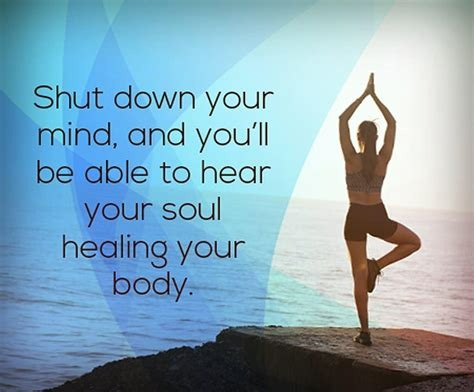

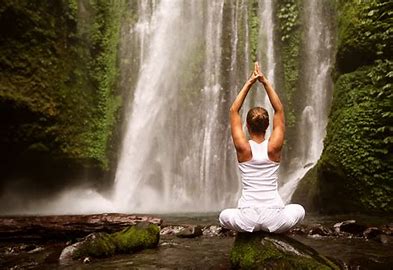







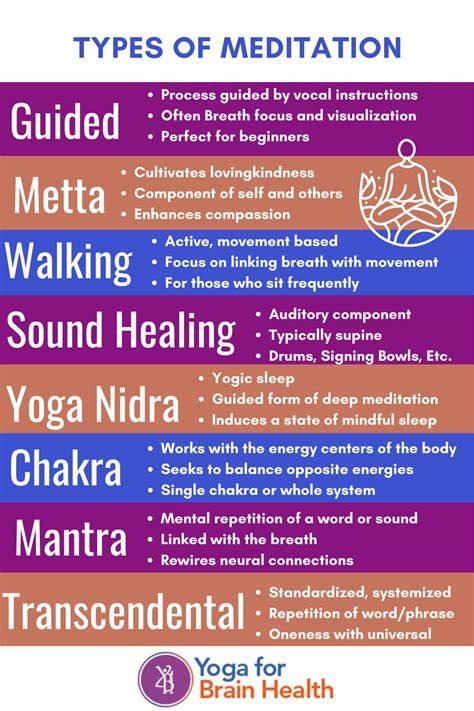





9. Overcoming Pain with Spiritual Awakening
"Pain clouds our minds and distances us from our spiritual selves. Seek enlightenment to find clarity and the true meaning of your life. 🕊️"
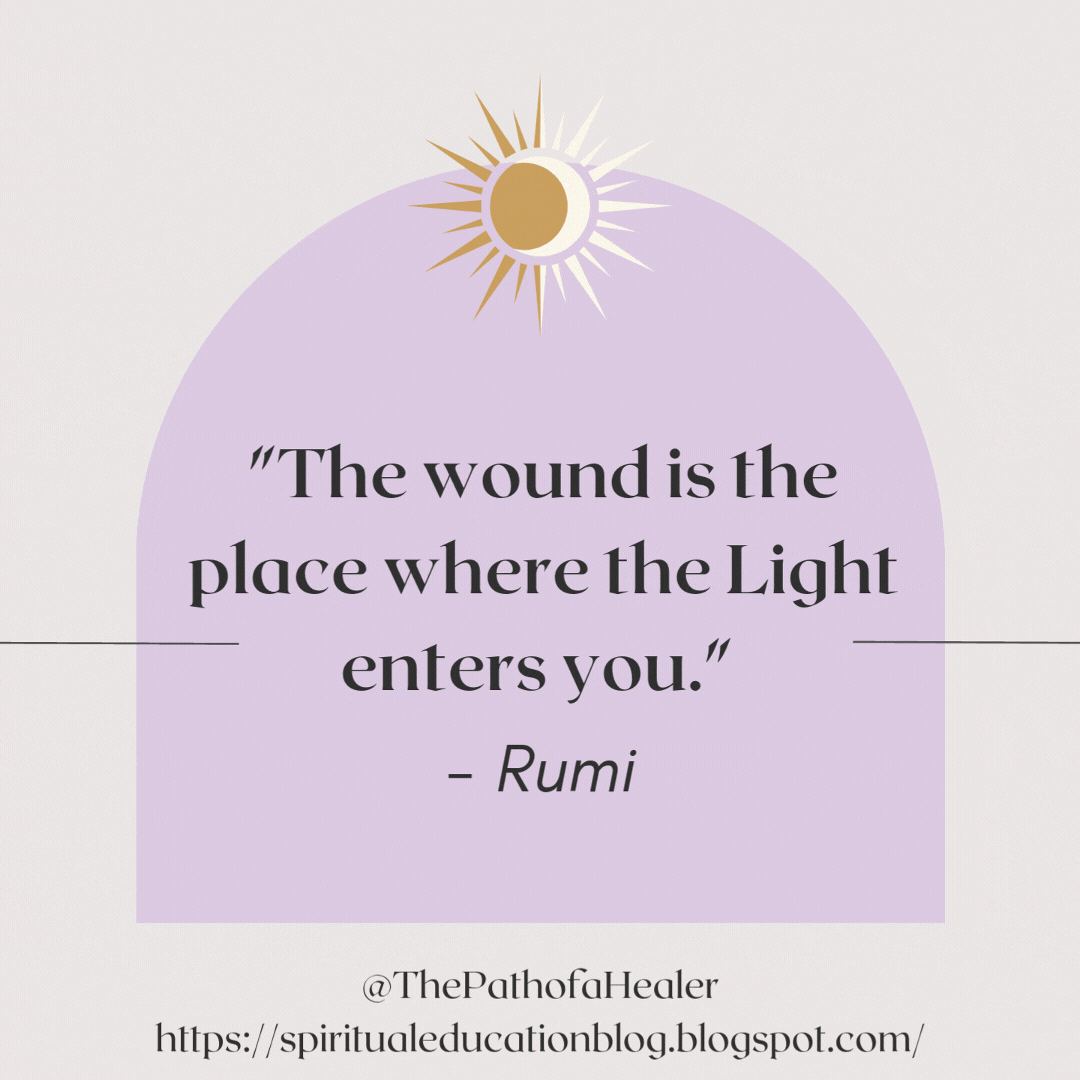

Quote: "The wound is the place where the Light enters you." - Rumi
Many people I have met on their spiritual journey have experienced trauma and pain often starting at or even before their birth, me included. Have you ever wondered why? I know that up until my 40’s I wondered why. Why couldn’t I get ahead, why had I gone through so much pain and trauma, why did I have a NDE when I was 10. Then I read “The Celestine Prophecy” By James Redfield and stopped asking why. Instead, I began asking myself, what is the lesson I need to learn here? How can I get past this problem? I met a Reiki Master shortly after that and began my journey into healing and became an energy healer (I had already been a nurse for years)."Pain clouds our minds and distances us from our spiritual selves. Seek enlightenment to find clarity and the true meaning of your life. 🕊️"
Why Do Many People on a Spiritual Path Experience Trauma and Pain?
Think about it like this, what do you learn more from? I pleasurable experience or a difficult, painful, or traumatic experience? Unless you are a rare individual most of us learn more from the painful, difficult, and traumatic experiences. Pain serves as a catalyst for spiritual growth and self-discovery. These experiences play an essential role in desire to be better, to reach towards enlightenment. I know there are some who disagree with my opinion on this but what if you chose to come to Earth at this time to help the Earth. However, when you got here your memories were gone and something had to trigger those memories for you to complete your mission. These painful experiences were not meant to be an obstacle to overcome, but as a catalyst for you to build resilience, purpose, and a deeper connection to ourselves and others. Let’s explore how embracing suffering leads to profound spiritual transformation, proving that pain is the touchstone of spiritual growth. By embracing discomfort, facing fears, and acknowledging the teaching our pain has provided us leads to profound transformation and inner exploration.
This transformative power of suffering opens a pathway for us to learn wisdom, empathy, and experience spiritual evolution. When we can embrace our pain, opportunities for growth and understanding are essential on the spiritual path. When we experience pain, it often compels us to initiate the journey of a healing transformation in our attempt to understand the root cause of our suffering and finding ways to overcome it. When we confront our pain, we discover untapped reserves of inner strength that would have otherwise remained dormant. This inner strength then acts as a guiding light, it becomes a road map to help us navigate through our struggles and emerge even stronger on the other side.
I personally experienced this phenomenon when I broke my ankle while camping. I was an hour from the nearest hospital, there was no cell phone service, and no one I was with had any medical knowledge. My ankle was turned completely sideways and there was no way it would keep circulation for over an hour to get me to the hospital. So, I had to partially reset my own ankle on the mountain. I did not think I could do it but my survival instinct took over and did it while I was still arguing with myself about how much it was going to hurt. After the fact I noticed more of my gifts waking up. I also learned that day that I am much stronger than I knew I was. I also looked up the body mind connection of the right ankle braking to gain insight as to why the accident may have occurred and it fit right in with what was going on in my life at the time. That being said, it appears pain is a necessary experience in spiritual enlightenment due to how it guides us towards profound and personal development.
The Transformative Power of Suffering
If we can approach suffering with introspection and resilience, we find the transformative power to illuminate the path of spiritual growth and enlightenment. When confronted with intense suffering, we are compelled to explore our deep inner selves, unraveling layers of emotional barriers and confronting unresolved traumas. This allows us to heal and may give us a renewed sense of purpose. This suffering gives us the opportunity to look at our deepest fears and insecurities, ultimately leading to spiritual breakthroughs and a heightened sense of self-awareness. It is not an easy task to confront our past and look at it with introspection. It requires courage and resilience, those who undertake this challenge on their journey are often rewarded with a sense of clarity, inner peace, and spiritual enlightenment.
Walking this journey will help you emerge stronger, more compassionate, closer to the realization of your true spiritual potential, and newfound wisdom. The valuable lessons pain teaches us, helps us understand what others experience developing more empathy, strength, resilience, and inner connection. It also pushes us to question our values, beliefs, and priorities, ultimately leading to our personal and spiritual growth. In a workshop I attended for work I was struck by the most basic but true concept. We live in a bubble, if we stay in our bubble of comfort we do not grow. To grow, we must step into an area of discomfort, be open to the unknown and make ourselves vulnerable. Through the experience of pain we gain a deeper appreciation of love, joy, and all the positive aspects of life. The contrast between pain and pleasure allows us to fully savor the happiness and fulfillment we experience. Through our pain, we confront the darkest corners of our being and come face-to-face with our vulnerabilities. It is in these dark moments that we can transform and rise above our circumstances. By embracing suffering, we gain a new perspective and a deeper connection to the greater tapestry of life. We learn to view pain not as a burden, but as a steppingstone on our journey towards awakening.
Spiritual Awakening and Pain
Spiritual awakening can cause physical pain as the process involves a transformation of the mind, body, and spirit. You may have found some surprising pains stuck on your body as you are progressing on your spiritual journey. Some are quite surprised at how much pain they have been carrying within them and physical pain is one of the hardest to come to peace with. This may include release of trauma stored in the body, purging of negative emotions, and heightened sensitivity to energy shifts. It’s important to prioritize self-care during this transformative time. Overcoming pain with spiritual awakening involves acknowledging pain, seeking professional support, embracing mind-body techniques, and connecting with a spiritual community. Spiritual awakening changes how we think, personal growth, and helps heal. Pain serves as a catalyst for spiritual growth and self-discovery. Healing from trauma spiritually can change deep pain into a strong connection with the divine or higher self.
Pain is difficult to deal with and we want to have it stop as soon as possible, more than or mental or emotional pain. Therein lays the problem, taking the time to truly understand why the pain manifested in our body and understanding the deeper-rooted issues to be able to fully release this pain. We instead find situations and remedies that offer relief, not release. Relief is when our pain is numbed, masked, or goes into remission but it is still there waiting to continue bothering you whereas release of pain heals it and makes it go away permanently. To truly heal, you must address all aspects of your energy body including all layers: Physical, Mental, Emotional, and all the higher levels of your subtle body. If you aren’t working on the mental and emotional pain, you will not be ready to work on the physical because the mind controls the body. There is an entire medical field on the subject called psychoneuroimmunology. I highly recommend “The Body Mind Workbook” by Debbie Shapiro as it is wone of the easiest book to look at where your pain is and what it means in the Body Mind Connection.
The rationale for developing this pain when you begin your awaking is that we are too numb to feel ourselves. As we start to wake up and mediate, do self-reflection, and journal we are facing our past and clearing the blockages that are causing the issues. So, as they come into our sphere of awareness, we must deal with them in order to release the pain on all levels of our being.
Honing Your Focus on Pain
In the early phase of your journey to spiritual awakening it can be difficult to focus on anything. It can be overwhelming and easier to just let it ride. However, it is important to be as engaged as much as you can, and if you have not been one to pay much attention to your body, this may be an unsettling time for you. Don’t let being overwhelmed shut you down. At this stage of spiritual healing, you need to be as engaged as possible once you are comfortable working with your mental and emotional issues. Old mental patterns that no longer serve you easily regenerate the pain in your body.
Working Through Waves of Discomfort
One sign of a spiritual shift is when a wave of energy subsides, and things settle down. That pain you were trying to figure out is suddenly gone. However, it is just in remission because the energy that was driving it into your consciousness is gone. Have no fear, it will surface again even if you are not actively trying to find it. Once another wave of energy comes up the pain or discomfort may also return. These waves could be considered a gift as they give us a chance to catch our breath and integrate what we have learned so far and discover how we have spiritually grown. Then the next wave comes through, and we have a little more awareness and self-confidence to delve deeper into the dark places we need to go. It is important to note that the discomfort is a temporary state of being and as an issue unfolds and releases, some of these physical pains simply dissolve.
Tips for Pinpointing Physical Pain
Healing physical pain on your spiritual path taking understanding where that pain is in your body and what it is trying to tell you. This is done without trying to change the pain but merely observing it. You are trying to pinpoint where it is so you can determine what is causing it. Exercises to help you pinpoint your pain:
Sit still- Moving around activates several areas of the body making it harder to pinpoint where you pain is. Additionally, it could increase the pain symptoms and stress on your body due to compensating for your deeper pain.
Take your time. Patience is the key, This pain may have been with you for years. A 30 minute meditation is not likely to heal it even if you had a big mental or emotional breakthrough on what is causing it.
Work through outer layers. The louder source of pain may not be the bigger issue. Your body is interconnected, The initial pain or seemingly worst pain may simply be the place that has compensated the most for some other pain or lack of physical alignment. Follow the thread of that first pain to look for the deeper root.
Relax into the pain. This step is so important and so hard to do. It is counter intuitive to relax into pain. You need to relax into the pain so tension does not build up causing further blockages. Relaxation allows you to investigate how this pain is interacting in your body and to go deeper into its cause.
Bring touch to the deepest layer you have found. It may not be your deepest level of pain but adding touch can be a nice way to focus your attention. Once you touch the pain, breath and let go. Breath and let go. Remember step two and take your time.
The easiest way out of physical pain is the way through it. Feeling the pain and acknowledging it are critical. When something releases it may have a memory stuck in your body of a past pain or personal transgression. Other times it is a matter of how out of alignment your body has become from poor posture bad work ergonomics.
Reshaping Perspectives Through Pain
Enduring these hardships can serve as a catalyst for a profound shift in one’s world view and beliefs. When faced with pain, we may find ourselves reevaluating our perspectives on life, spirituality, and personal growth. Reshaping our perspectives through pain involves:
Mindful Acceptance: Embracing out pain with mindful acceptance allows us to acknowledge our suffering without judgement or resistance. Ding this fosters inner peace and a deeper understanding of the impermanent nature of pain.
Adapting: By adapting to challenging experiences, we are able to develop the resilience and strength to face future obstacles with courage and grace.
Enhanced Empathy: Experiencing pain can improve one’s sense of empathy for those who are suffering. This compassion fosters connections with fellow beings and promotes a sense of interconnectedness in the shared human experience.
By reshaping our perspectives through pain we embark on a transformative journey that can lead us to profound spiritual growth and enlightenment.
Growth Through Pain
Through the transformative journey of spiritual enlightenment, individuals can gradually learn to embrace growth through the profound teachings that pain offers.
Self-Reflection: Painful growth prompts individuals to reflect on their experiences, beliefs, and behaviors, fostering self-awareness and personal development.
Resilience Building: Enduring pain cultivates inner strength, resilience, and the ability to navigate challenges with grace and wisdom, leading to spiritual transformation.
Empathy Enhancement: Experiencing pain can deepen empathy and compassion towards oneself and others, fostering interconnectedness and a deeper sense of purpose in the journey towards enlightenment.
Embracing growth through pain allows individuals to uncover hidden truths, evolve spiritually, and ultimately find liberation and peace within themselves.
Cultivating Resilience
Practice self-acceptance and self-compassion
Cultivate a positive mindset that fucuses on solutions rather than problems
Develop support networks and social connections with like minded people.
Set realistic goals that have steps defined in manageable tasks
Use your past experiences as stepping stones for growth
Take care of yourself, eat right, exercise, and get enough sleep.
Seek professional help when needed.
Navigate Dark Nights of the Soul
Journeying through the dark nights of the soul involves embracing spiritual growth amidst intense inner turmoil. Discovering the light within the depths of despair is a crucial aspect of this transformative process. Ultimately, transforming pain into profound personal growth is the goal of navigating through these challenging moments. It is not about eliminating the dark, but in finding balance. It is during these moments that individuals often experience profound shifts in consciousness and deep spiritual insights. These experiences can lead to a greater sense of purpose and enlightenment. By traversing these dark nights with courage and introspection, individuals can emerge stronger, more resilient, and closer to their true selves.
Spiritual Growth
Throughout the journey of spiritual growth, individuals often encounter challenging periods known as the Dark Nights of the Soul. Embracing spiritual growth during these times involves:
Acknowledging Inner Resistance: Facing and accepting the resistance that arises within oneself during these dark nights is an essential step towards growth.
Practicing Spiritual Surrender: Letting go of the need for control and surrendering to the flow of life’s challenges can lead to profound spiritual growth.
Seeking Guidance and Support: Connecting with spiritual teachers, mentors, or like-minded individuals can provide valuable support and guidance during these transformative periods.
Embracing spiritual growth during the Dark Nights of the Soul requires courage, resilience, and a deep commitment to inner transformation.
Conclusion
Pain is often a catalyst for spiritual growth offering opportunities for spiritual growth. By embracing our suffering we can build resilience, increased empathy, compassion for self and others, a greater sense of purpose, and reach spiritual enlightenment. Finding meaning in your pain and adversity can provide the insight needed to foster personal growth and provide insight into why you have the pain. Overcoming adversity requires cultivation resilience and a mindset that view challenges as opportunities. Each time we are able to release a physical issue our body becomes more at ease and open. Byh creating this relaxed space we are better able to interact with the world which can have amazing impact on how we interact with others, how we touch others lives, how we receive touch, and how we touch ourselves. Pain effects all aspects of our life including our spiritual journey. Reaching the state of having a pain free body makes life more joyous and peaceful, and uplifting. This is why the spiritual healing , although challenging, offers us the greatest rewards we can experience as a human being.
References:
ArtoFit.org. (N.D.). Image gallery for: 18 ways to build more resilience after childhood trauma. Retrieved from ArtoFit.org: https://www.artofit.org/image-gallery/1132514637525269845/18-ways-to-build-more-resilience-after-childhood-trauma/
Emma. (2025). 100+ Self-reflection Questions on Life, Love, Mental Health and More. Retrieved from OurMindfulLife.com: https://www.ourmindfullife.com/self-reflection-questions/
Spiritual Center. (2024, May 18). Pain: The Touchstone of Spiritual Growth. Retrieved from Spiritual Center: https://spiritual-center.com/growth/pain-is-the-touchstone-of-spiritual-growth/
Tolles, J. (2015, Feb 23). How to Find and Release Physical Pain During a Spiritual Awakening. Retrieved from https://spiritualawakeningprocess.com/2015/02/how-to-find-and-release-physical-pain-during-a-spiritual-awakening.html
TraVerse, J. (2024, Jun 07). The Role of Pain in Spiritual Enlightenment – Necessary or Not. Retrieved from Spiritual Awakening Yoga: https://www.bing.com/search?q=The%20Role%20if%20Pain%20in%20Spiritual%20Enlightment-%20Necessary%20or%20not&qs=n&form=QBRE&sp=-1&ghc=1&lq=0&pq=the%20role%20if%20pain%20in%20spiritual%20enlightment-%20necessary%20or%20not&sc=11-59&sk=&cvid=F224FF199FB14D1E
#SpiritualAwakening #OvercomePain #SeekEnlightenment #LifeMeaning #RumiQuotes






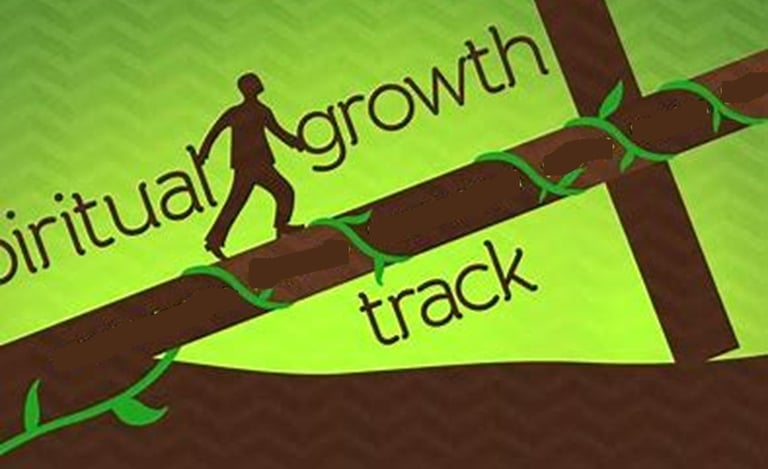

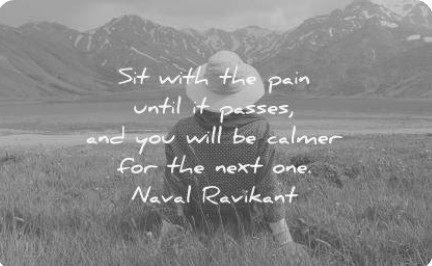

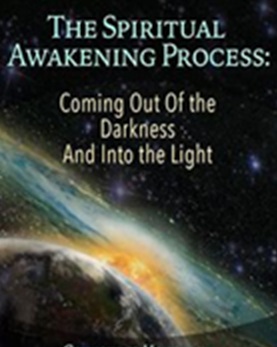



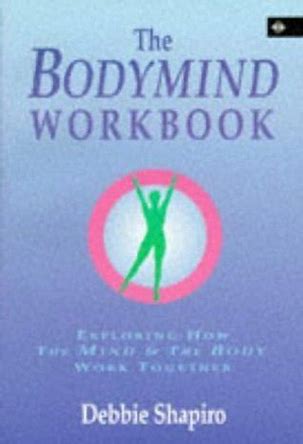



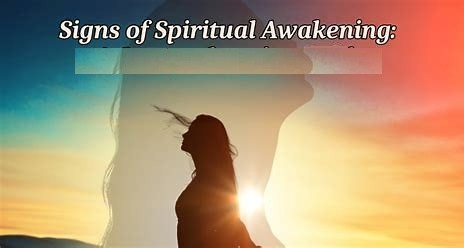

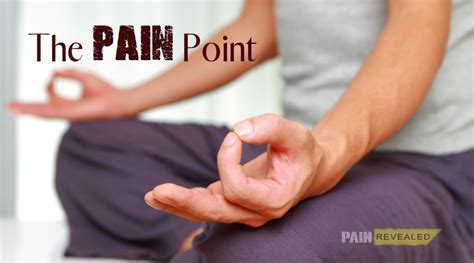

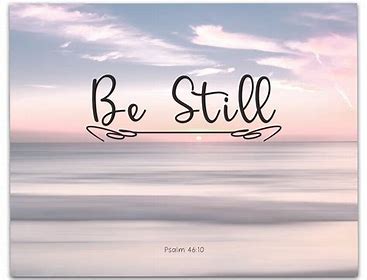

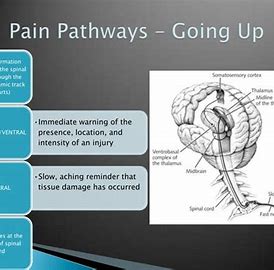

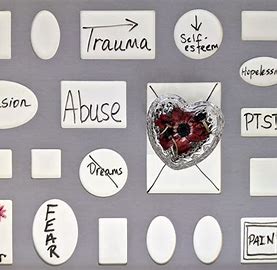
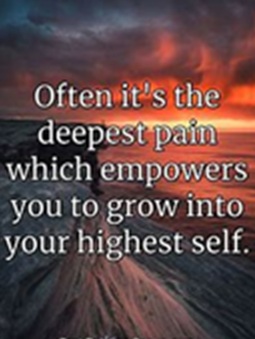
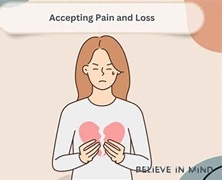
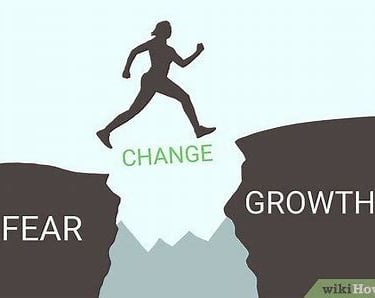
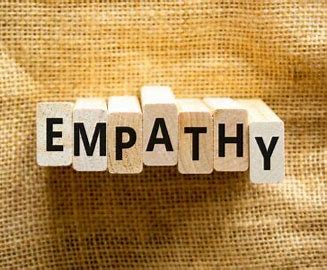
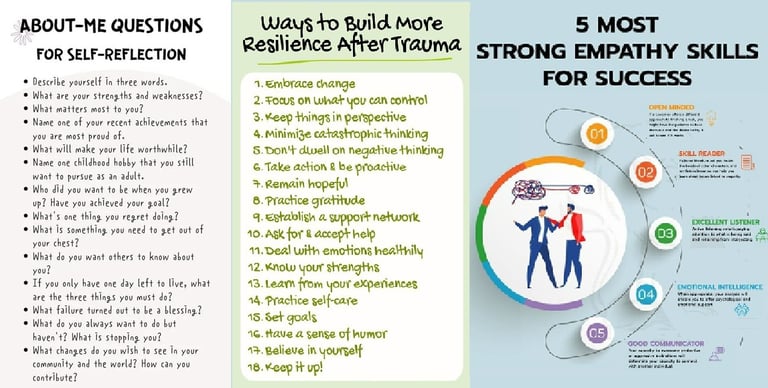

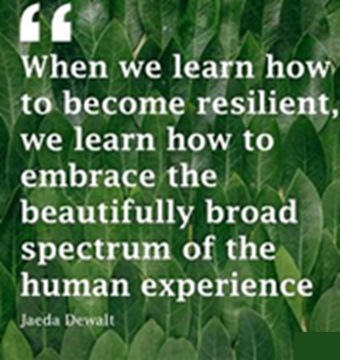

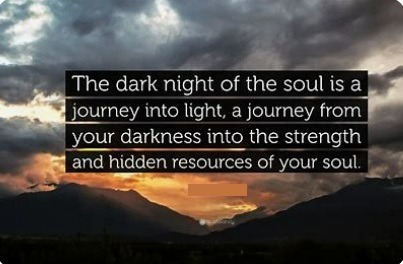

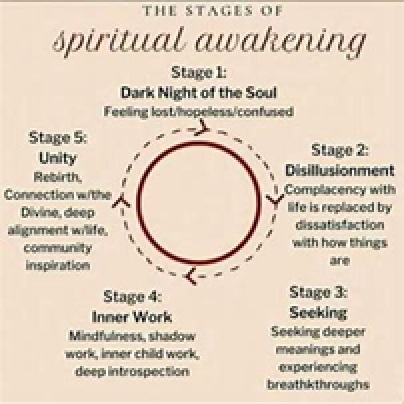

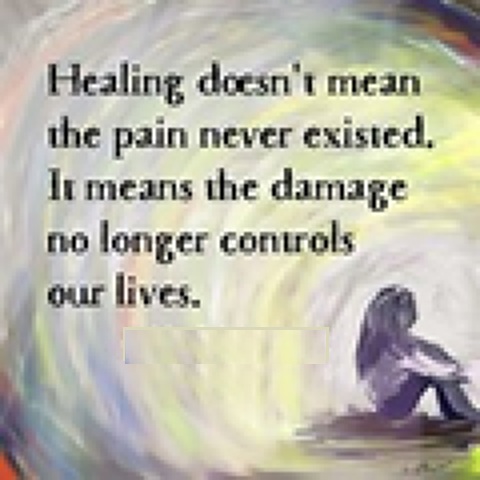

10. Finding Goodness Amidst Chaos
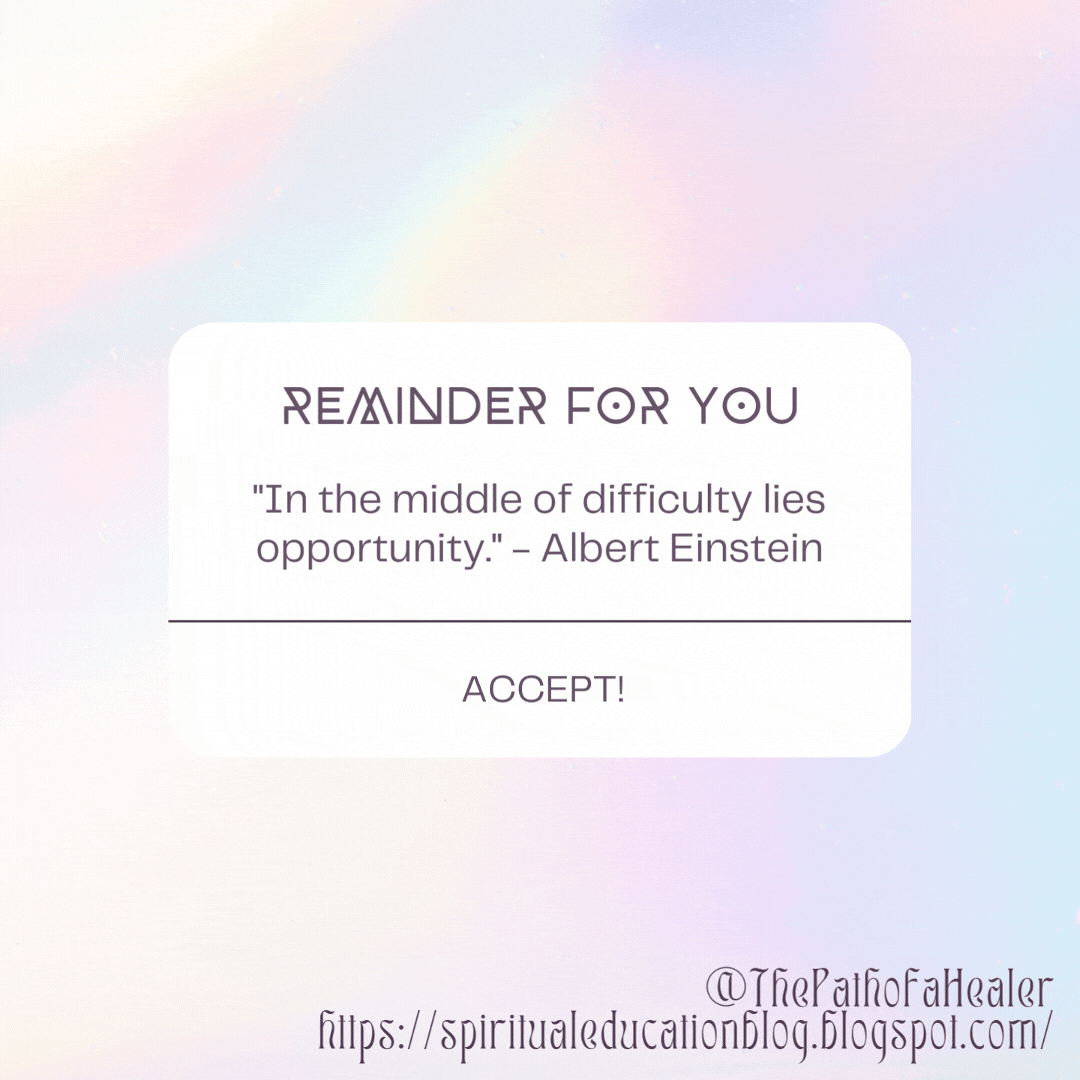

"In a world seemingly filled with darkness, remember to look for the light. Attune to your heart and find the blessings hidden in every moment. 🌍"
Quote: "In the middle of difficulty lies opportunity." - Albert Einstein
We live in a fast-paced world full of chaos. We are more connected worldwide than we have ever been in our lives, yet so alone and disconnected. With our smart phones, the internet, and our numerous responsibilities and numerous challenges. So many people now suffer from anxiety and depression as well as a myriad of other mental health issues. I have seen a significant increase in mental health issues over the last 15 years of being a nurse. With the world around us growing increasingly chaotic and demanding, keeping or finding your sense of inner tranquility can seem like a daunting task. Let’s face it sometimes it feels impossible to find even 15 minutes for ourselves. Yet, that is exactly what we should be doing. Taking that 15 minutes for yourself and stilling your mind will pay for itself in the ability to deal with your hectic life in a calm and confident manner because you are able to be mindful and think of solutions more readily when your anxiety is in check. This is achievable through the various practices of meditation, mindfulness, Journaling, Self-reflection, Kindness, gratitude, and fostering happiness. Let’s delve into the profound journey of how to find your spiritual peace.
Fostering Spiritual Peace
Walking a spiritual path helps us reconnect with our inner true self, it helps us reevaluate our priorities, values, and beliefs. As you progress on your journey you reach a point of being connected with the source and a knowing that comes with that connection. That knowing gives great peace and a sense of being a part of something bigger than ourselves, and a sense of purpose. This sense of peace allows you deal with the chaos around you and the challenges as they arise.
The way to walk this path is to first and foremost, set your intent to become more spiritual. You must really want to improve your life and unlock the benefits of being a spiritual person. It takes conscious effort and work to become a spiritual person. You must dedicate time daily, even if it is only a few minutes, to your practices to tap into your true self. It takes courage because you must also work on your shadow side facing the things that you have experienced, some of which none of us want to face or are scared to face. This self-work is how you are going to build the resilience to find goodness amidst the chaos of this fast-paced life we are living.
Staying Positive Through Adversity
It seems like we are dealing with adversity daily, if not in our personal life with all our responsibilities and trying to make ends meet, then in the world around us with fires, earthquakes, presidential elections, war, drones, just to name a few. How can we stay positive with all these things distracting us and, in some cases, causing us adversity?
When we are facing challenging times, it is though spirituality we can find a sense of purpose and comfort. Spirituality provides a framework for interpreting challenges as opportunities for growth and transformation. By connecting to your true inner self and source you can find inner peace and build resilience amidst the chaos.
Karma: Many spiritual traditions believe in the concept of karma. This view perceives the challenges you experience are a result of past actions and sometimes, past actions of your ancestors. This is a way to examine your challenge through a self-reflective lens and encourages personal reflection and growth.
Divine Plan: Some people believe our setbacks are a part of a higher divine plan or a part of a soul contract to guide you towards your higher purpose. By trusting that it is part of the plan a sense of reassurance in turbulent times is arises.
Lessons and Blessings: We could view challenges and adversity we experience as an opportunity for learning life lessons and receiving hidden blessings. By embracing these lessons, we can experience profound personal development.
Transformation: Spiritual teachings frequently discuss the idea that challenges serve as a catalyst for transformation and spiritual evolution. Embracing change during challenging times assists with profound personal growth.
Not all of these will resonate with you but by acknowledging these common spiritual perspectives on challenges and adversity, your perspective of these challenges can move from seeing obstacles to seeing opportunities for spiritual growth and enlightenment. I personally use all these techniques to help me in times of strife and receive solace and guidance from using each of them.
How to Find Goodness
There are many ways we can find the goodness and spiritual peace we desire amidst the chaos a few suggestions include:
The Power of Gratitude: Gratitude is a potent tool for cultivating inner peace and contentment. Taking a moment to appreciate your blessings, big and small, can significantly impact your mental and emotional well-being and raises your vibration. Consider keeping a gratitude journal or even just taking time each day to reflect on the positive experiences and moments in your day. This will shift your perspective towards a more optimistic view.
Embracing Positivity: Being optimistic is not about ignoring your challenges, it is facing them with a focus on solutions rather than what is wrong and the negatives about the situation. Having a positive attitude also raises your vibration and attracts more positive to you, whereas focusing on the negative lowers your vibration and draws negativity to you. When you are faced with a difficult situation, try reframing your thoughts. Instead of a setback or failure, look at it as an opportunity to gain experience. When Edison was asked about his 5,000 failures while developing the light bulb. Edison replied, “Sir, I have not failed 5,000 times. Rather, I have successfully discovered 5,000 ways which do not work.” Surround yourself with positive influences like uplifting, supportive friends, inspirational books, and engage in activities that bring you joy. This means paying attention to what you are feeding your brain too, what are your watching, reading, and listening to? The news, horror films, true crime, or uplifting media that fills your soul with happiness and joy? A positive attitude is your best companion to help navigate life’s ups and downs.
Fostering Spiritual Wellness: Spiritual wellness is about nurturing your soul, your inner self, your true self, Its about finding purpose, and connecting with something greater than ourselves. Becoming spiritual involves several practices as there is no one way to become a spiritual person, you must do what feels right for you. You can try meditation, mindfulness, gratitude, kindness, service to others, journaling, self-reflection and other practices to accomplish spiritual wellness.
Signs of Being on Track
Synchronicities: Notice moments that feel meaningful, like encountering someone relevant to your life’s path unexpectedly.
Unexplained Opportunities: Appreciate serendipitous events that open doors, often leading to growth or new directions.
Patterns in Life: Reflect on recurring themes or lessons in your experiences that signal a greater alignment.
Peace Amidst Chaos: Feel a sense of calm despite surrounding turmoil, indicating that you’re on the right spiritual track.
Resilience: We all experience setbacks in our lives. How we deal with those setbacks makes all the difference. Do we let it break us and tear us down or do we face it with grace and a positive lens we have tried that works for us. I have ad a very traumatic life, I am not going to go into detail here but if you are interested it is at under the My Journey Tab, and for a while I went down a path of being very superficial and not really caring about myself. In fact I swore I was not going to live past 21. A word of caution on my story, there are a lot of triggering stories in it. I could have ended up sick all the time which also started as by age 20 I was on my 4th surgery, but I chose differently. After my second abusive marriage and the birth of my daughter, I chose to become a nurse. But it wasn’t until I started on my spiritual path in 2003 that I became a healer and had my awakening. I was able to do this using those techniques to help me through the past experiences and raise my vibration to help others. I am still working through my past experiences and I still have setbacks but what I have learned is those are my growth periods and when I have “leveled up.” So, resilience is being able to bounce back stronger after adversity.
Conclusion
Our lives are full of a fast-paced daily grind that feels chaotic. We are running around at times disconnected from who we truly are in this setting of cell phones and internet where people sit next to one another texting rather than talking. We all experience setbacks, challenges, and adversity in our lifetime. How we deal with these situations can improve and even teach us how to find goodness amidst this chaotic world we are living in. Setting your intention, practicing gratitude, positivity and maintaining or building spiritual wellness help us through challenging times and build strength and resilience. We can look around to know if we are on track with our spiritual journey by noticing synchronicities, unexplained opportunities, patterns, and messages in our path.
References
BlackDoctor.org. (2025). Gratitude and Positivity in College: Fostering Spiritual Wellness and Resilience. Retrieved from BDO Black Doctor + Org: https://blackdoctor.org/gratitude-and-positivity-in-college-fostering-spiritual-wellness-and-resilience/
Grubbs, R. (2020, Oct 08). Edison on Failure. Retrieved from VYC.org: https://www.vcy.org/redeeming-the-time/2020/10/08/edison-on-failure/
Luke. (2024, Oct 04). 10 Unexpected Ways to Find Clarity Amidst Daily Chaos. Retrieved from Spiritual Shepard: 10 Unexpected Ways to Find Clarity Amidst Daily Chaos
Meyers, C. (2024, Nov 09). Divine Order Spiritual Meaning: Uncovering Purpose and Peace in Life’s Chaos. Retrieved from Spiritual Ark: https://spiritualark.com/divine-order-spiritual-meaning/
Meyers, C. (2024, Aug 16). When Everything Goes Wrong: Finding Spiritual Meaning and Strength Amid Adversity. Retrieved from Spiritual Ark: https://spiritualark.com/spiritual-meaning-when-everything-goes-wrong/
Sojourners Institute. (2022, Nov 26). Centering Practice: Finding Stillness Amidst Chaos. Retrieved from Sojourners Institute: https://www.sojournersinstitute.com/spiritual-growth-blog-origin/centering-practice
Speak Connected. (2024, Feb 15). How to Find Spiritual Peace: Finding Peace in God’s Presence. Retrieved from Speak Connected: https://speakconnected.com/how-to-find-spiritual-peace/
#FindTheLight #HeartAttunement #BlessingsEverywhere #ChaosAndGoodness #EinsteinQuotes
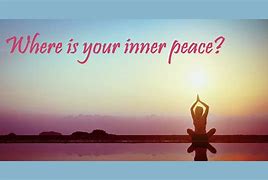

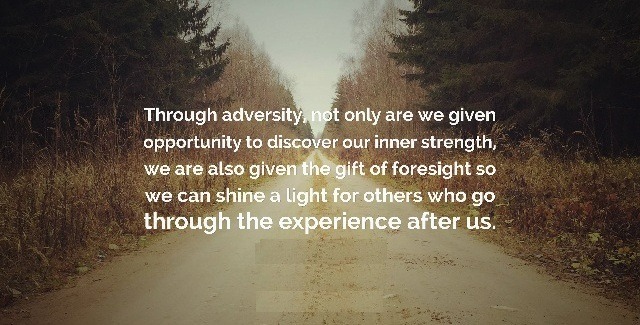

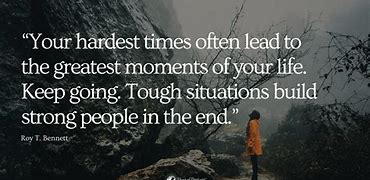

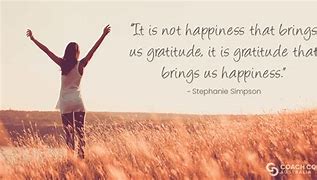

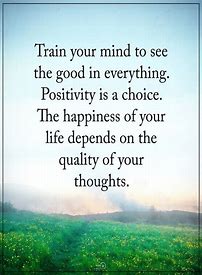

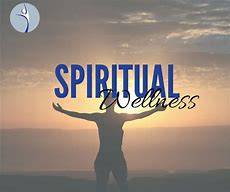


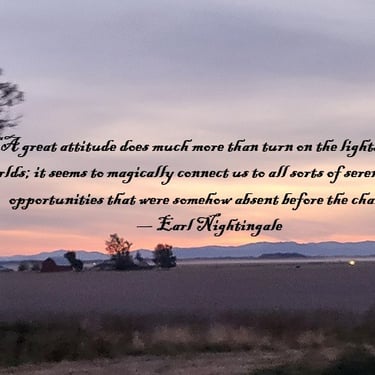
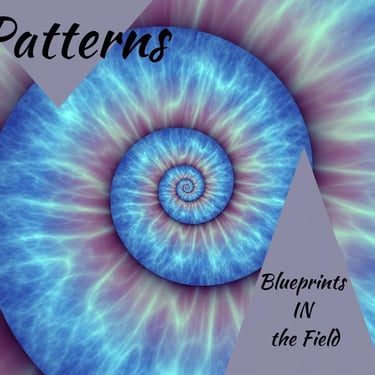
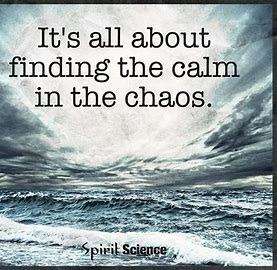
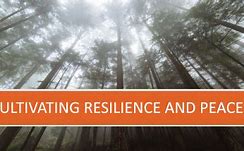



11: Spiritual Health's Role in Overall Wellness
"Spiritual health is pivotal to our overall wellness. Whether through religion, relationships, or peace with nature, let's nurture our spiritual well-being. 🌸"


Spirituality has been closely linked with well-being and for many, spirituality affects all aspects of their well-being (Kreitzer, 2012`). Understanding the connection between spirituality and well-being requires knowing the deeper meanings of what is sacred and what the soul needs (Ryff, 2021). According to Ryff (2021) looking further into nature seems fundamentally important for looking at spirituality that exists outside conventional religion and current science. Being in a state of balance and alignment in body, mind, and spirit define well-being (Kreitzer, 2012`). Well-being has been described by people as feeling content, healthy, peaceful, happy, purposeful, energized, safe, in harmony, happy, and prosperous. Engaging in spiritual practices like meditation, gratitude, and connecting with nature, can enhance emotional and physical health. Having a strong sense of spiritual well-being is linked to better health outcomes, including improving symptoms of anxiety, depression, and stress. This improved well-being is due to the benefits of spirituality like improved sense of purpose, meaning, and fulfillment, fostering empathy, compassion, and unity in our relationships. Let’s delve deeper into the significance of spiritual well-being in comprehensive health.
Spiritual Well-Being, Concept and Importance
Spiritual Well-being is not about religion although it can involve religion depending on your beliefs. It is about finding purpose, meaning, and a connection to something greater than ourselves (The Coach Space, 2025). Spiritual health plays a significant role in our overall wellness by providing us meaning, a sense of purpose, and inner peace, having a positive impact on our mental, emotional, and even our physical health through the reduction of stress, teaching us how to manage difficult situations, and helping us maintain our positive relationships with others and ourselves, contributing to a more fulfilling life. The human spirit is the most neglected part of ourselves and if we take care of our spirit through regular practice, we will survive, thrive with grace, even in the face of difficulty (University of New Hampshire, 2025). Let’s look at how we can know we are spiritually well.
Signs of Spiritual Wellness
We discuss practice throughout most of these blog articles, but how do we know our practice is doing anything. The changes are so subtle at times they happen before we are even aware of it. Before we know it we don’t think we are making progress and read something that helps us realize how much progress we have already made. Here are signs of spiritual wellness:
Developing a purpose in life
Having the ability to spend time alone without feeling lonely.
Taking time to reflect on the meaning of your life events.
Having a clear sense of right and wrong, and acting accordingly.
Having the ability to explain why you believe in what you believe.
Caring and acting for the welfare of the environment and for others.
Being able to practice forgiveness and compassion in life.
I find that like many things in life it is a continuum, and you may be experiencing all of these and there may be times you experience a few, and other times you don’t experience any of these signs. It is a good check-in guide to motivate you to continue your daily practices because when you are in the place of saying yes to all these signs, life is in the flow, and everything is just falling into place for you. It is a wonderful feeling. According to University of New Hampshire (2025) if you are missing a few of these signs you could try asking yourself a few questions to help you get back to that sate of flow:
Do you allow yourself time alone?
Do you pray? Or reach out to a higher power?
Do you think about the meaning of life?
Do you take walks in nature? Appreciate the transformation of each season?
Do you pause to remind yourself that life isn’t all about you?
Do you put down your phone to just be?
Do you practice activities that allow you to slow down?
My asking yourself these questions you can figure out what you need to do in practice to improve your spiritual wellness. In addition to the standard methods that have been discussed in my previous blog articles like mediation, connecting with nature, mindfulness, journaling, etc. There are a few other techniques to try.
Additional Practices for Spiritual Wellness
Now that you have been practicing the usual spiritual practices of meditation, self-reflection and others let’s explore a few practices I have not previously discussed.
Labyrinths: Used for walking meditation and as a prayer tool, they assist in finding peace and clarity, managing stress, assisting with decision making, self-exploration, and reflection
Mandalas: or Sacred circle in Sanskrit, Mandalas are used by many spiritual traditions to facilitate mediation and are used as a transformative tool to assist with healing.
Yoga: Yoga means union and this practice integrates mind, body, and soul together. It is used to care for the entire body, is beneficial for overall health, and for specific illnesses and conditions.
Although each of these practices are forms of meditation, they may resonate with you more that other forms. All of these practices help improve health and wellness through improvement in spiritual wellness.
Spiritual Wellness Promotes Overall Wellness
When we work toward spiritual wellness by practicing meditation, mindfulness, self-reflection, journaling, kindness, acts of service, and other spiritual practices we reduce stress in our life which in turn helps reduce stress in our bodies. Spiritual practice improves our sense of purpose, meaning, and promotes inner peace which positively impact our mental, emotional, and physical well-being. We also develop the resilience to deal with difficult situations, maintain our positive relationships, and lead a more fulfilling life. Some of the key points on how spiritual wellness drives overall wellness include:
Stress reduction: Practices like prayer, meditation, seeking time in nature, and breathwork help reduce stress, anxiety, depression, and improve blood pressure all assisting us in improved mental, emotional, and physical health.
Increased Longevity: Individuals wo practice spirituality are often found to have lower stress levels and a longer life span.
Better Coping Mechanisms: Spiritual beliefs encourage resilience, enabling individuals to deal with illness or loss with less fear and greater life satisfaction.
Improved Quality of Life: Those deeply connected to their spiritual beliefs report reduced levels of depression and anxiety, along with a more positive outlook.
Enhanced Recovery: Research indicates postoperative patients who integrate spiritual practices in their routine have better health outcomes (Arista Recovery, 2025).
Positive Social Connections: Participating in spiritual groups, online communities, and religious groups foster a sense of belonging leading to improved life satisfaction and improved wellness.
Improved Physical Health: Studies show a correlation between spiritual health and better outcomes, including reduced risk of chronic disease.
Maintaining spiritual wellness has many benefits for not just your physical wellbeing but for your overall wellbeing. Spiritual wellbeing also improves your immunity and increases your longevity making it a win-win (Harvard T.H. Chan, School of Public Health, 2022).
Conclusion
Spirituality has been closely linked with well-being and for many, spirituality affects all aspects of their well-being (Kreitzer, 2012`). Understanding the connection between spirituality and well-being requires knowing the deeper meanings of what is sacred and what the soul needs (Ryff, 2021). According to Ryff (2021) looking further into nature seems fundamentally important for looking at spirituality that exists outside conventional religion and current science. Being in a state of balance and alignment in body, mind, and spirit define well-being (Kreitzer, 2012`). Well-being has been described by people as feeling content, healthy, peaceful, happy, purposeful, energized, safe, in harmony, happy, and prosperous. Engaging in spiritual practices like meditation, gratitude, and connecting with nature, can enhance emotional and physical health. Having a strong sense of spiritual well-being is linked to better health outcomes, including improving symptoms of anxiety, depression, and stress. This improved well-being is due to the benefits of spirituality like improved sense of purpose, meaning, and fulfillment, fostering empathy, compassion, and unity in our relationships.
References:
Arista Recovery. (2025, Jan 06). The Role of Spirituality in the Healing Process. Retrieved from Arista Recovery: https://www.aristarecovery.com/blog/the-role-of-spirituality-in-the-healing-process
Harvard T.H. Chan, School of Public Health. (2022, July 12). Spirituality linked with better health outcomes, patient care. Retrieved from Harvard T.H. Chan, School of Public Health: https://hsph.harvard.edu/news/spirituality-better-health-outcomes-patient-care/#:~:text=They%20noted%20that%20for%20healthy%20people%2C%20spiritual,depression%20and%20suicide%2C%20and%20less%20substance%20use.&text=%E2%80%9CIntegrating%20spirituality%20in
Kreitzer, M. J. (2012`). Spirituality and Well-Being: Focusing on What Matters. Western Journal of Nursing Research, 34(6), 707-711. doi:10.1177/0193945912448315
Ryff, C. D. (2021). Spirituality and Well-Being: Theory, Science, and the Nature Connection. Religions, 12(11), 914. doi:https://doi.org/10.3390/rel12110914
The Coach Space. (2025). The Role of Spiritual Well-Being in Overall Health. Retrieved from The Coach Space: https://thecoachspace.com/blog/spiritual-well-being-overall-health/
University of New Hampshire. (2025). Spiritual Wellness. Retrieved from University of New Hampshire: https://www.unh.edu/health/spiritual-wellness
#SpiritualHealth #OverallWellness #Nurture Spirituality #PeaceWithNature #PlatoQuotes
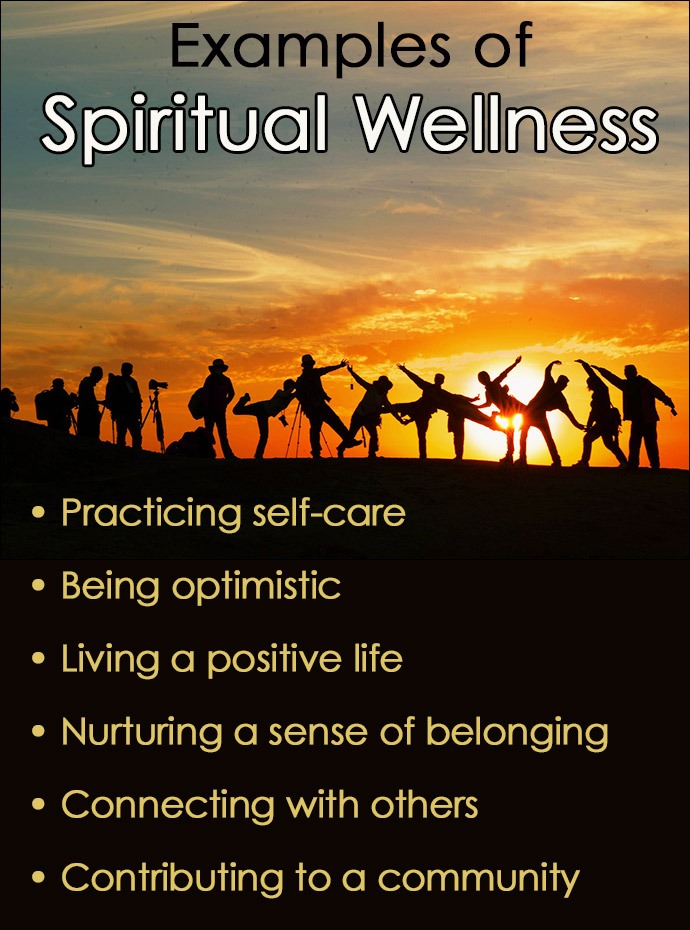

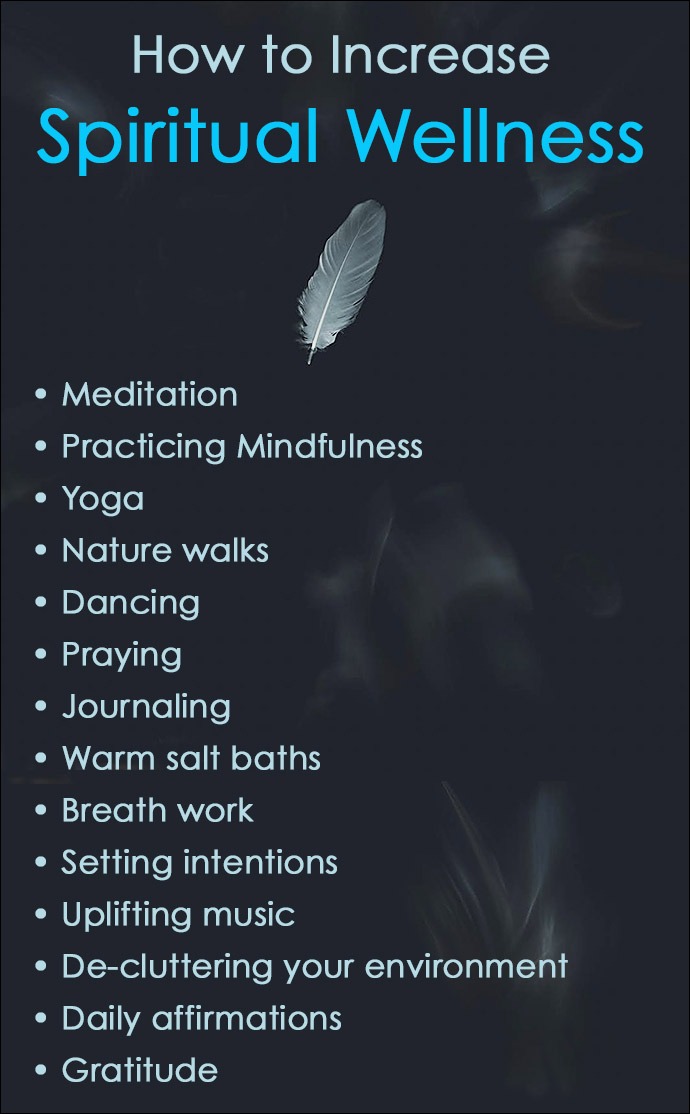

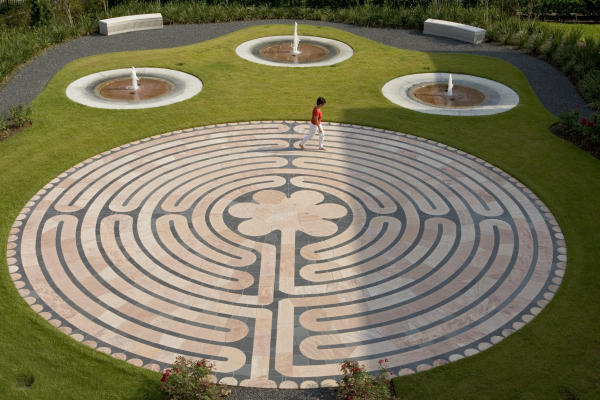

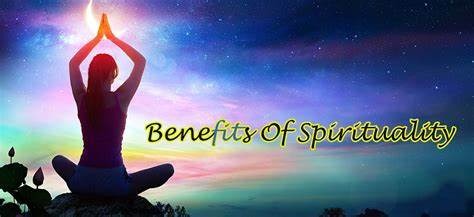









Quote: "The greatest wealth is to live content with little." - Plato
12. Listening to the Voice of Spirit
"Spirit communicates uniquely through each of us, inspiring creativity and opening our hearts. Listen closely, for it speaks in every aspect of life. 🎨"
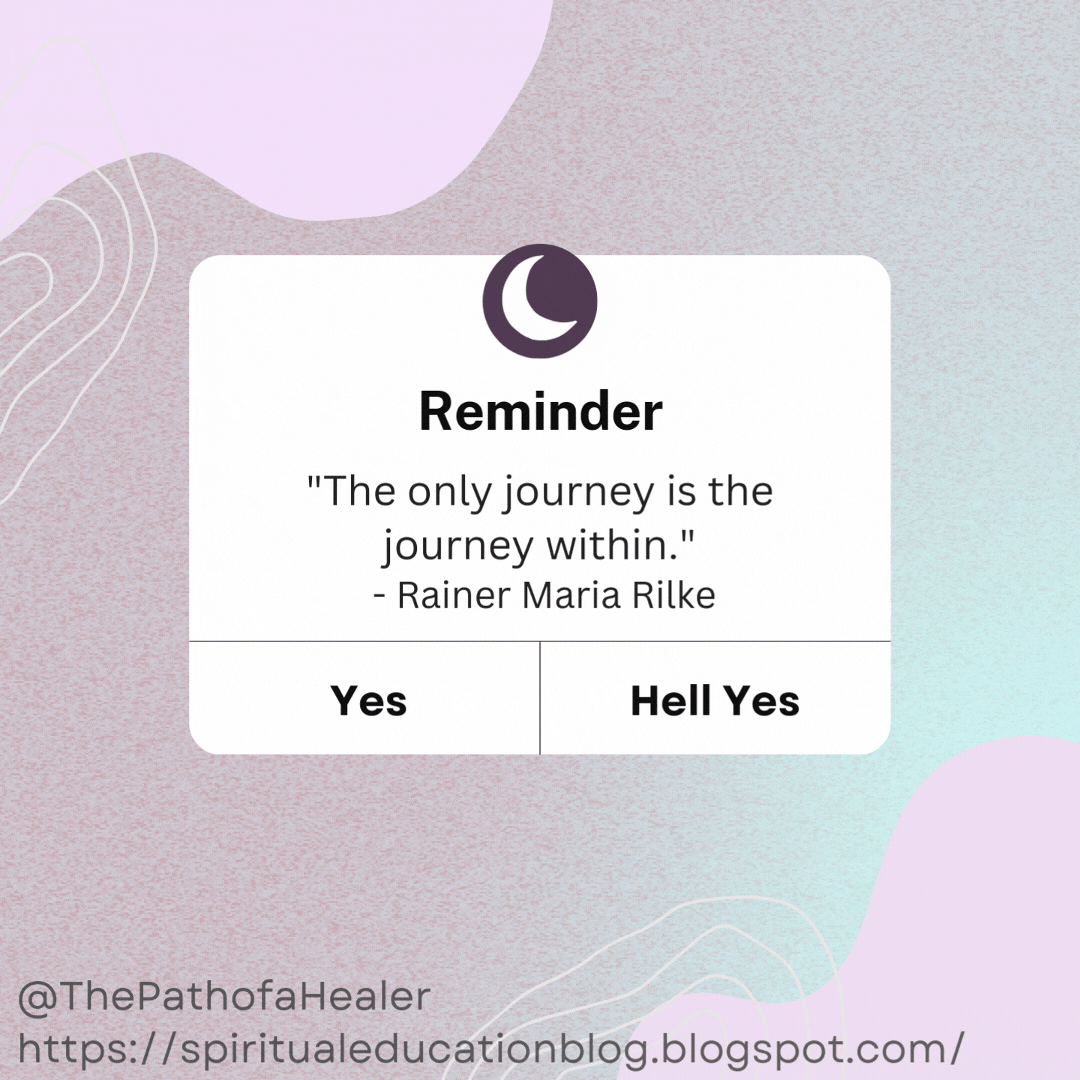

Learning how to connect with spirit feels like trying to tune into a radio station, you know the signal is there, but finding the right frequency takes practice and a lot of patience for most people. There are a few who are born with this ability but most of us must practice to connect. Listening to the voice of spirit is the act of paying close attention to your intuition or inner guidance, often referred to as a way to connect with a higher power or spiritual presence, where one attempts to discern subtle messages or promptings beyond their conscious thoughts, generally this occurs through mediation, prayer, or deep reflection. This practice is where you try to understand the "voice" of spirit or Holy Spirit" (in religious context) by being receptive to subtle feelings, thoughts, or impressions that may guide your decisions and actions. There are several key elements we can explore here on leaning to connect with spirit: Creating sacred space, meditation, recognizing source energy and guidance, and learning to listen with our heart rather than our ears are a few ways we will explore today. Our journey with spirit is unique to each person, yet there are universal principals to help all of us strengthen that bond. There are both timeless and practical techniques to help you develop a more meaningful presence with spirit. When we say listening to spirit do we truly understand what that means?
Understanding Spirit
For some the concept of source energy, spirit, God, Holy Spirit, Universe or what ever you prefer to call it is an abstract concept rather than a living presence. Until you experience spirit for yourself it is hard to describe it to you. However, several religious and non-religious texts describe it as our divine helper sent to teach us all things and to remind us of everything source has said to us. Some call it guides while others call it holy spirit, I am sure there are other names as well. Spirit has been described as a guiding force or inner wisdom, a subtle presence that offers insight and intuition, helping navigate life's complexities and prompting us towards personal growth. It is a deeper aspect of ourselves, rather than a deity or supernatural being. It connects us to a greater understanding of the universe and our place within it. We access spirit through meditation, prayer, deep reflection, and moments of deep connection with nature. So listening to spirit means to connect with that deeper aspect that is there to guide us and provide us insight, wisdom, and messages from source.
Inner Voice
Have you ever thought about the power of you inner voice? Not only does it guide your conversations with others but it has the profound potential to be a catalyst for transformation, opening doors to higher consciousness and spiritual growth. We all know the power of our inner voice when we think of it, but in a negative context. We've likely all experienced our own negative self talk and how it effected our perception of our world. When on the spiritual path we strive to use that inner voice for positive change instead. Embarking on a journey into the realm of vocal expression and exploring how to harness the power of your inner voice to awaken your soul and lead you towards spiritual enlightenment. Your inner voice is not always an audible voice, although it can be, It is more of an inner knowing or having a sudden thought that feels significant. But we have so many voices and inner thoughts in our mind. How can we tell when we are listening to spirit and not just the daily ramblings in our head?
Is it really spirit I am Hearing?
I once asked a psychiatrist friend what the difference between schizophrenia and enlightenment was when "hearing" voices. His response was "well what are the voices saying? are the negative things that coerce you into doing things that are morally or wrong or are they helping you"? Spirits voice is always with you it is a matter of tuning into to it and not the other voices in your head. Spirit is going to bring thoughts of peace, quietness, assurance, helpful advice, and kindness to self and in thoughts of others. For example, when I was six years old I was nearly shot, and I would have been if a male voice had not spoken in my right ear. He said "go out the back door and around to the front of the house now"! I did. When I got to the front of the house my mother came running out asking me where my brother and sister were and she was frantic. Her partner had pulled a gun on her when she told her she was going to leave her. they struggled with the gun and it went off. The bullet would have hit me where I had been standing. Unfortunately, her partner then turned the gun on herself. I did not hear or see any of it, because of spirit.
Conversely, other self voices tend to murmur about conjured up perceived injustices, they whisper judgements about others, they tempt us to do acts we morally would not do, they lie to us when we look in the mirror, they justify our spending beyond our means, they make us prideful and help us blame others instead of taking responsibility for our part, and so much more. It is hard to quiet those voices especially in these fast-paced chaotic times we live in. There are practices to help us shut out those voices and help us listen to spirit instead which will bring us a sense of peace and well-being as well and help us feel better in general.
How to Listen to Spirit
As I mentioned earlier in this blog, it may not be an actual voice like the example I shared of my experience. For me is is more often an inner knowing about things, much like intuition but with absolutely no doubt about the information. For you it could be a feeling, a knowing, an actual voice, or other signs. The first step in learning to listen to spirit is to start practicing how to quiet your mind and all the other voices talking to you. By now if you have been following this blog you will recognize these some of these practices including:
Meditation: An important practice for quieting the mind and opening yourself to communicate with spirit, receiving inner guidance, and allowing you access to subtle messages or intuition.
Creating Sacred Space: This gives you a place where you will not be disturbed, using this space to meditate or pray builds up energy, and a place away from the hustle, bustle, and chaos of daily life where you may truly relax and connect. Some use a closet, a place in you yard, a space set aside in the corner of the room. It doesn't have to be fancy, just comfortable and used just for your spiritual practice.
Mindful Breathing: Deep conscious breaths help calm the mind and create a space for listening to spirit.
Nature Immersion: Spending time in natural environments enhances connection with the spiritual realm, allowing you to feel more attuned to subtle energies. Nature is also grounding and can promote profound insights from spirit.
Journaling: Writing down your thoughts feelings and insights you receive during self reflection and meditation can help you decipher messages from spirit.
Contemplation or Prayer: Engaging in quiet contemplation or prayer can be a way to actively seek guidance or connection with a higher power.
Listening to Your Body: Paying attention to physical sensations like gut feelings, aches and pains, or sudden energy shifts can be a way your body is giving you messages from spirit. I personally get head to toe gooseflesh with messages from spirit.
Dreams: Recording and analyzing your dreams can offer insight into potential messages from spirit.
Creative Expression: Making art, drawing, painting, creating music, or writing can be a way to tap into your inner wisdom and express spiritual messages.
Synchronicities: Pay attention to patterns and synchronicities around you. Songs that match what is going on in your life, things popping up on you social feed that wouldn't normally be there, repeating numbers. Hearing something mentioned my multiple people throughout a day with the same message. all of these are ways spirit tries to reach us, we just need to pay attention.
As you start practicing these techniques and find what works best for you there are some important aspects of connecting with spirit to be aware of.
Important Aspects of Listening To Spirit
As with all spiritual practice there are things to keep in mind to help you get the best results out of your practice. These are:
Intention: Before each practice you need to set the intention to listen and be open to receiving messages from spirit.
Non-Judgement: Do not judge or dismiss insights you receive, accept your inner voice with curiosity and acceptance.
Trust: Believe in your ability to receive guidance and trust your intuition.
Patience: Spiritual messages are not always forthcoming or clear so you need to have patience and let the insights unfold.
Remember you are looking for those messages that are beneficial to your growth not ones that lower you vibration. It will take time to quiet the negative voices as they have been able to speak freely for your entire life. Messages from spirit are going to help you grow personally and lead you towards spiritual enlightenment.
Conclusion
Listening to spirit is like trying to fine tune to a radio station, you have to find the right frequency. Spirit is described as a guiding force or inner wisdom, a subtle presence that offers insight and intuition, helping navigate life's complexities and prompting us towards personal growth. It is a deeper aspect of ourselves, rather than a deity or supernatural being. It connects us to a greater understanding of the universe and our place within it. We access spirit through meditation, prayer, deep reflection, and moments of deep connection with nature. Your inner voice is not always an audible voice, although it can be, It is more of an inner knowing or having a sudden thought that feels significant. Listening to spirit may manifest in signs and symbols around you like a song on the radio, a video recommended to you on YouTube, numbers that repeat, or other synchronicities. We use the same practices to hone our ability to listen to spirit as for all spiritual practices like mediation, connecting with nature, journaling, and mindful breathing. We also can listen to our body signals, analyze or drams, and create a sacred space to listen to spirits messages. When we are on a spiritual path it is important to maintain the principles of setting intent, using non-judgement, trust, and patience. This is work and spirit may not always be clear or immediate in its messages. So be attentive and look for messages all around and within you.
References
GrowingInTime.com. (2024, Nov 18). How to Connect with the Holy Spirit (and Experience a Richer Spiritual Life). Retrieved from Growing in Time: https://growingintime.com/how-to-connect-with-the-holy-spirit/
Heather. (2025). Sacred Space: Why You Need It + How to Create One in Your Home. Retrieved from Energy Muse: https://energymuse.com/blogs/guides/create-sacred-space-meditation
Meder, A. L. (2024, Dec 08). 10 Daily Activities To Improve Your Connection To Spirit. Retrieved from Amanda Linette Meder: https://www.amandalinettemeder.com/blog/2014/5/19/10-daily-activities-to-improve-your-connection-to-spirit
Monacelli, PhD, R.M., C. (2023, Aug 19). Awakening the Soul: Your Voice as a Path to Spiritual Enlightenment. Retrieved from Claudia Monacelli: https://www.claudiamonacelli.com/post/awakening-the-soul-using-your-voice-as-a-path-to-spiritual-enlightenment
#VoiceOfSpirit #InspireCreativity #OpenHearts #ListenClosely #JourneyWithin
Quote: "The only journey is the journey within." - Rainer Maria Rilke
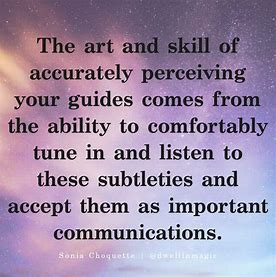



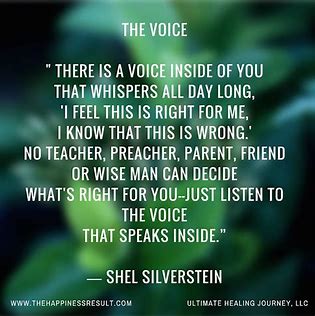

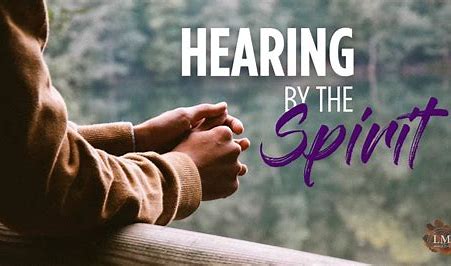

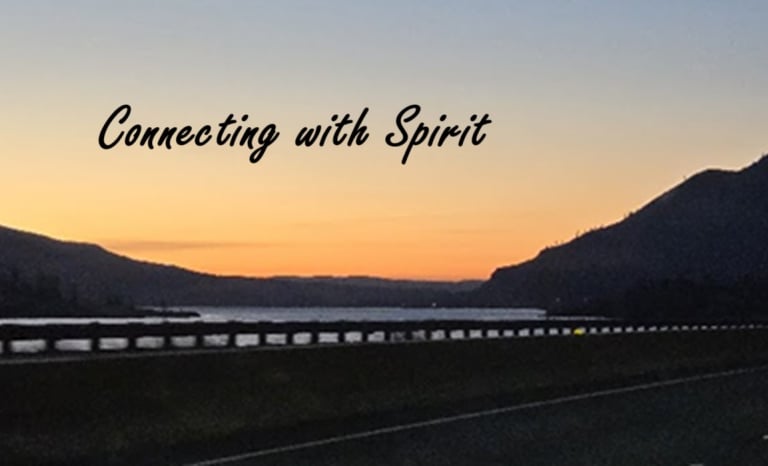

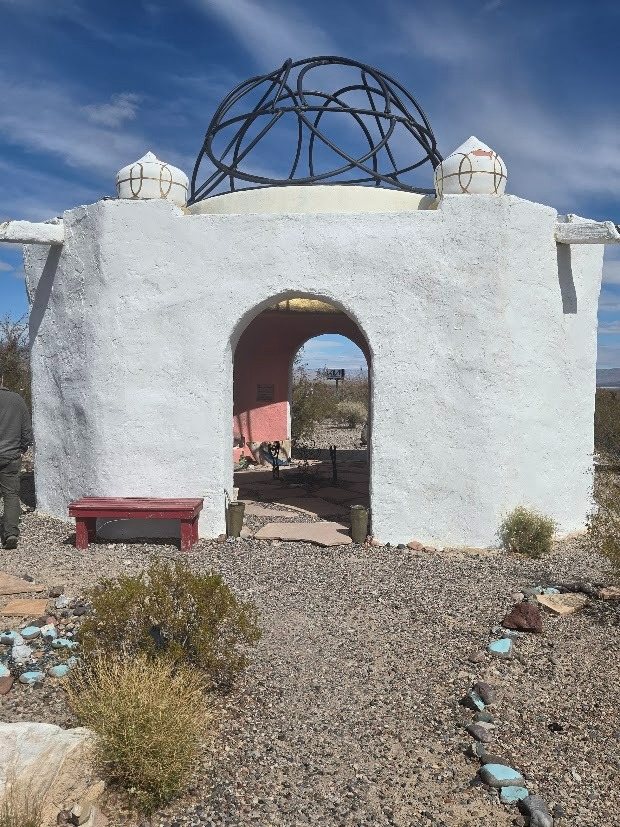

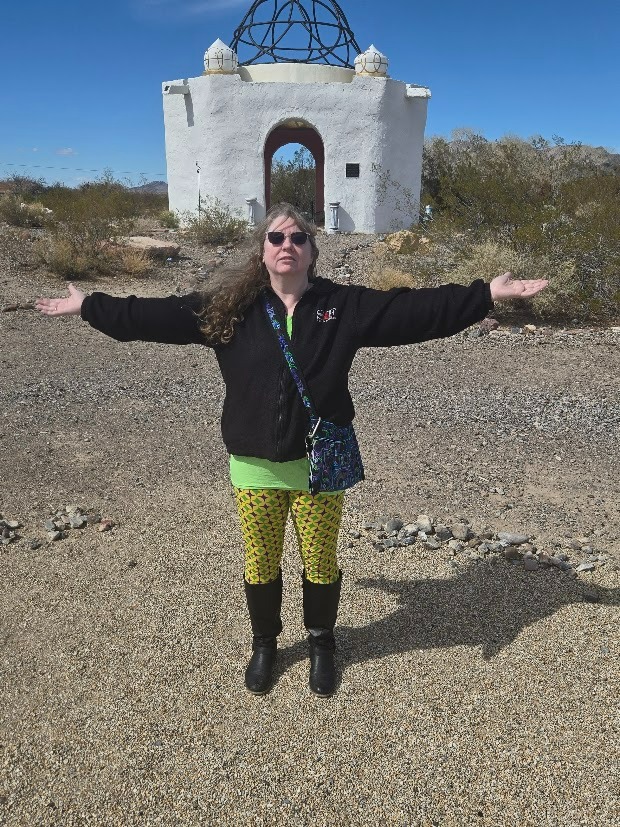





13. Embracing the Unknown
"Fear not the unknown, for it is a step towards spiritual growth. Trust the journey and the lessons it brings. 🚀"
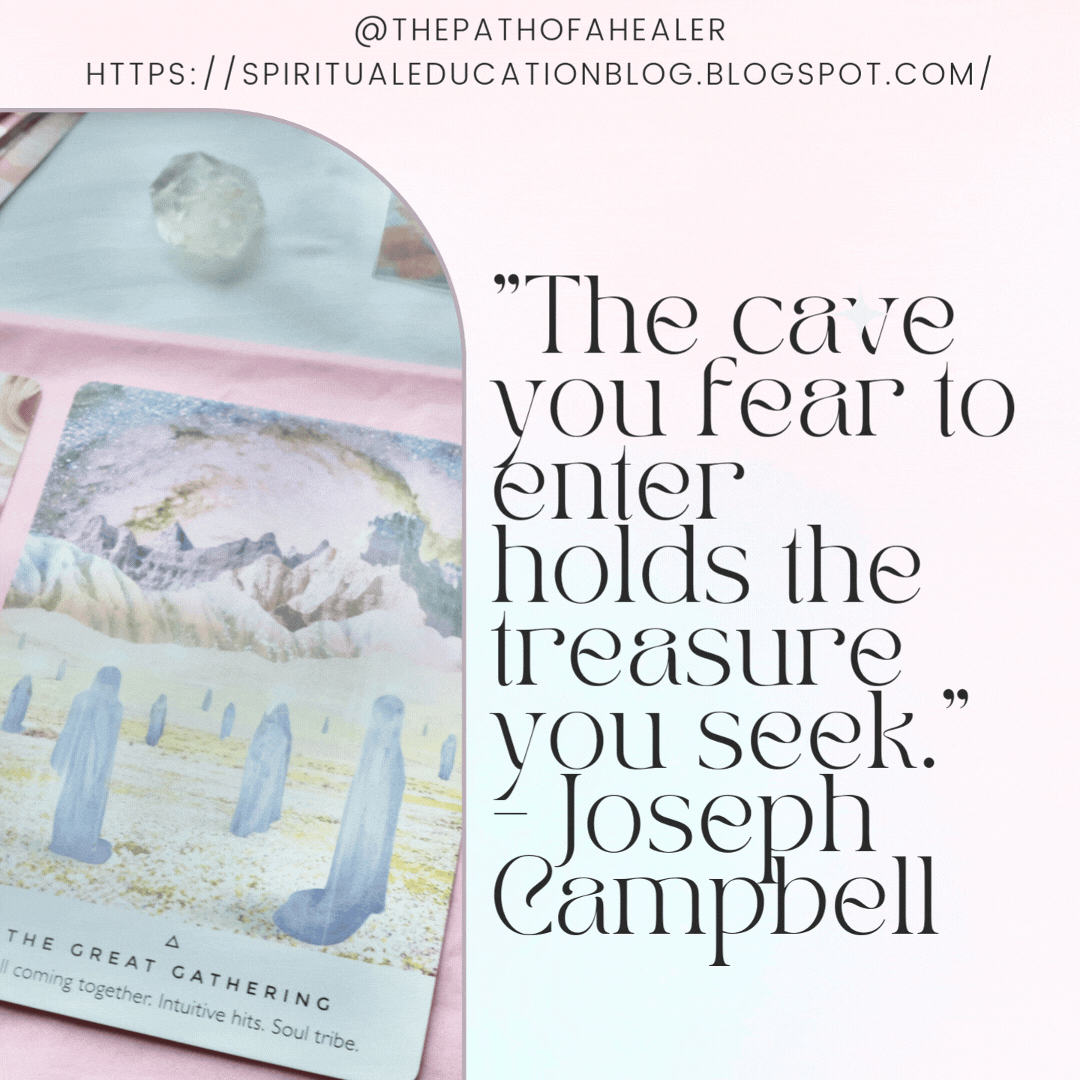

When referring to spirituality, embracing the unknown means approaching life with a spiritual perspective the welcomes uncertainty and mystery, viewing the unknown not as a threat but as an opportunity for growth, discovery, and a deeper connection to something greater than oneself: it is about trusting the unfolding of life even when your path is unclear, allowing a sense of wonder and an openness to new experiences. In my life I have formed a motto to the effect: Fear is the detriment of life. This means if you are too fearful you do not go out and actually live life.
The Growth Zone
Life is full of opportunities but in order to take those opportunities you have to be willing to step out of your comfort zone. The comfort zone is an area where growth stagnates. Stepping out of the comfort zone leads to learning and growth, fosters self-actualization, resilience, a growth mindset, and greater self-efficiency. Taking small steps, reframing stress, and embracing challenges like learning new skills or exploring creativity can help you step out of your comfort zone (Page, 2020). According to Page, (2020), “The comfort zone is a behavioral state withing which a person operates in an anxiety- neutral condition, using a limited set of behaviors to deliver a steady level of performance, usually without a sense of risk.”
When we walk the spiritual path there are many unknowns we will face. Even the decision to start on your spiritual path is a step out of your comfort zone. Change, even when for the good, carries an undercurrent of apprehension and fear. We should not let this bind our potential. Embracing spiritual change is learning to dance in the rain, transforming daunting unknowns into pathways for growth and renewal. There are ways we can work through this trepidation and fear to embrace change and embrace spiritual growth.
Overcoming the Fear and Apprehension
There are many ways to leave your comfort zone by lessening the apprehension and fear and moving into the growth zone. Here are seven ways you can use to overcome the fear of the unknown:
Acknowledging and Understanding Your Fears: This process is about stripping down the layers of anxiety and uncertainty, pinpointing the exact roots of the trepidation clouding your mind. Taking an honest exploration of these fears is more than an act of bravery, it is arming yourself with the necessary insight to face the unknown. By making ourselves aware of this differentiation between imagined fears and genuine concerns provided a clear perspective and allows a targeted approach to handle them making sure we are not fighting shadows but the tangible fears with resolve and precision (Thrive Family Counseling, 2021).
Exploring the Unknown: A vital aspect of managing change, a journey into areas we are unfamiliar with may seem daunting initially which is why direct confrontation with the unknown dispels the fog and anxiety and unravelling a clear path ahead for you. When you delve into the unexplored loses its uncertainty and is no longer intimidating. This promotes confidence and clarity that lead to feelings that become a compass guiding you through the intricacies of change. The unknown is then no longer a menacing abyss but a path of discovery and understanding (Thrive Family Counseling, 2021).
Crafting a Solid Plan: creating a realistic, detailed, plan is paramount when facing change. A comprehensive plan, including logistical details through emotional preparation, will be your guide to get through the uncharted territories of change. Having a meticulous plan also keeps you grounded and allows you to navigate the nuances of the transition with assurance and calmness.
Implementing Different Strategies: Having a diverse plan is not just a tactical move, these strategies help overcome fear and anxiety. They are also essential for mental and emotional stability. Using a variety of tools and techniques acts as a fortified shield. Additionally, having a flexible plan helps guard your mental well-being as you progress through change. The practices used to advance you spiritually are also helpful in the process of change: Mindfulness, mediation, seeking nature, as well as seeking professional guidance, having many strategies ensures you are not defenseless against the tides of uncertainty and fear (Fisli, 2023).
Team Up with the Right People: You do not have to walk the path of change alone. Surround yourself with people who are reliable and supportive. These can be local spiritual or religious groups or online groups. The right support network operates as a buffer, softening the unexpected blows that change can bring. This network becomes the backbone that holds you steady and you travel your path to spiritual growth and enlightenment. The right group also has people who have been through the process and can answer any questions that come up for you which also helps alleviate fear and apprehension.
Embracing Opportunity and Growth: Viewing change and the unknow as opportunities for growth is probably the most important transformative step. By reframing your mindset to perceive the unknown not as some lurking beast in the shadows but as the gateway to personal evolution. This shift in perspective transforms the journey through the unknown from a dangerous endeavor to a voyage of growth, learning, and self-discovery.
Strengthening Your Relationships: while making changes to your life it is important to have the support of your family. It is difficult to make progress if your family does not support your journey. On the other hand, if they are supportive, they become a robust pillar for you to lean on offering your stability and understanding to help you walk the path to spiritual enlightenment.
Conclusion
Unless you want to stagnate and keep the status quo of where your life is right now, change is inevitable. Overcoming the fear and trepidation that comes with change, it is crucial that we learn to navigate this inevitable reality. Understanding and acknowledging our fear, seeing change as an opportunity for growth, and applying the strategies for navigating change allow us to thrive in this face of change. Using these steps provides practical and reliable support, letting us move forward with confidence and resilience. Thus, making the unknown seem less intimidating and preparing us for new challenges as they arise. When referring to spirituality, embracing the unknown means approaching life with a spiritual perspective the welcomes uncertainty and mystery, viewing the unknown not as a threat but as an opportunity for growth, discovery, and a deeper connection to something greater than oneself: it is about trusting the unfolding of life even when your path is unclear, allowing a sense of wonder and an openness to new experiences.
References
Fisli, L. (2023, Dec 30). Embracing Uncertainty: Spiritual Tools for Navigating Change. Retrieved from IcanBeLinitless.com: https://www.icanbelimitless.com/post/embracing-uncertainty-spiritual-tools-for-navigating-change
Page, O. (2020, Nov 04). How to Leave Your Comfort Zone and Enter Your ‘Growth Zone’. Retrieved from Positive Psychology: https://positivepsychology.com/comfort-zone/
Thrive Family Counseling. (2021). Overcoming the Fear of the Unknown How to Embrace Change and Thrive. Retrieved from Thrive Family Counseling: https://thrivefamilycounseling.com/blog/overcoming-the-fear-of-the-unknown-how-to-embrace-change-and-thrive/
#EmbraceTheUnknown #SpiritualGrowth #TrustTheJourney #FaceYourFears #CampbellQuotes
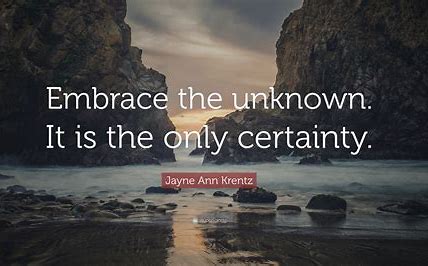

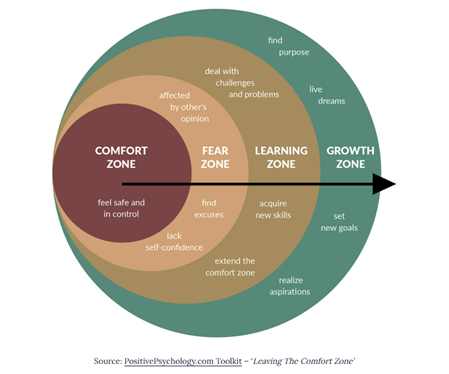



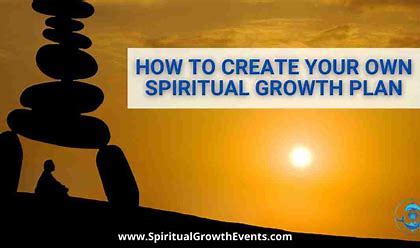

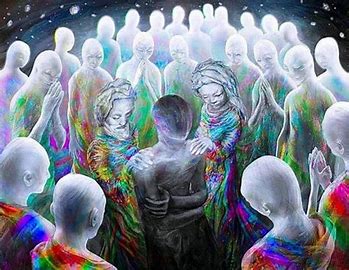





14. Discovering Spiritual Wellness
"Spiritual wellness is about finding meaning and purpose in life, living in harmony with our deepest values. 🌟"
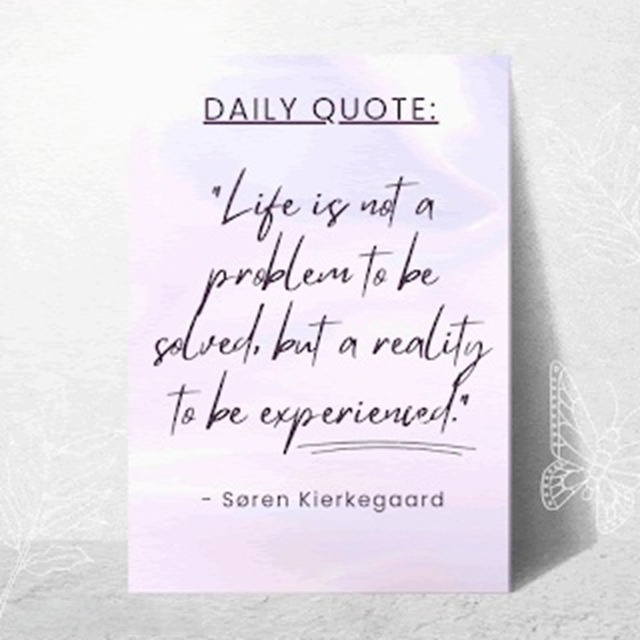

Spiritual Well-being, although not necessarily about religion it can involve religion depending on your beliefs, is about finding purpose, meaning, and a connection to something greater than oneself (The Coach Space, 2025). Spiritual wellness provides us inner peace, has a positive impact on our mental, emotional, and physical health by reducing stress, teaching us how to manage difficult situations, and helping us maintain our positive relationships with others and ourselves, contributing to a more fulfilling life. The human spirit is the most neglected part of ourselves and if we take care of our spirit through regular practice, we will survive, thrive with grace, even in the face of difficulty (University of New Hampshire, 2025). We obtain spiritual wellness through our daily practice of meditation, mindfulness, self-reflection, journaling, practicing kindness and compassion, acts of service and participating in a spiritual community for support. Spiritual wellness can be measured by having certain signs we can see or feel in our lives. Let’s look deeper into the subject.
Spiritual Practices
There are many ways to practice spirituality from a variety of spiritual traditions. There is no right or wrong way to practice as each individual person must find which practices work best for them. But one must try the practices mentioned to find out what they resonate with. These are not the only practices for improving spiritual wellbeing, but the common ones.
Meditation: One of the most important practices for spiritual wellbeing as it teaches us to quiet our mind, find inner peace, and connect with our true selves. There are many forms of meditation including:
Mindfulness Meditation- Originates from Buddhist teachings and involves paying attention to your thoughts as the pass through your mind. You don’t become involved in them or judge them you simply observe and take note of any patterns. Mindfulness meditation combines concentration and awareness. Some find it helpful to find an object to focus on, or to focus on your breath while observing any bodily sensations thoughts, or feelings that arise. This type of mediation does not require a teacher and can be done alone. Mindfulness Meditation
Spiritual Meditation – Used in most religious and spiritual traditions. As diverse as the world’s spiritual traditions themselves. Many of these listed meditation practices could fall under this category. Spiritual meditation focuses on developing a deeper understanding of spiritual and/or religious meaning and connection with a higher power. For example:
Contemplative prayer
Sufi dhikr (remembrance of God)
Jewish kabbalistic practices
Spiritual meditation may be practiced at home or the place of worship. It is beneficial for those who seek spiritual growth and a deeper connection with their inner self and a higher power. Spiritual Meditation
Focused Meditation- This practice involves concentration using all 5 of your senses. You can focus on your breath or an outside source like counting mala beads, listening to a gong, staring at a candle flame, or even moon gazing. It may seem simple but when first beginning it may be difficult to hold your focus for longer than a few minutes. If your mind wanders, simply bring it back to your focus and continue. This is an ideal meditation practice for those wishing to improve their focus and attention span.
Mandalas: or Sacred circle in Sanskrit, Mandalas are used by many spiritual traditions to facilitate mediation and are used as a transformative tool to assist with healing.
Movement Meditation – There are several forms of movement meditation and may include: Yoga, walking, gardening, qi gong, tai chi, trance dancing, and other gentle forms of movement. With movement meditation you are in an active form where the movement guides you into a deeper connection with your body in the present moment. A great form for those who wish to develop body awareness and find peace in action. Movement Meditation
Labyrinths: Used for walking meditation and as a prayer tool, they assist in finding peace and clarity, managing stress, assisting with decision making, self-exploration, and reflection
Yoga: Yoga means union and this practice integrates mind, body, and soul together. It is used to care for the entire body, is beneficial for overall health, and for specific illnesses and conditions.
Mantra Meditation – Prominent in many Hindu and Buddhist teachings, mantra meditation uses repetitive sound to clear the mind. You have probably heard of the “om” chant, this type of mantra can be a word, or phrase. Spoken either loudly or quietly these chants or mantras allow you to be more alert and in tune with your environment and help you experience a deeper level of awareness. Some find this an enjoyable experience because they find it easier to focus on a word rather than their breath. While others enjoy the vibration of the sound in their body. Also, a good practice for those who don’t like silence. Mantra Meditation
Transcendental Meditation (TM) – founded by Maharishi Mahesh Yogi this is a specific practice designed to quiet the mind and induce a state of peace and calm. This practice involves the use of a mantra and is best taught by a certified practitioner. Here is an introductory video if you wish to learn more: Transcendental Meditation
Progressive Relaxation aka Body Scan Meditation- this practice is aimed at reducing tension in the body and promoting relaxation. This practice sometimes involves tightening and relaxing your muscles on group at a time. At times it involves imagining a gentle wave running through your body or light going over your body to induce relaxation. This is a great meditation to use just before bed to relieve stress and unwind before sleep.
Loving-Kindness Meditation – this meditation is used to build feelings of compassion, kindness and acceptance for yourself and others. It involves opening the mind and accepting love from others and then sending well wishes to others including friend, loved ones, family, acquaintances and all living beings. This meditation is ideal for those holding on to anger and resentments as it promotes kindness and compassion. Loving-Kindness Meditation
Visualization Meditation- this technique focuses on enhancing feelings of relaxation, peace, and calmness using imagining positive scenes, images, or figures. For example, you may imagine a scene vividly and using all five senses add as much detail as possible. It may involve keeping a beloved figure in mind with the intention of embodying their qualities. It could be you imagining yourself reaching a goal you have set and feeling as if it has been met and feeling as if it has. This increases you focus and motivation. This method may also be used to improve one’s sense of wellness by boosting their mood, reducing stress levels, and promoting inner peace. Visualization Meditation
The benefits of regular meditation can be profound helping you experience less stress, improved self-awareness, and improved overall wellness and well-being.
Journaling - It is important to document your intuitive experiences so you have a reference point of how you are improving. When you feel like you have been guided by your intuition write it down, what led to those feelings? By writing it down you will start to see patterns through reflecting on your entries.
Mindfulness Practices - Practicing mindfulness helps you stay present and attuned to your thoughts and feelings. It is easier to hear your inner voice and recognize those intuitive nudges when you are fully aware of the moment.
Trust Your Feelings - When you are faced with a decision or situation pay attention to your "Gut feelings" or emotional responses. Trusting these feelings help to reinforce the connection between your mind and body while also validating your intuitive insights. The more you have validation the stronger your intuition will be.
Spend Time in Solitude - Being in nature or a quiet setting creates an environment that promotes intuitive exploration. Solitude allows time for introspection and clarity without the distractions.
Be Creative - Engaging in creative outlets opens a channel for intuition to flow freely. When we are drawing, painting, dancing, singing, playing music, or writing we promote an environment where intuitive thoughts can emerge without judgement.
Creative Expression - Writing, Art, Music, and other creative outlets are potent spiritual mediums. These types of activities allow you to channel emotions, explore your thoughts, and connect with something greater than yourself.
Movement and Breathwork - Physical practices like Yoga, tai chi, Qigong, dance and even walking mediation integrate the body and mind. Breathwork further deepens this connection and promotes relaxation.
Gratitude Practices - Cultivating gratitude helps shift your focus to the more positive aspects of your life. Writing down three things you are grateful for each day is a simple and effective way to develop this habit.
Signs of Spiritual Wellness
We discuss practice throughout most of these blog articles, but how do we know our practice is doing anything. The changes are so subtle at times they happen before we are even aware of it. Before we know it we don’t think we are making progress and read something that helps us realize how much progress we have already made. Here are signs of spiritual wellness:
Developing a purpose in life.
Having the ability to spend time alone without feeling lonely.
Taking time to reflect on the meaning of your life events.
Having a clear sense of right and wrong, and acting accordingly.
Having the ability to explain why you believe in what you believe.
Caring and acting for the welfare of the environment and for others.
Being able to practice forgiveness and compassion in life.
Like many things in life spiritual wellbeing is a continuum, and you may be experiencing all of these and there may be times you experience a few, and other times you don’t experience any of these signs. It is a good check-in guide to motivate you to continue your daily practices because when you are in the place of saying yes to all these signs, life is in the flow, and everything is just falling into place for you. It is a wonderful feeling. According to University of New Hampshire (2025) if you are missing a few of these signs you could try the following:
Allowing yourself time to be alone.
Pray or reach out to a higher power.
Think about the meaning of life.
Take walks in nature.
Observe and honor the transformation of each season.
Pause to remind yourself that life isn’t all about you.
Put down your phone and turn off your electronics to just be for a minute.
Practice activities that allow you to slow down.
Participating in these practices will improve your spiritual wellness. In addition to the standard methods that have been discussed like mediation, connecting with nature, mindfulness, journaling, etc.
References
The Coach Space. (2025). The Role of Spiritual Well-Being in Overall Health. Retrieved from The Coach Space: https://thecoachspace.com/blog/spiritual-well-being-overall-health/
University of New Hampshire. (2025). Spiritual Wellness. Retrieved from University of New Hampshire: https://www.unh.edu/health/spiritual-wellness
#SpiritualWellness #FindMeaning #LiveInHarmony #DeepValues #KierkegaardQuotes
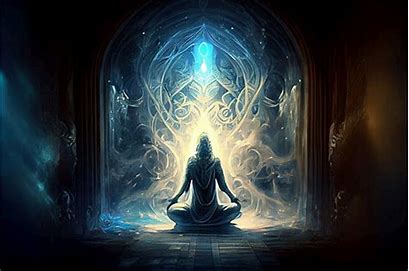

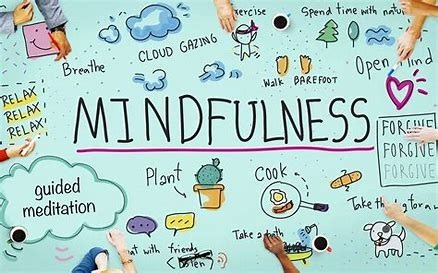

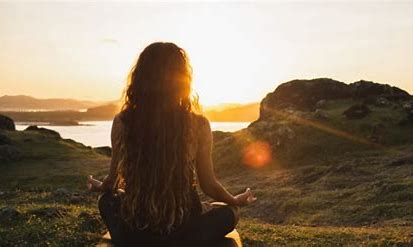

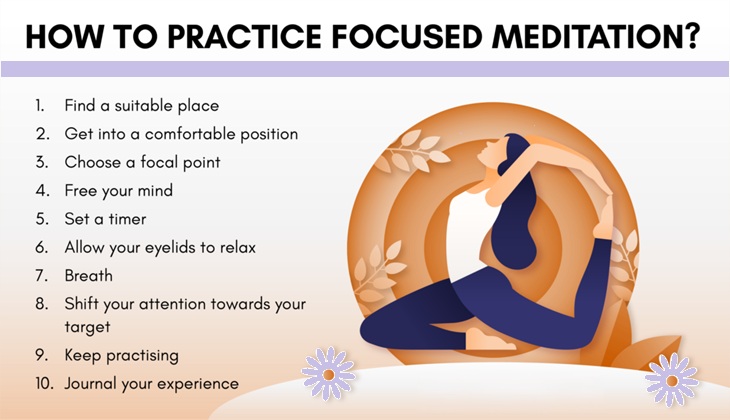



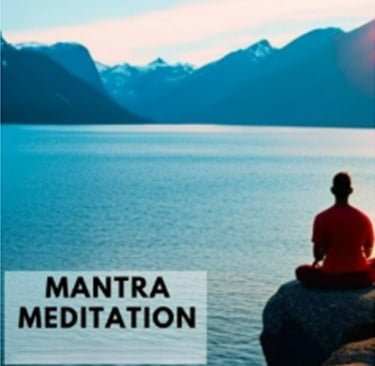

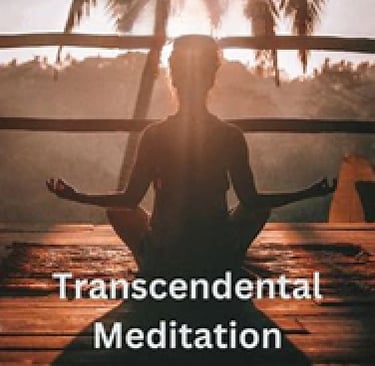



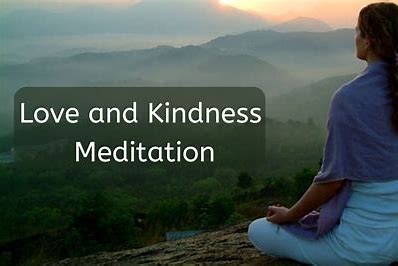

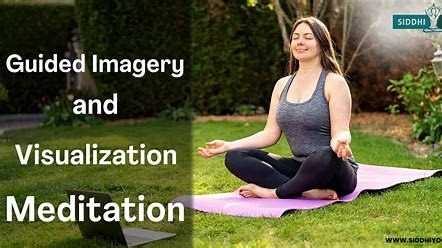

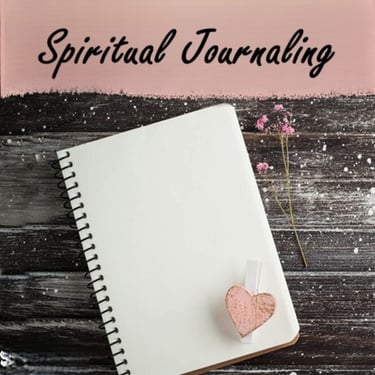
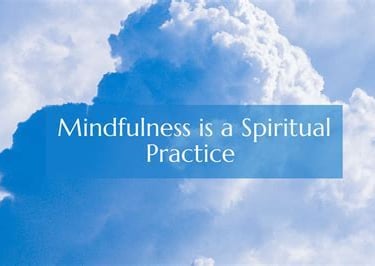
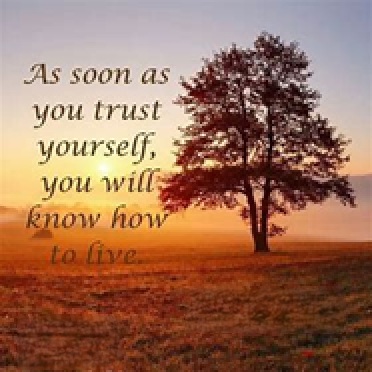
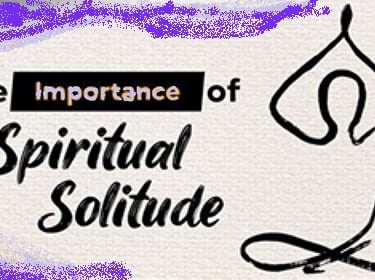
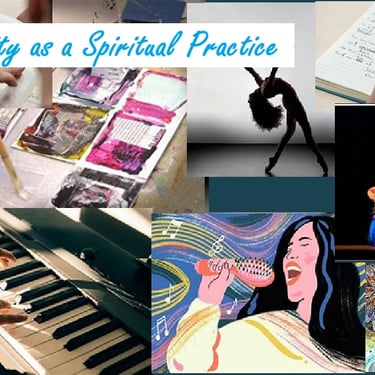

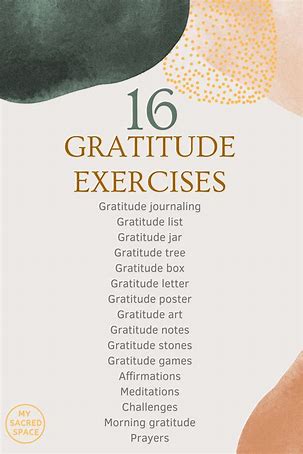

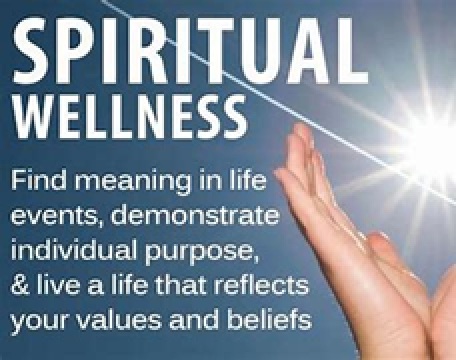

15. Balancing Material and Spiritual Lives
"In a world focused on material gain, seeking spiritual growth is revolutionary. Let's find the balance between our physical needs and spiritual aspirations. ⚖️"


Balancing our spiritual life and our material life can be a challenge, but a necessary one. In Buddhist philosophy enlightenment is referred to as the essence of who we are. We come here to Earth to learn and grow and mature spiritually towards self-realization or self-actualization (Adams, N.D.). According to Parker (2024), achieving harmony and balance between your spiritual life and material pursuits is a realistic and beneficial goal. If we focus too much on one aspect of these two sides of our life, we become unbalanced and potentially unwell from it. In this fast-paced world we have many priorities pulling at us, from our jobs, and family, to our dreams and anxieties, all pulling in different directions. At times we are drawn to activities, places, or even people without knowing why. Trying to manage all these responsibilities can also cause imbalance (Heartfulness: Advancing in Love, 2025). It is a dynamic equilibrium that requires prioritizing personal values, setting boundaries, and developing a sense of gratitude for all the blessings in your life, both tangible and intangible (Parker, 2024).
Using spiritual practices that enhance spiritual awareness and mindfulness with a healthy appreciation for material success may lead to a more fulfilling life. Leading a spiritual life does not require that you shun worldly bonds and pleasures, rather that becoming more mature and adding more substance to your life (Pillai, Dr, 2021). Our path of spirituality emphasizes our inner happiness over our external satisfaction, and being in complete harmony with nature.
To balance spiritual and material life effectively
Finding this balance requires us to evaluate our values and beliefs Some walking a spiritual path may struggle with feeling one way is better than the other, either they back off from their spiritual practices because it is not easy to practice, or they may feel the material world draws sin to them and denounce it. Neither of them are balanced thoughts. A good example of this is if you go too far to the spiritual side, you will not have money to pay your bills and could end up homeless. On the other hand, if you ignore your spiritual practice because you are too busy buying material things and have to work more to get them, again you are not in balance. So, let’s look at ways to maintain this balance:
Values: most importantly we must understand our values. If we do not understand our values, we cannot set our boundaries. For example, if it is important for you to spend time with your family every Saturday it would be important for you to find a job that allows you that time for your family. If that is not possible you may have to develop an alternative plan to spend time with your family.
Contemplation: Take a few minutes before you get started each day to devote a small amount of time to contemplate your actions and thoughts. Are your plans for the day going to bring you or someone else happiness? Try to look at it honestly and decide accordingly on your plans for the day.
Daily Practice: To live a fulfilling life is the ability to master the alignment with the spiritual and the material. It is important to master the spiritual principals daily amidst the external challenges. This will bring you into closer alignment with your true self.
Action: Action stimulates motion. When you take action, life or the universe will help you to find your path or purpose in life. Without action, there is no motion and stagnation occurs.
Prayer or Meditation: Taking time to quiet your mind or say a small prayer is an ideal way to balance your spiritual and material life.
Acts of Service: Involvement if charity and volunteering is a way to experience significant change in your life and help you find the meaning of life.
Patience: The universe and life vibrate at their own pace. It has its own flow, not fast or slow, just a perfect pace. Nature grows at its own pace, sometimes we need to remember this while going about our day in this fast-paced world. It is good to stop and smell the flowers sometimes.
Find a Mentor: Find someone that is successful in balancing the spiritual and material world. This does not mean I recommend you sign up for an over priced spiritual guru course. You could, but you would likely waste your money on something you can mostly learn for free. A mentor could be found in the community and may not even charge you anything.
Philosophical Counseling: Finding a good counselor can help you understand life and how to balance your spiritual and material world. This is a practice in which a counselor helps an individual on their journey using the wisdom of the philosophers of the ages. They may help you figure out your beliefs and values.
Using these strategies can help you enjoy the benefits of maintain balance in your spiritual and material life.
Benefits of Balancing Spiritual and Material Life
There are innumerable benefits of balancing spiritual and material life. Some of them include:
It helps a person understand life’s realities and lead a complete life.
One who balances the spiritual and material life properly will be down to earth.
Balancing these two will give a significant level of satisfaction to a person.
People can understand their priorities properly by balancing their spiritual and material life.
Attaining balance in these two ways of life would help you gain a macro view of life.
Although these two worlds are two poles apart, by balancing them our lives become more meaningful. Along with your daily practice, follow these steps to work towards achieving balance.
Conclusion
Maintaining the balance between your spiritual and material life is an important aspect of leading a purposeful and fulfilling life. Try making a list of 10 values you find most important to you. Then identify if any of them are not at the level of your values and brainstorm actions to make your actions true to your values. Listen to your intuition and follow your gut instinct to maintain this balance. Apply this to your material world as well to find more balance in your life. After you practice these principles for a few weeks you will find more happiness and peace within. You will be able to live a life true to yourself and find more alignment between your spiritual and material (Adams, N.D.).
References
Adams, R. (N.D.). How To Balance A Spiritual And Material Life. Retrieved from The Suited Monk Blog: https://www.suitedmonk.com/how-to-balance-a-spiritual-and-material-life/
Heartfulness: Advancing in Love. (2025). How can we balance the material and spiritual aspects of lives? Retrieved from Heartfulness: Advancing in Love: https://heartfulness.org/global/how-can-we-balance-the-material-and-spiritual-aspects-of-lives
Parker, D. (2024, Nov 29). Balancing Spiritual and Material Life: Explore! Retrieved from Spiritual Ask: https://spiritualask.com/balancing-spiritual-and-material-life/
Pillai, Dr. (2021, Dec 16). How to balance spiritual and material life. Retrieved from Pillai Center Academy: https://www.pillaicenter.com/blog/balance-spiritual-and-material-life/
#BalanceLife #SpiritualGrowth #MaterialWorld #SpiritualAspirations #SeekingDepth
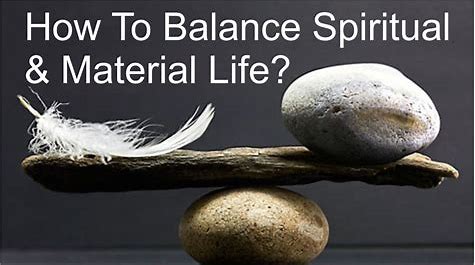

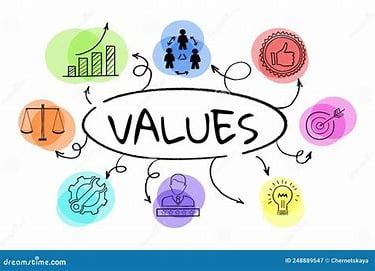
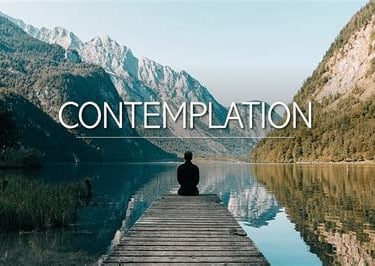
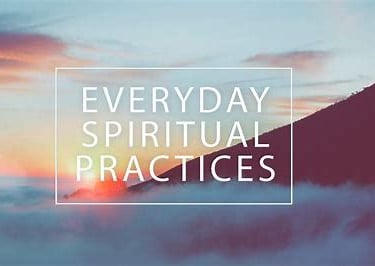

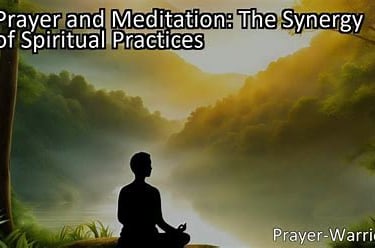

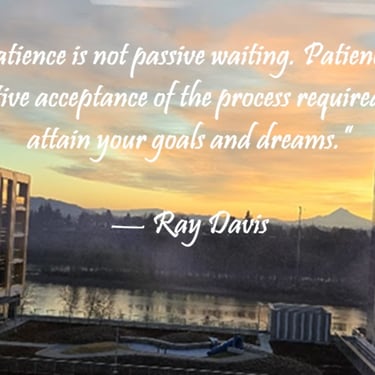
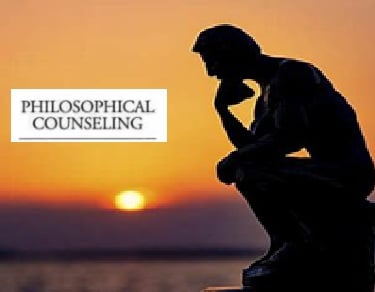


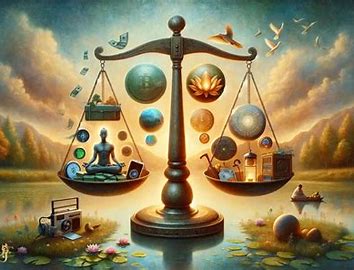

16. Nurturing Inner Spiritual Guidance
"Each of us holds the capacity to connect with our inner spiritual guidance. Let's cultivate this profound source of wisdom and strength. 🌿"
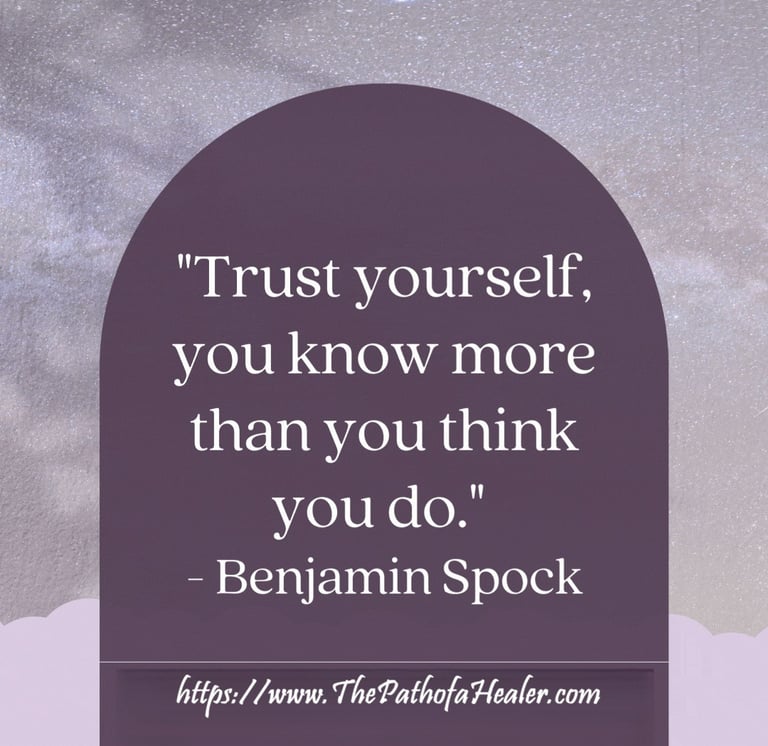

Practices that cultivate intuition, soul connection, and sacred rituals are the way to nurture inner spiritual guidance. This includes the practice of meditation, mindfulness, prayer, spending time in nature, journaling, practicing gratitude, and being of service. Setting your intent with conscious effort to connect with your inner self and the world around you in a more profound and meaningful way. It is essential to have a clear understanding of what this inner spiritual experience entails. These experiences are deeply personal and subjective encounters which evoke a profound sense of interconnectedness, awe, and transcendence, often leading to feelings of inner peace, fulfillment, and well-being (Luke, 2024). They involve tapping into one’s inner essence, exploring the depths of consciousness, and connecting with something greater than oneself. To nurture your inner spirit and deepen your spiritual journey, it is essential to engage in practices that foster a connection with your inner self. These practices can help you tap into a deeper sense of purpose, meaning, and fulfillment. As I have mentioned in other posts, we live in a chaotic fast-paced world. Therefore, it is essential that we nurture our inner selves and find solace and wisdom within. Self-discovery and inner guidance rely on our daily practice to help us tap into our intuition and reconnect with our soul, as well as assisting in establishing a profound connection to our inner voice (Ananda Hum, 2023).
The Power of Inner Guidance
Each of us has an innate inner wisdom within us, a guiding force that knows us better than anyone outside of us, it knows our deepest desires, aspirations, and even our purpose. When we turn to our inner guidance, we can make decisions aligned with our true selves and foster a sense of fulfillment and authenticity. Using practices to quiet external distractions and cultivate our self-awareness can strengthen our connection to this inner compass and awaken our intuition (Ananda Hum, 2023).
Cultivating Intuition
The bridge between our conscious and unconscious mind is our intuition, providing us with a map giving us insights to guide us down the right path. We can sharpen our intuition using meditation, mindfulness, yoga, and other spiritual practices. Creating sacred space where we may enter the stillness and focus our attention gives us a place we may receive intuitive messages that guide us towards clarity and understanding.
Reconnecting With the Soul
Our soul represents our true nature and purpose and carries the essence of our being in this world. To lead a purpose driven life that has meaning for us, requires nurturing a deep connection with our soul. To reconnect with our soul we use practices of meditation, journaling, soul reflection to delve deeper into our psyche and uncover our passions, unique gifts, and dreams. When we align our actions with the whisper of our soul, we feel a profound sense of fulfillment and alignment.
References
Ananda Hum. (2023, July 14). Nurturing Inner Guidance: Cultivating Intuition, Soul Connection, and Sacred Rituals. Retrieved from Ananda Hum: https://ananda-hum.com/blogs/yoga/inner-guidance-cultivating-intuition-soul-connection-rituals
Luke. (2024, Jan 10). Embrace Your Spiritual Awakening: Nurturing Your Inner Spirit. Retrieved from Spirituality Shepherd: https://spiritualityshepherd.com/inner-spiritual/
#InnerGuidance #SpiritualWisdom #NurtureYourSpirit #TrustYourself #GuidanceWithin
